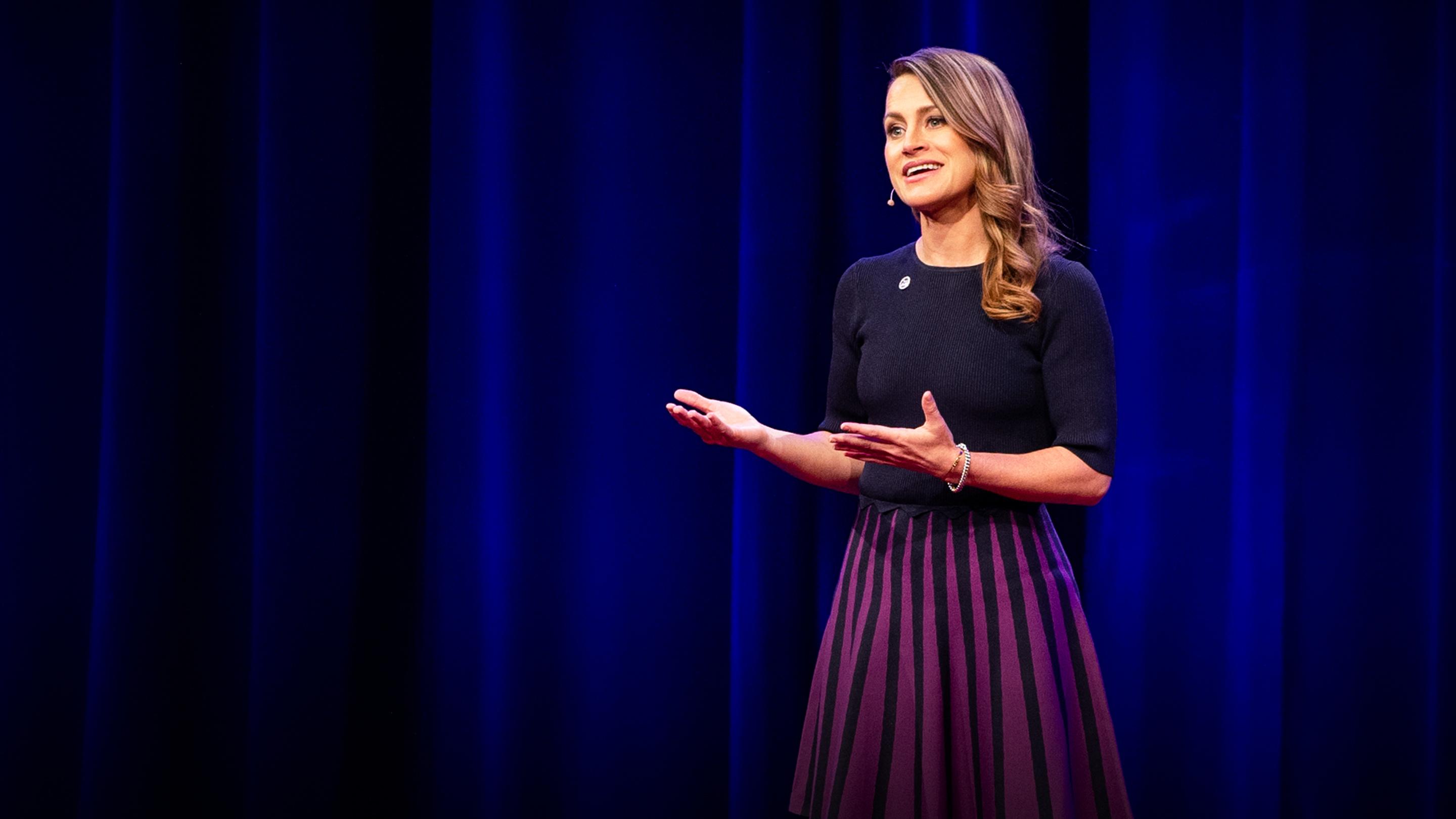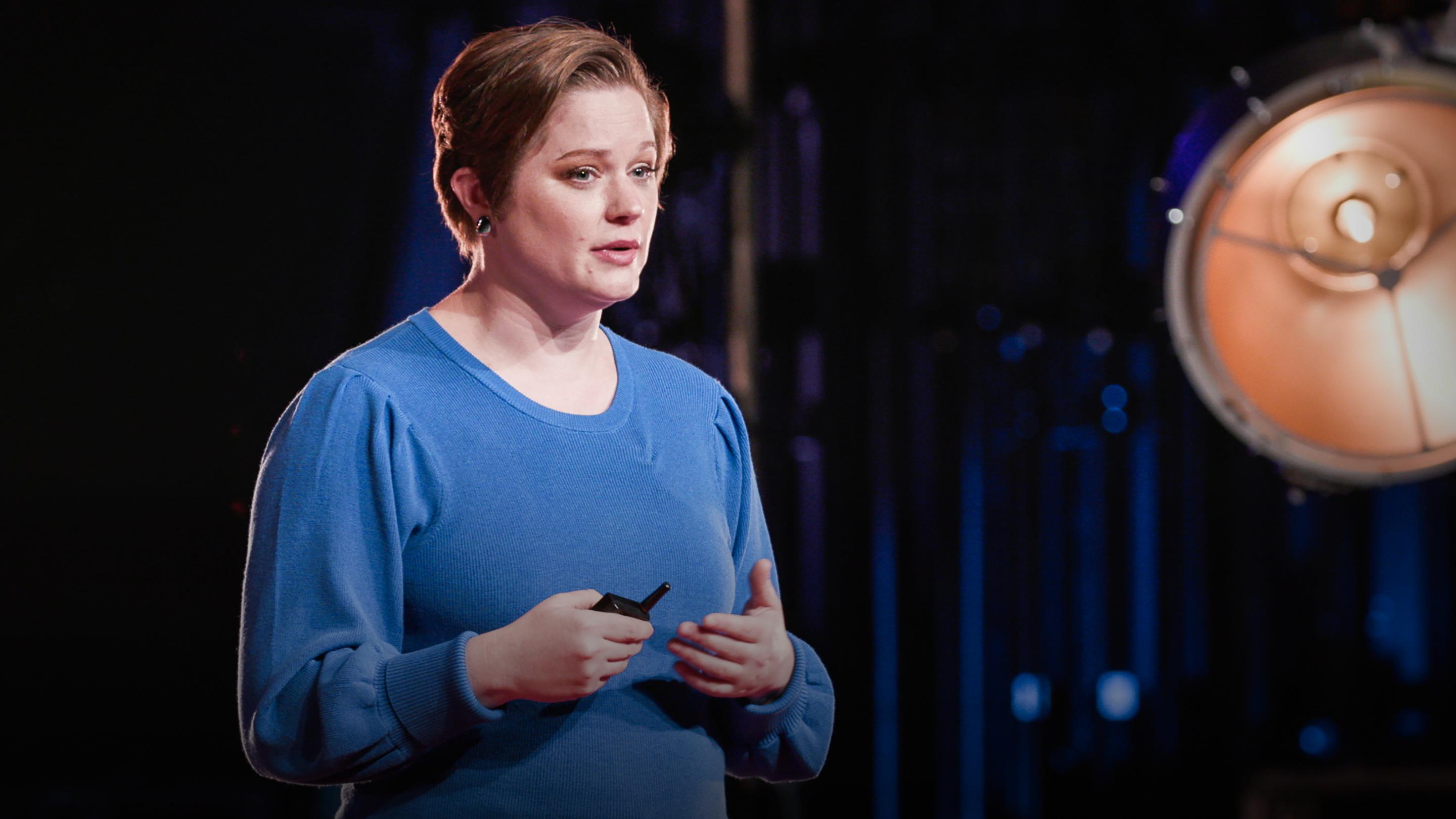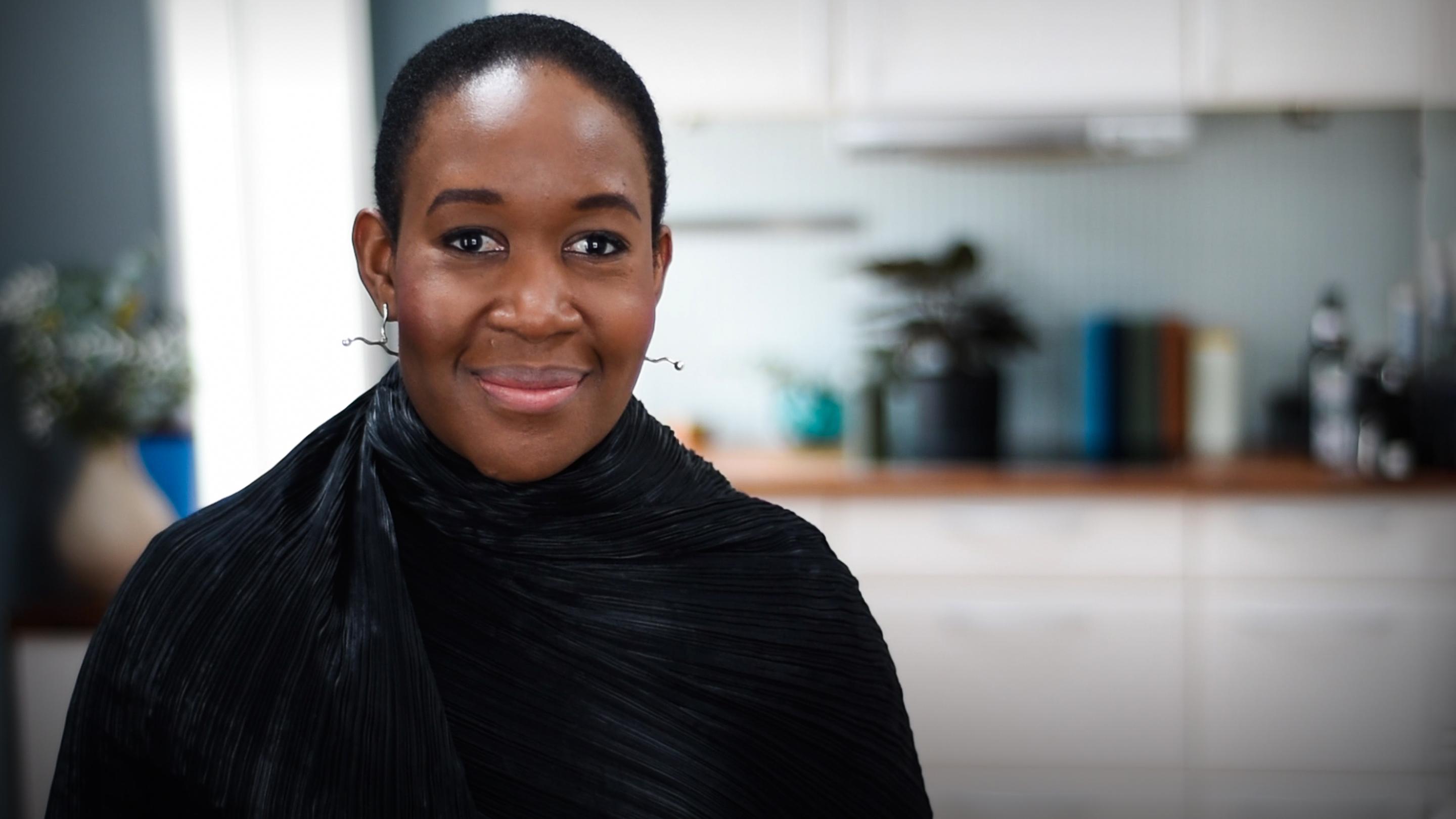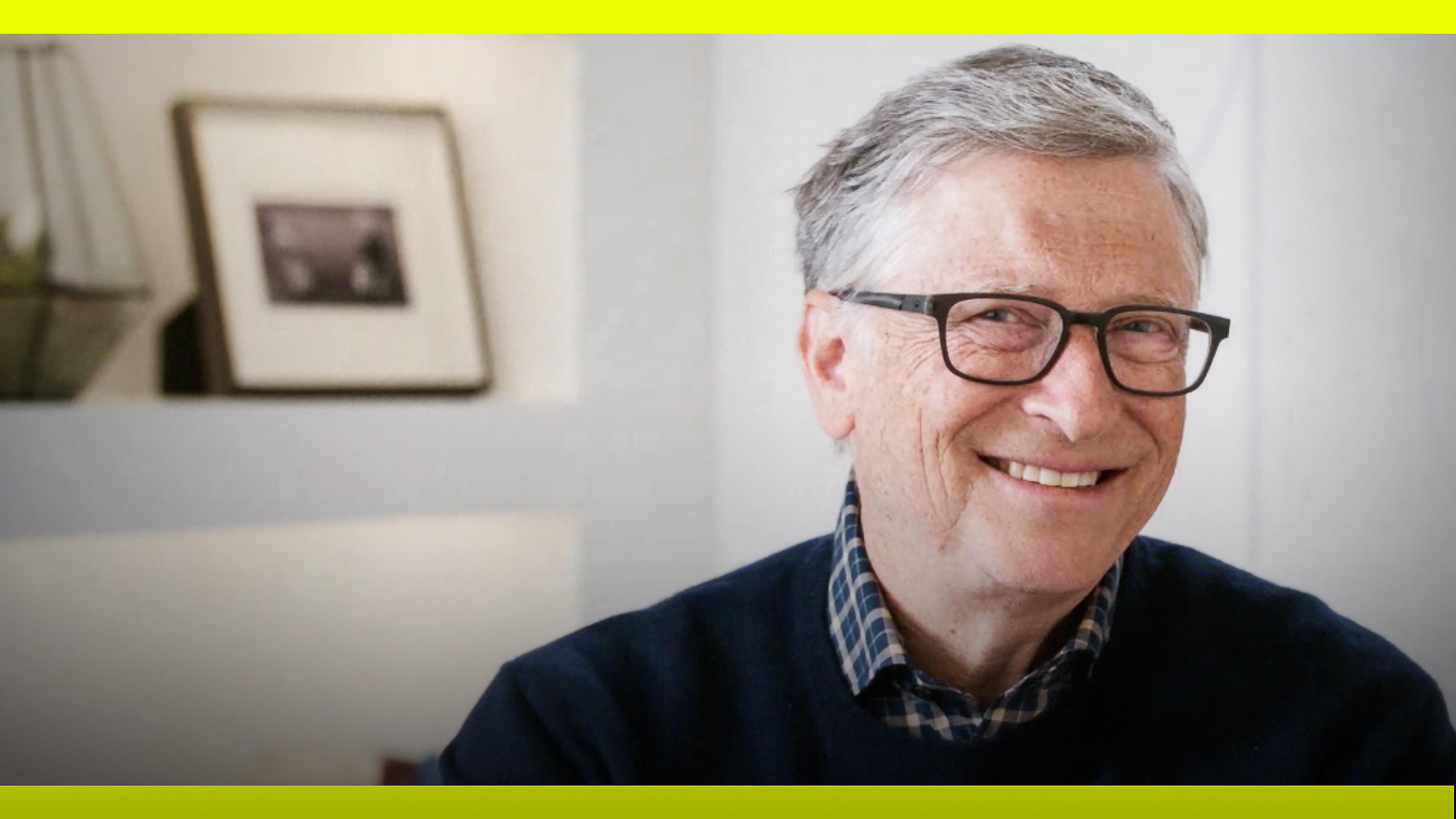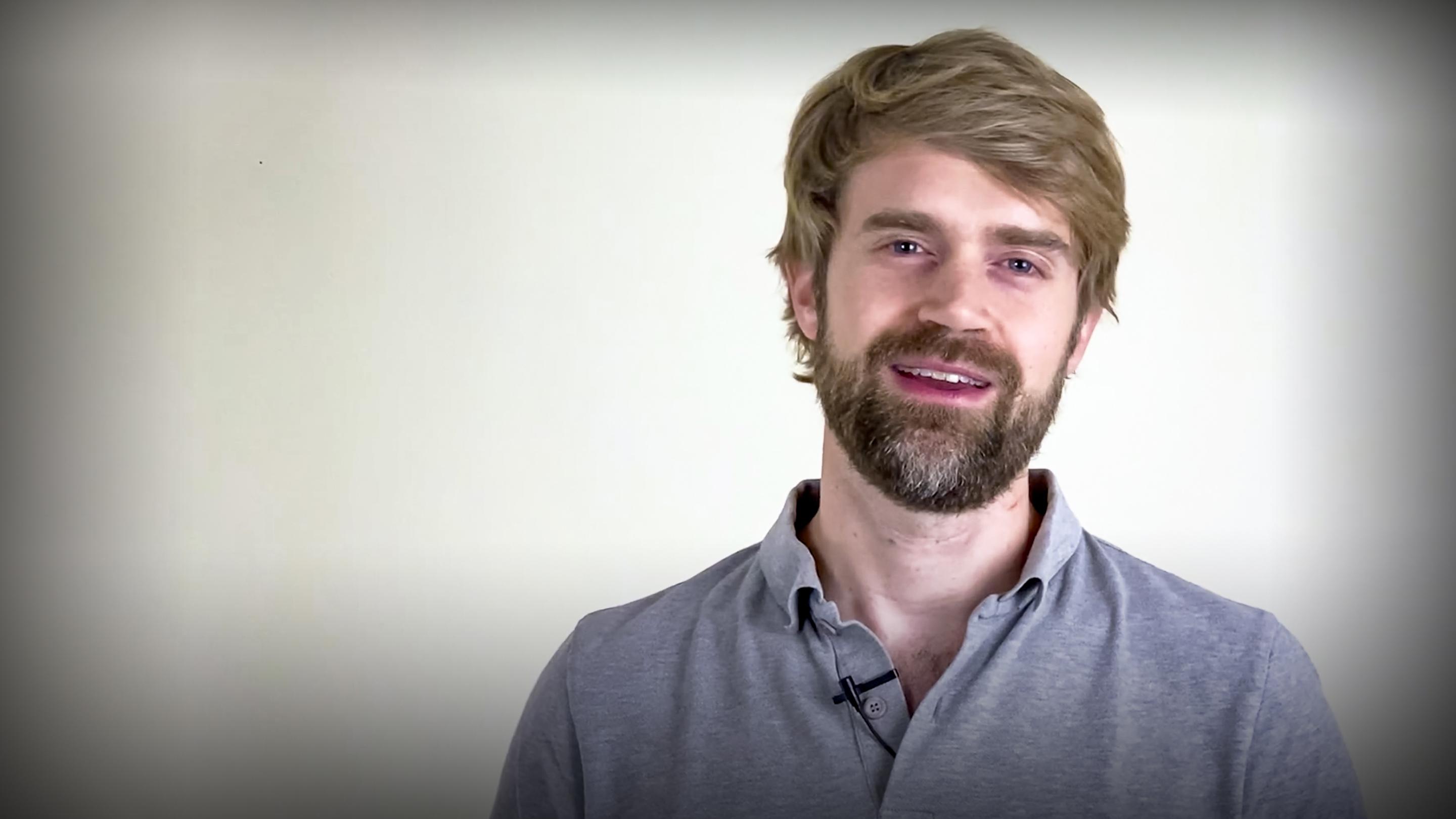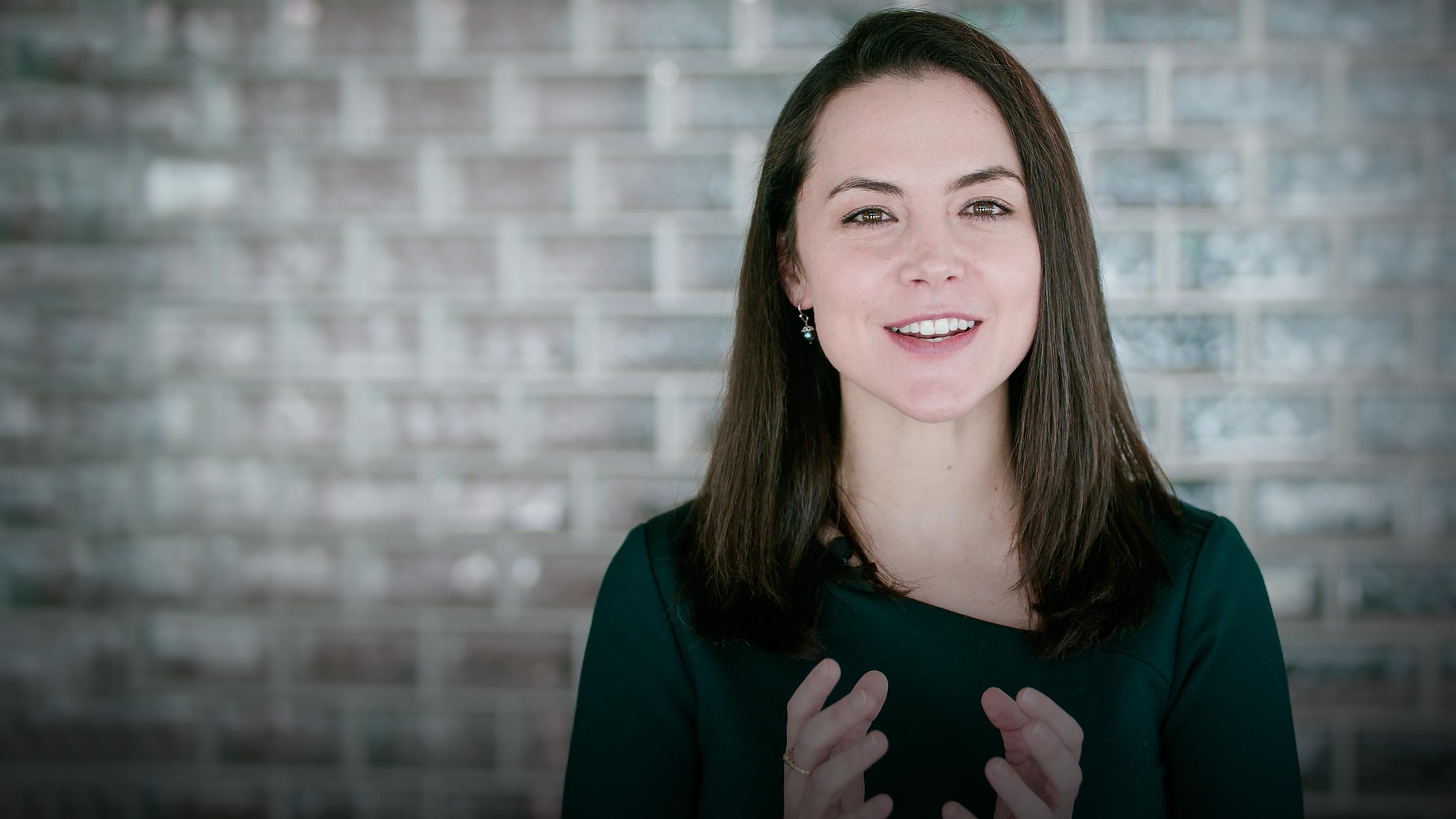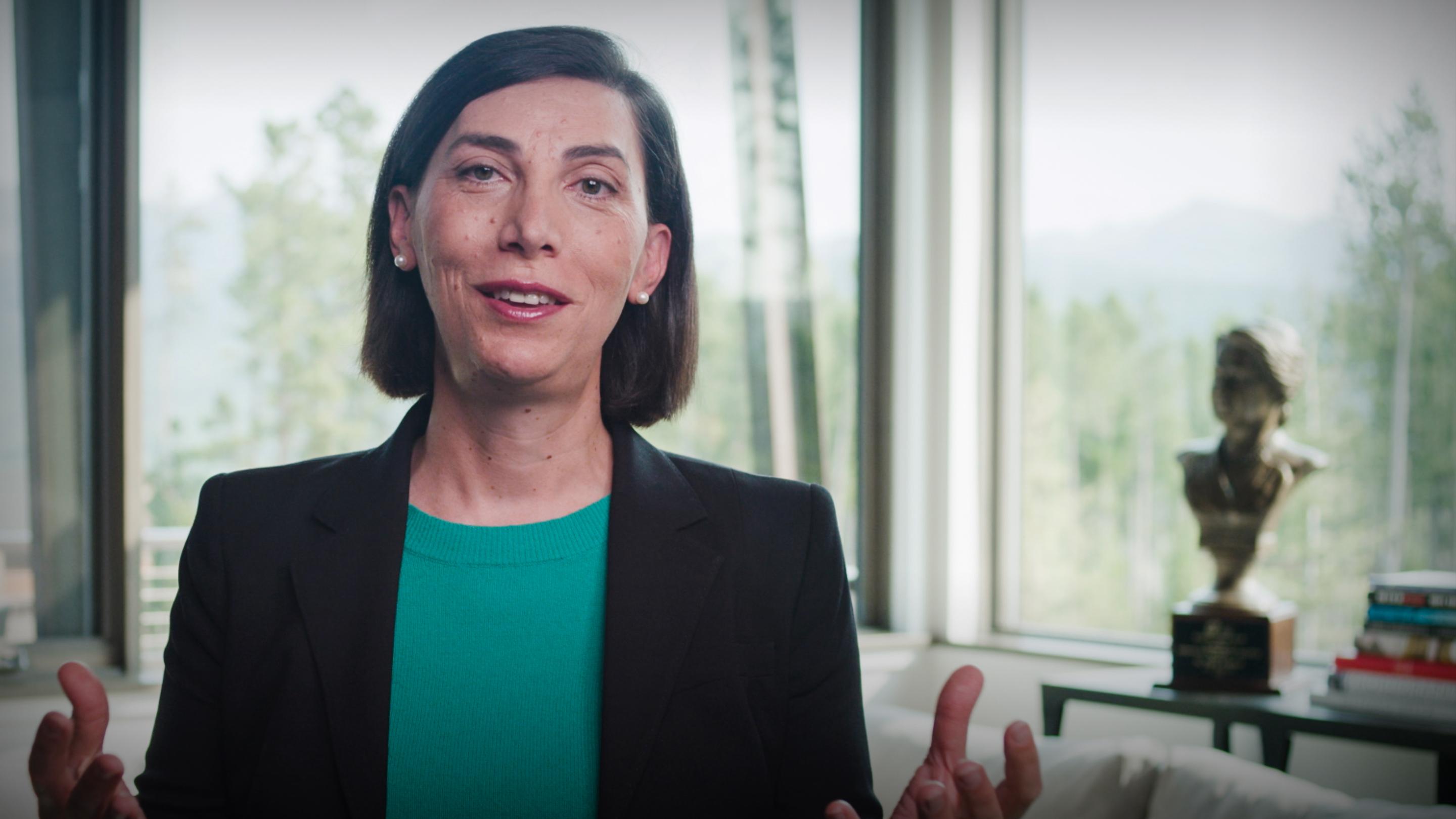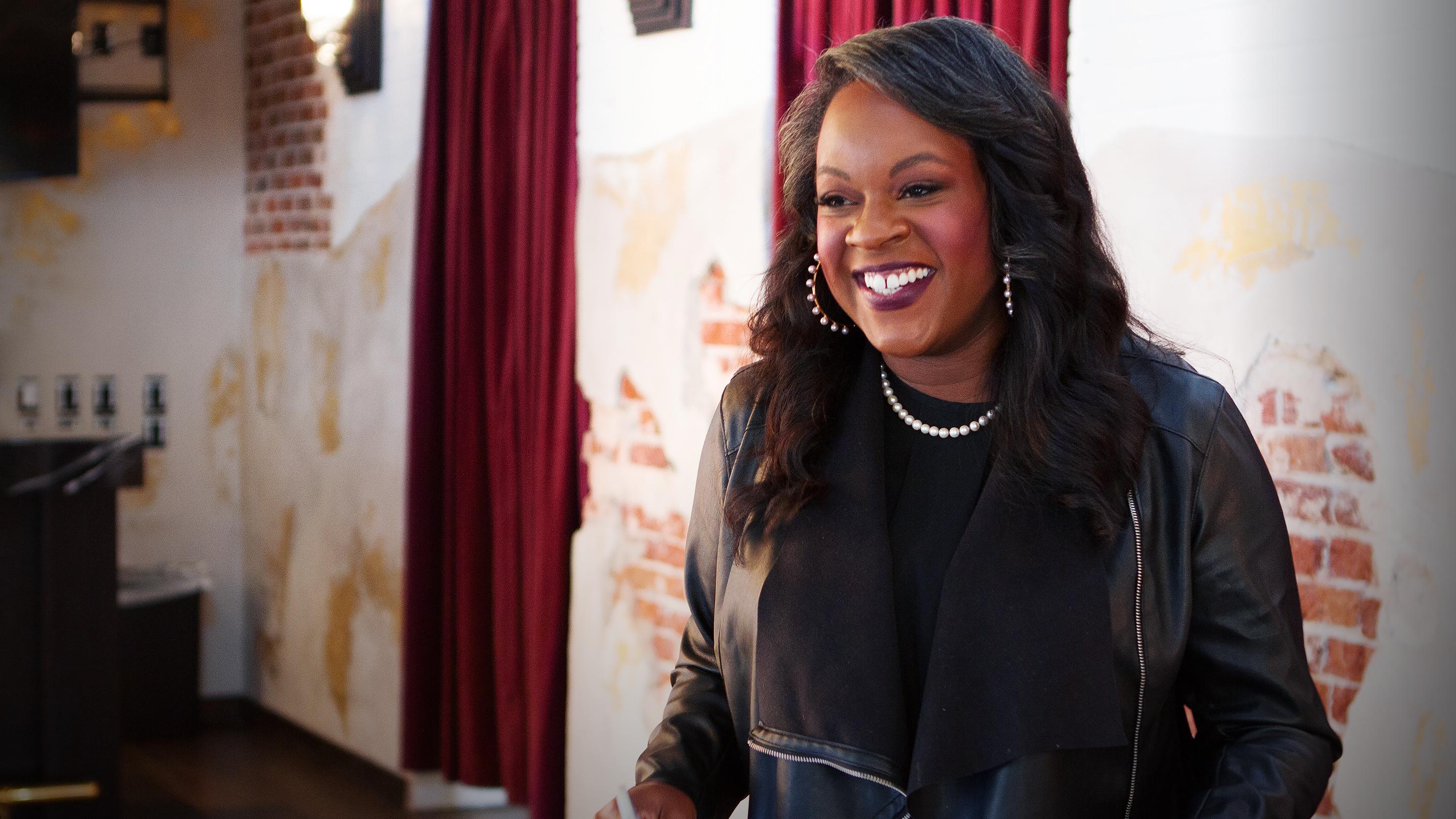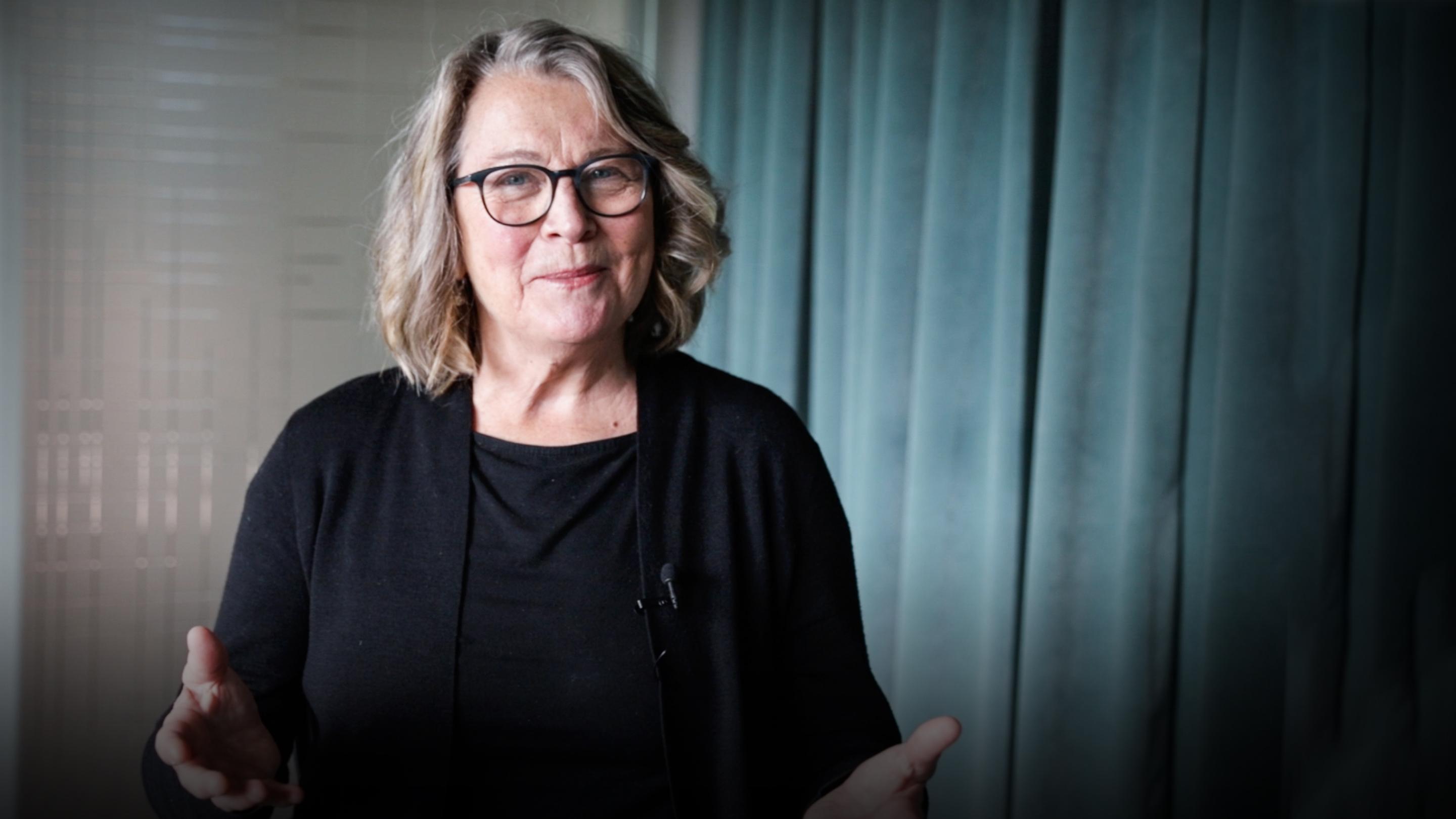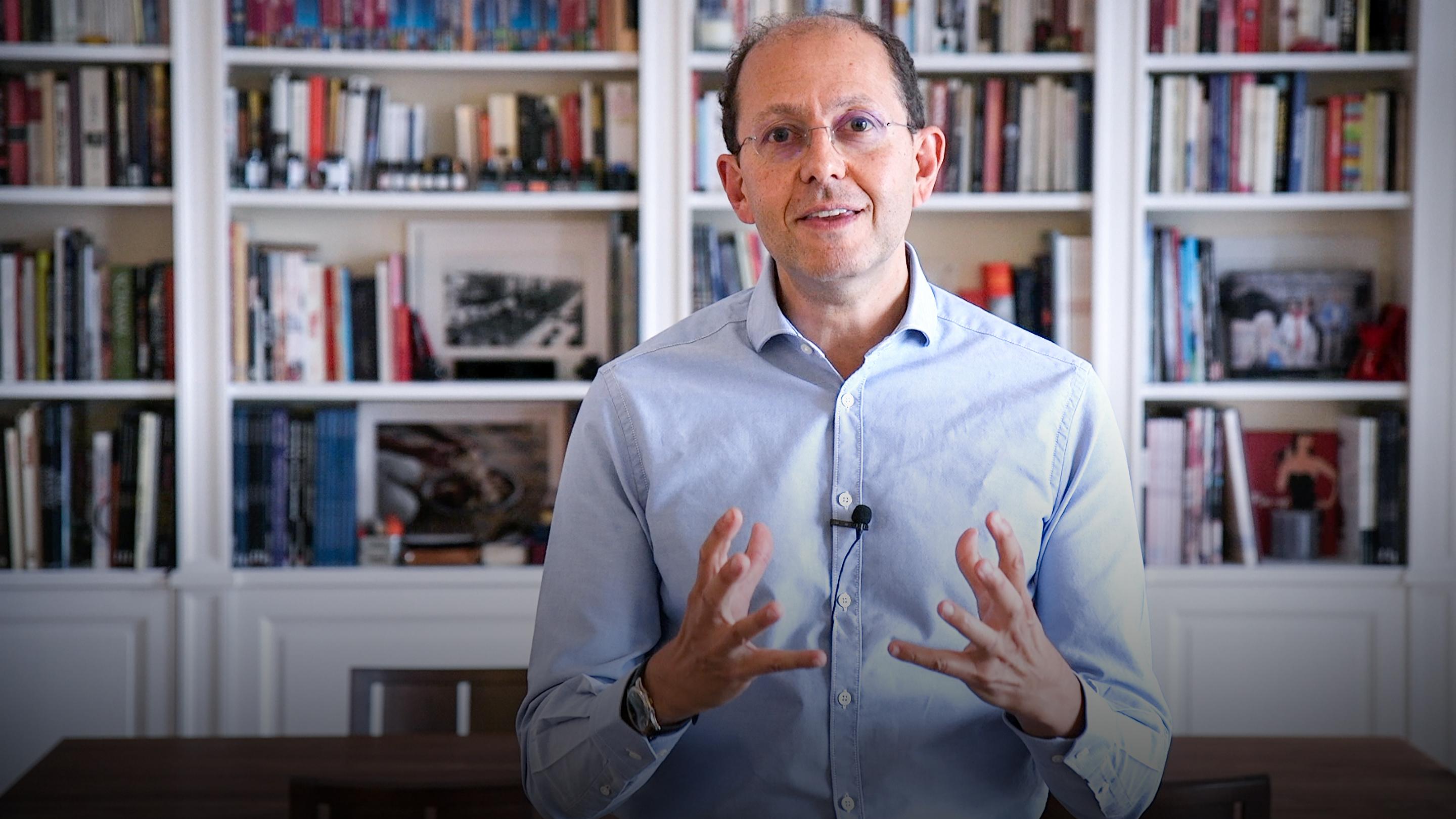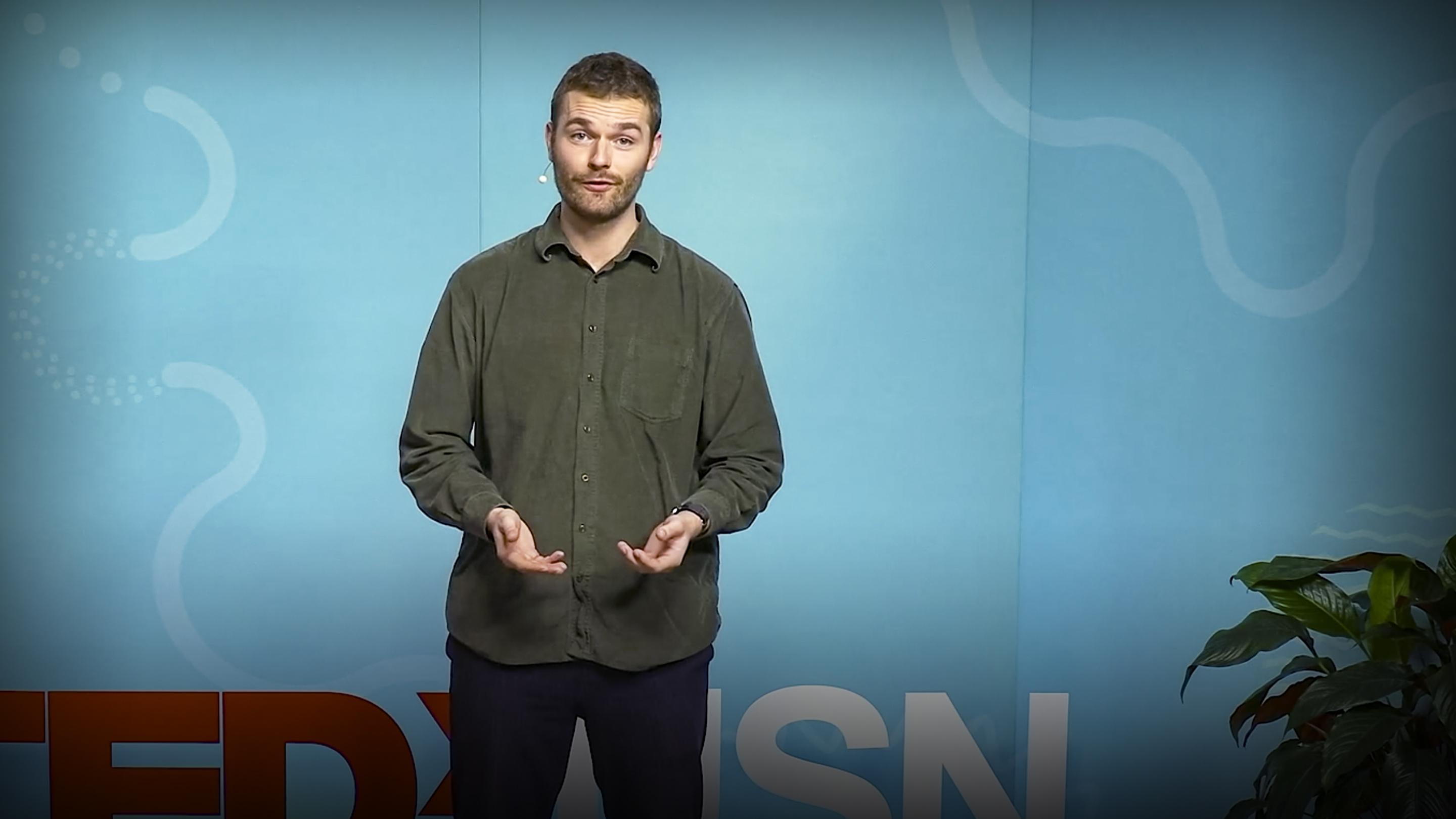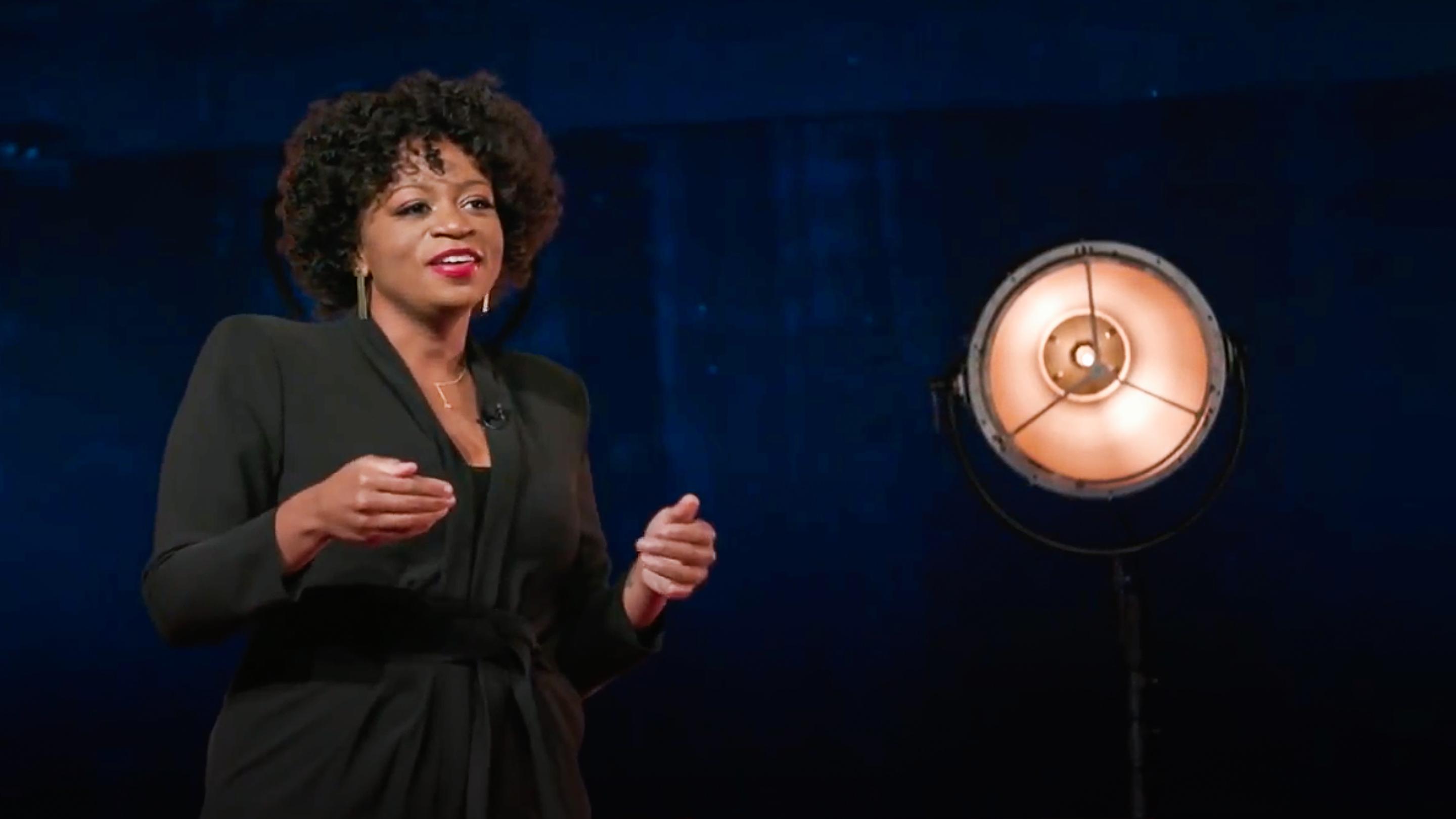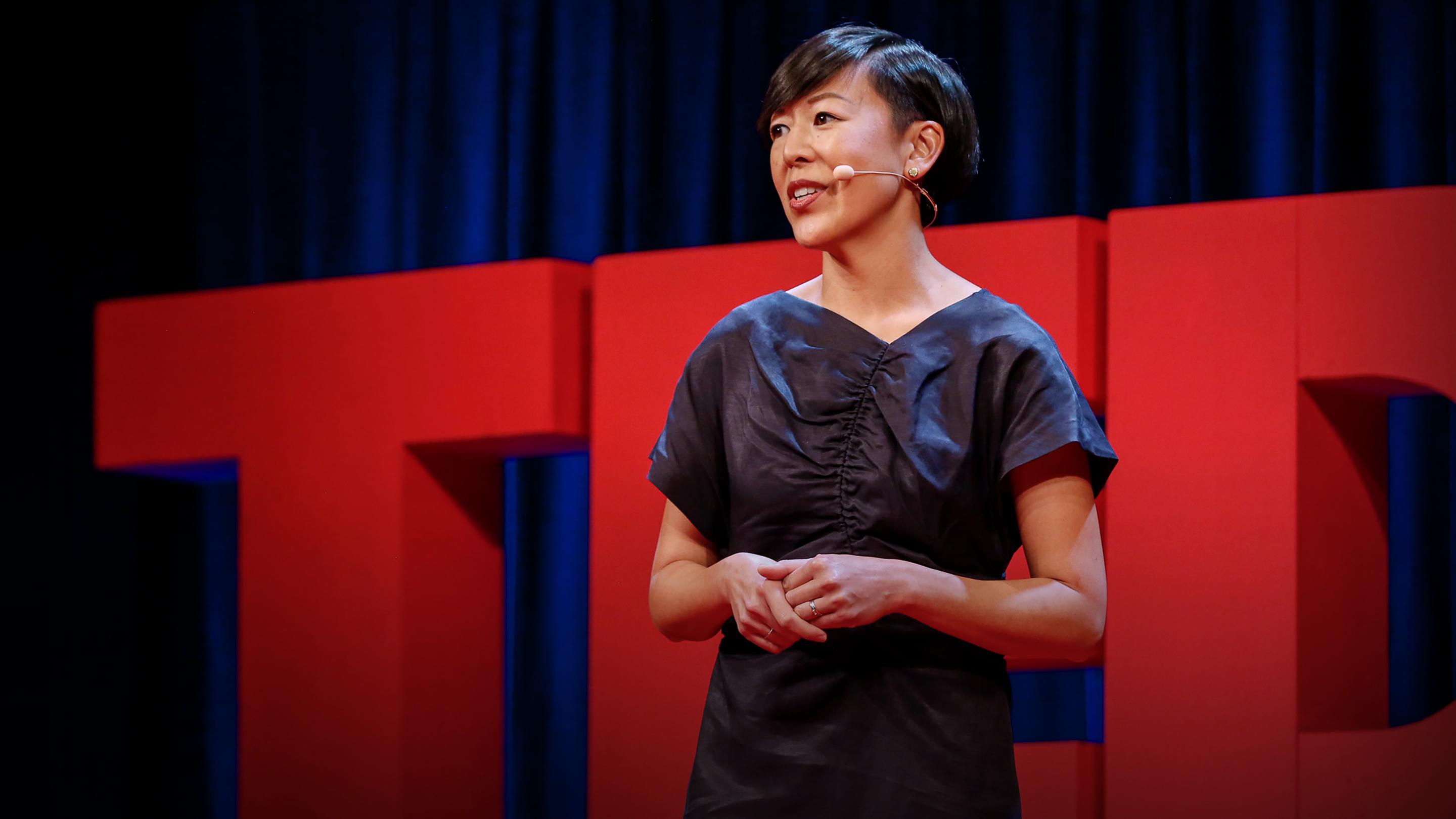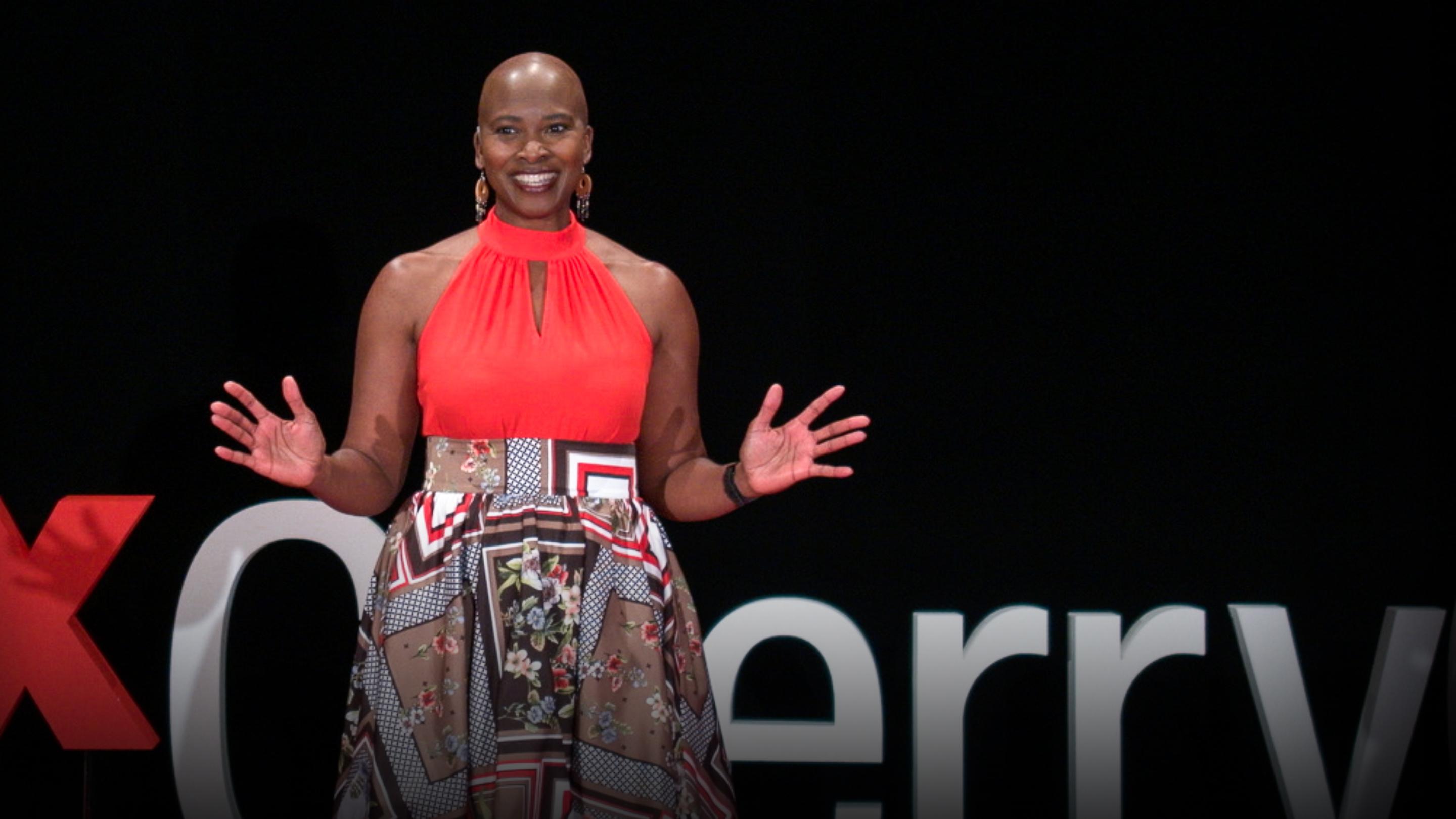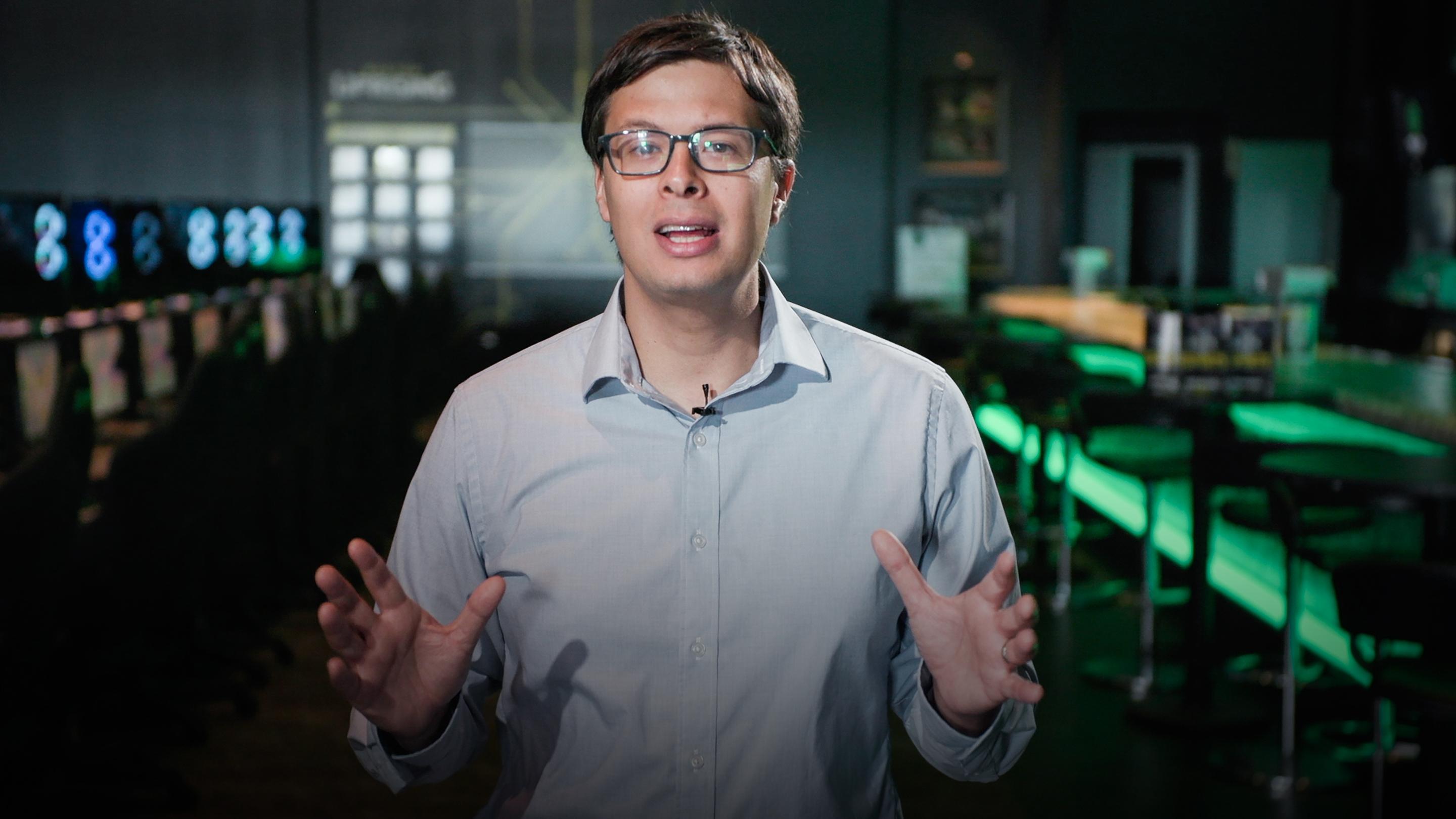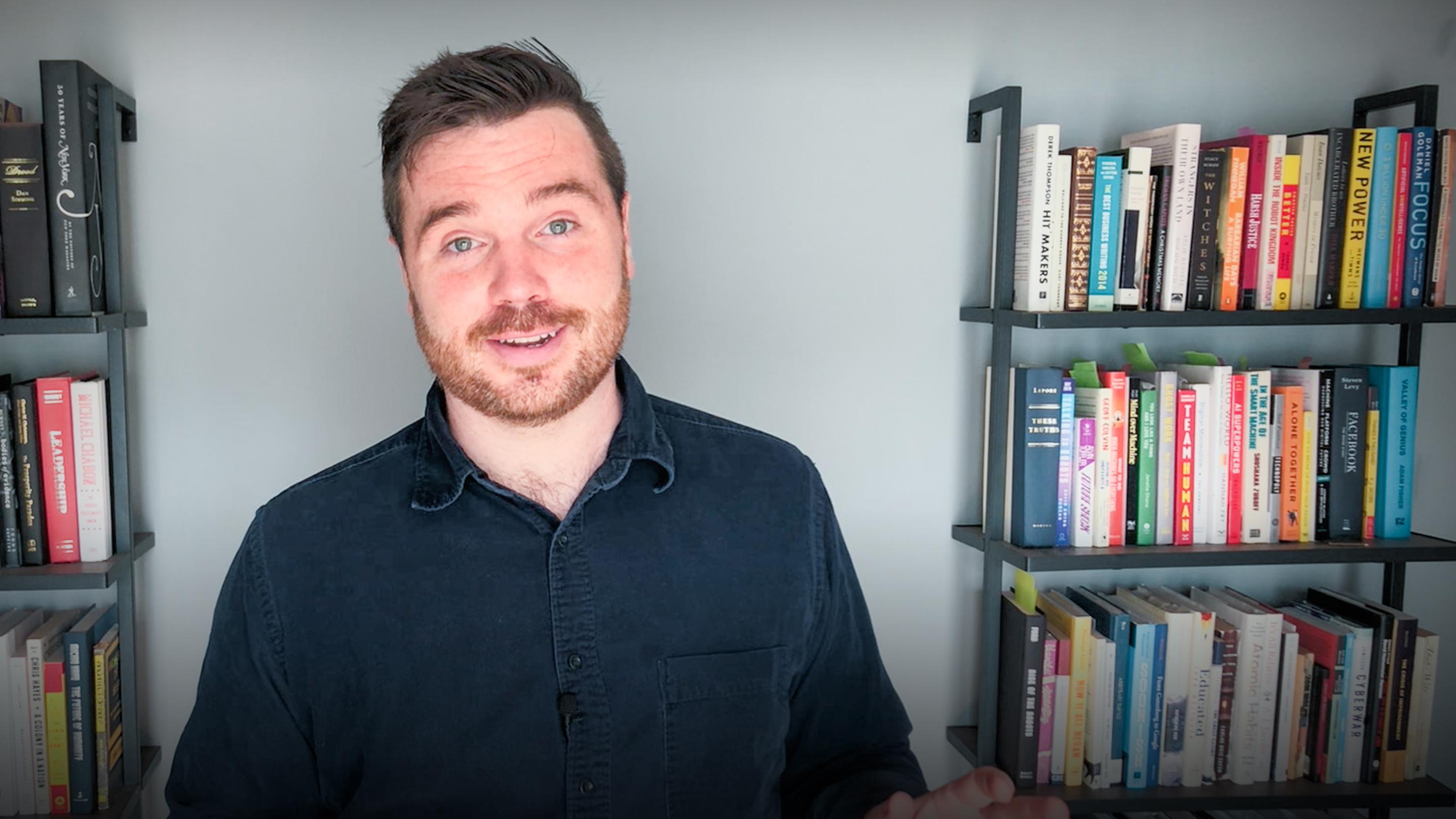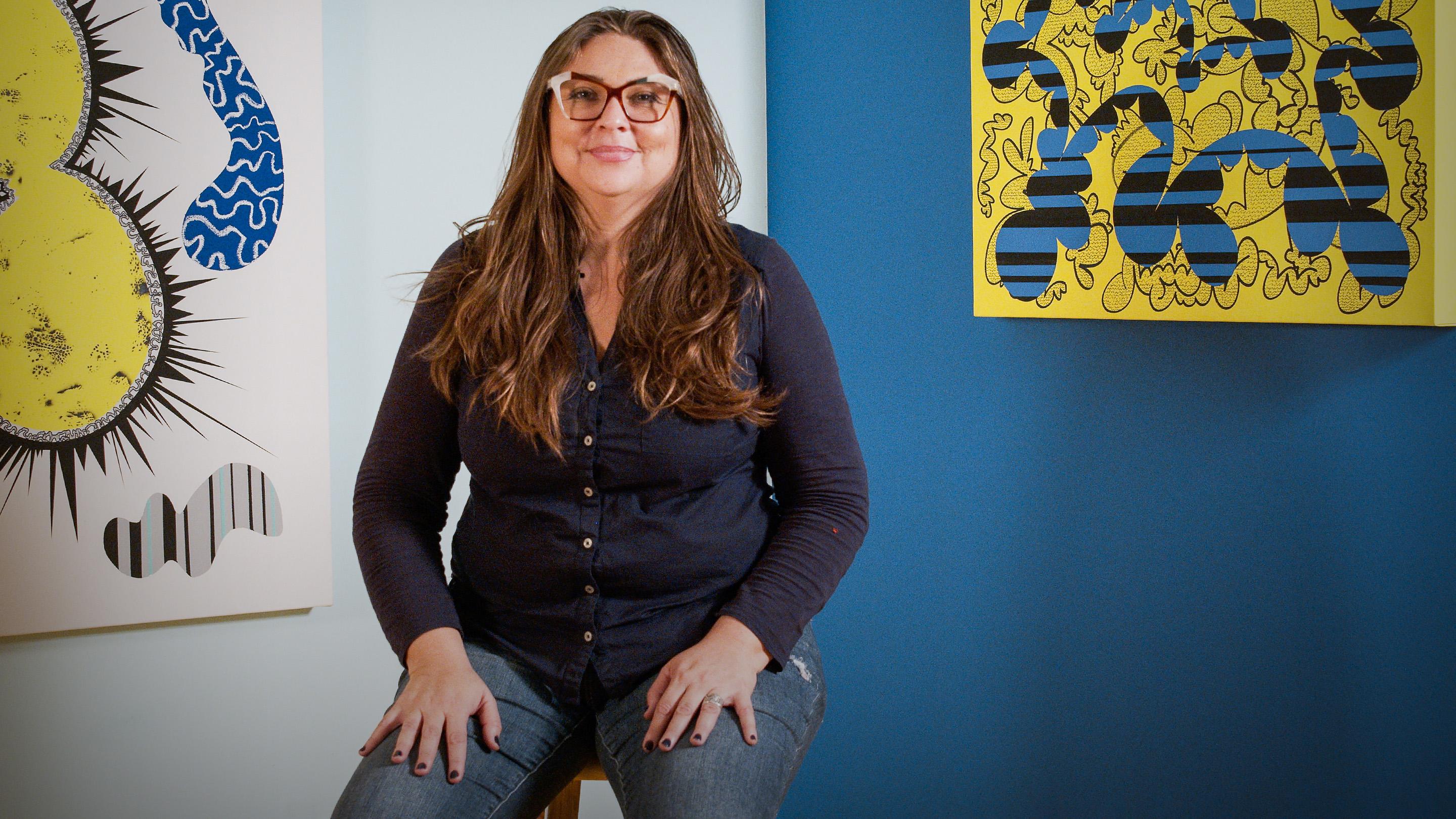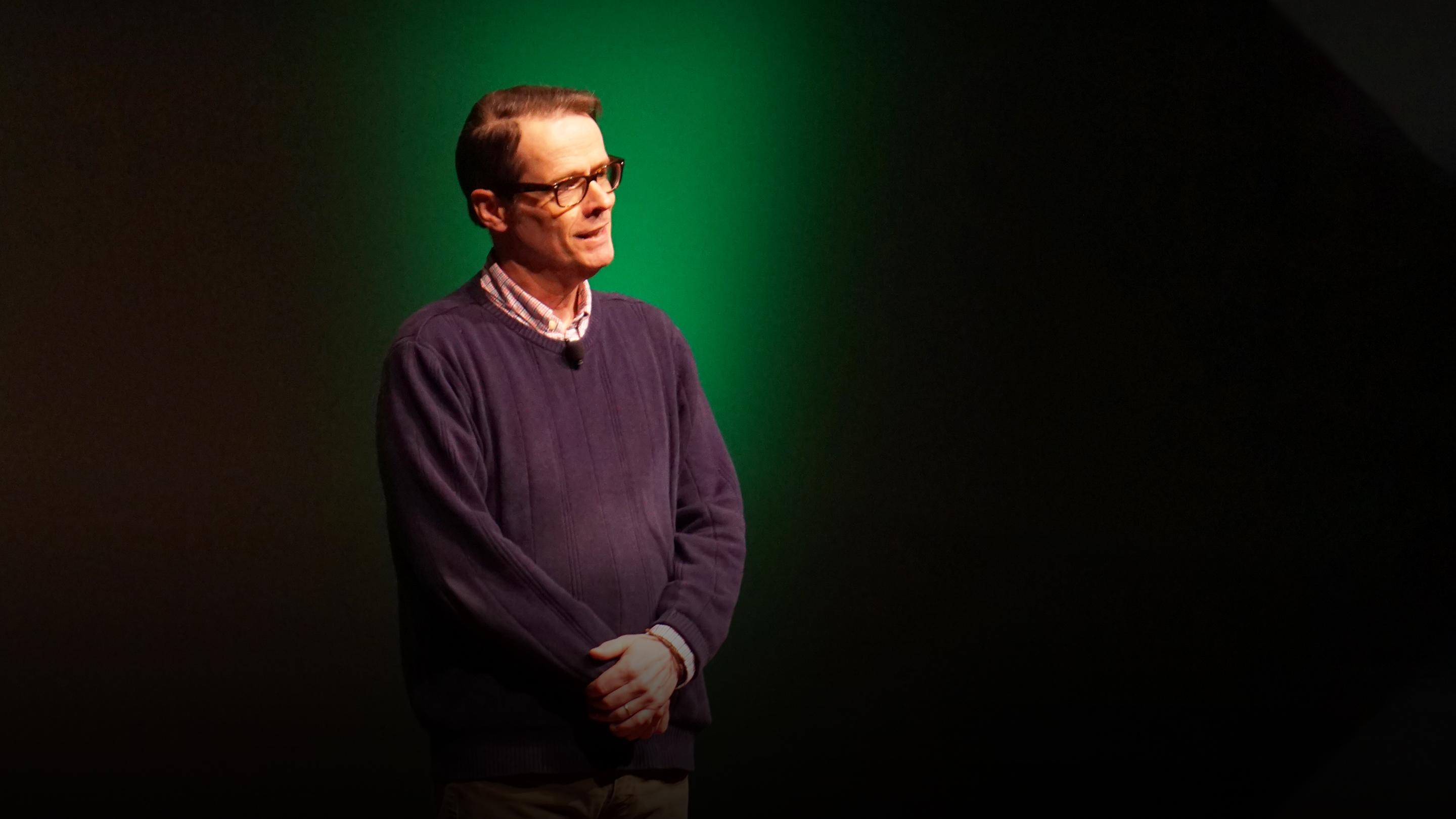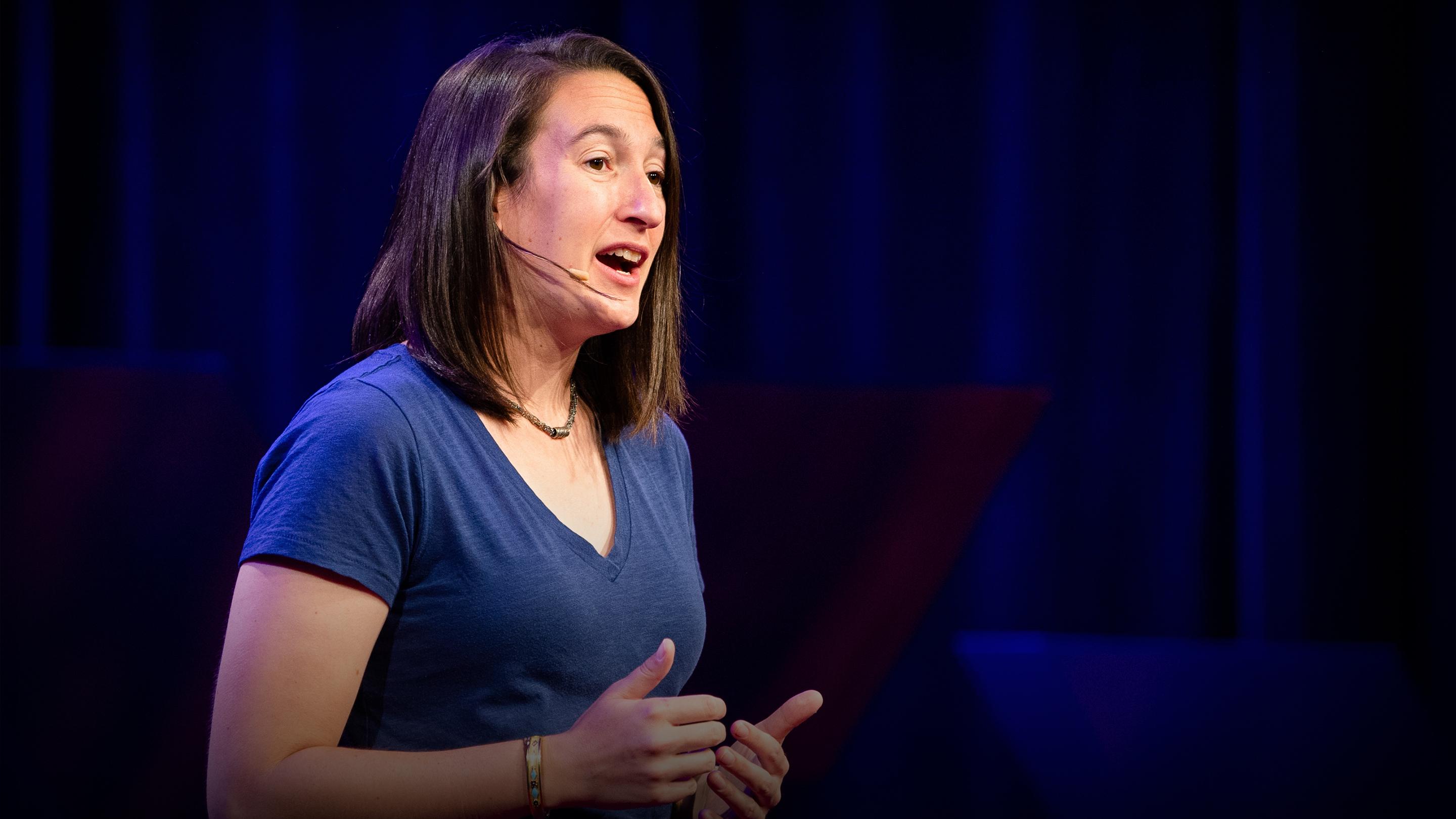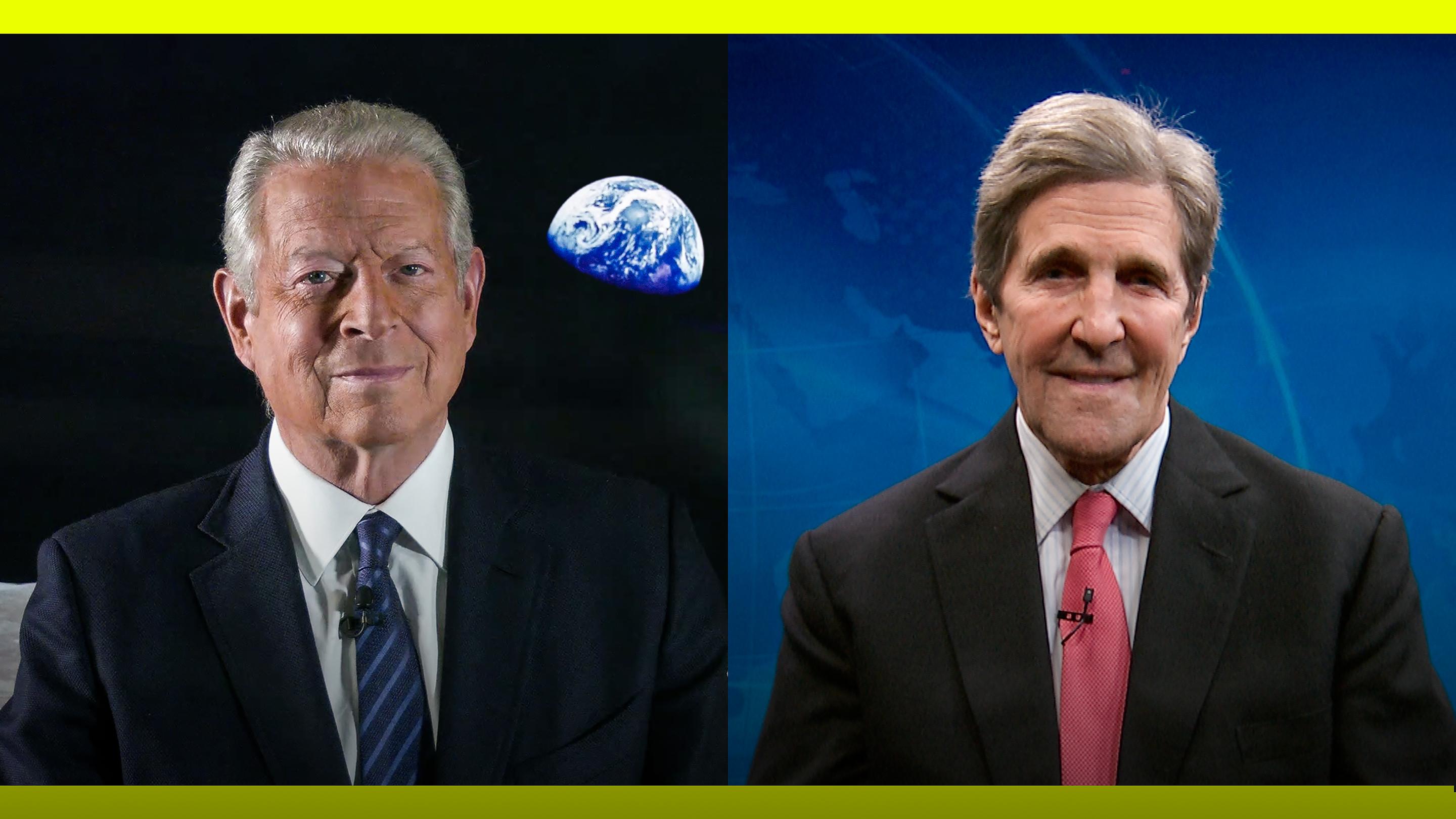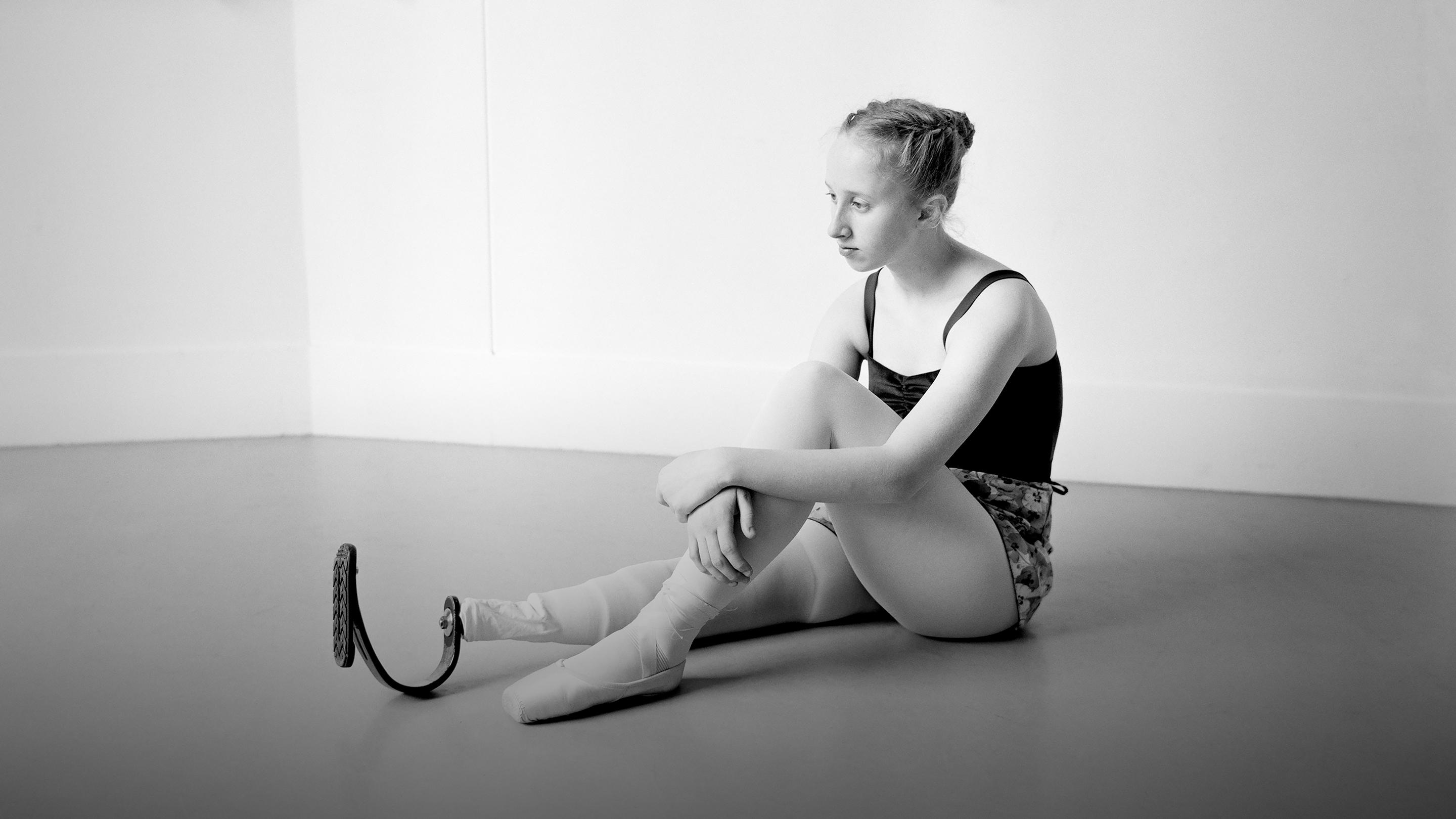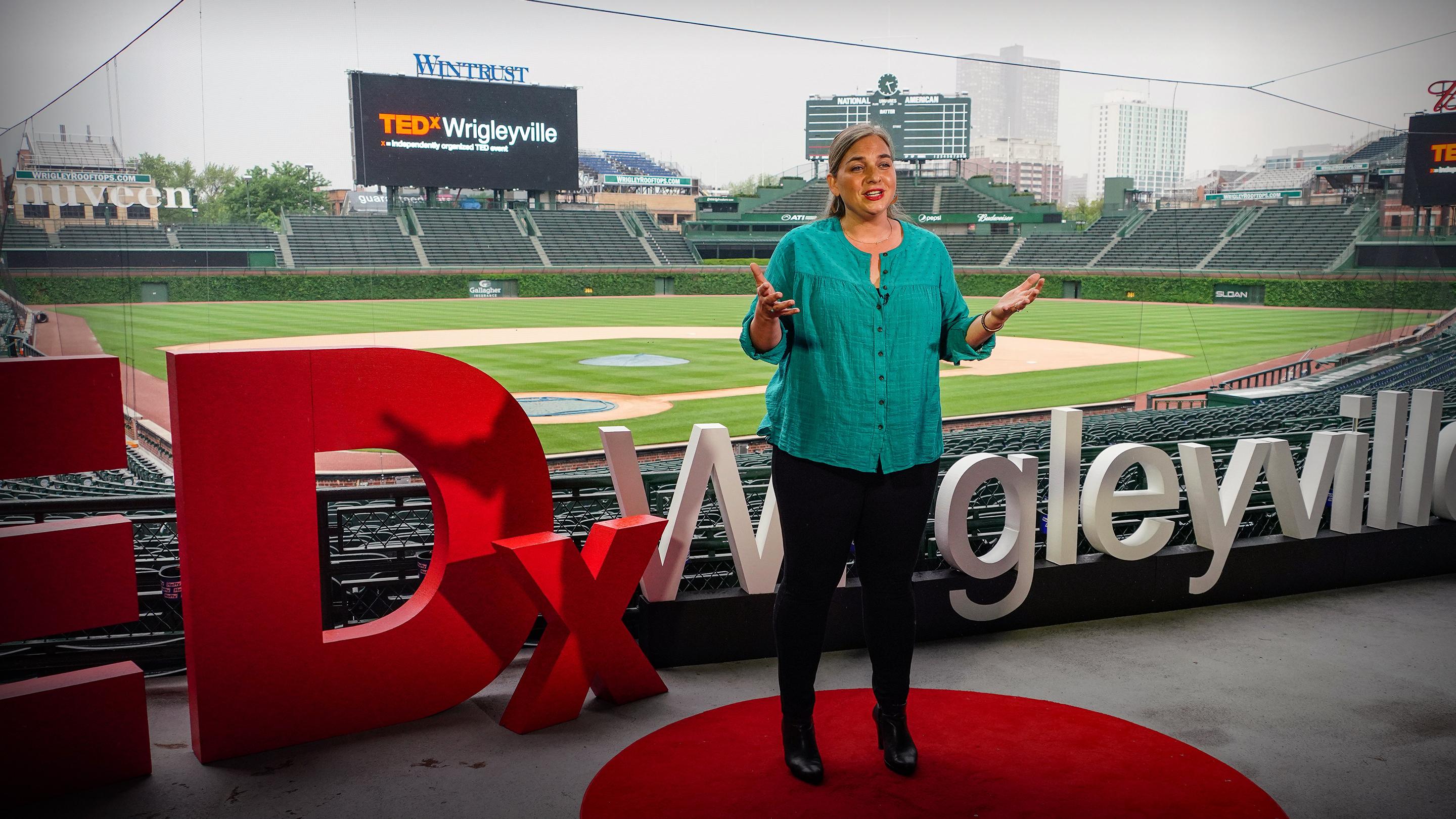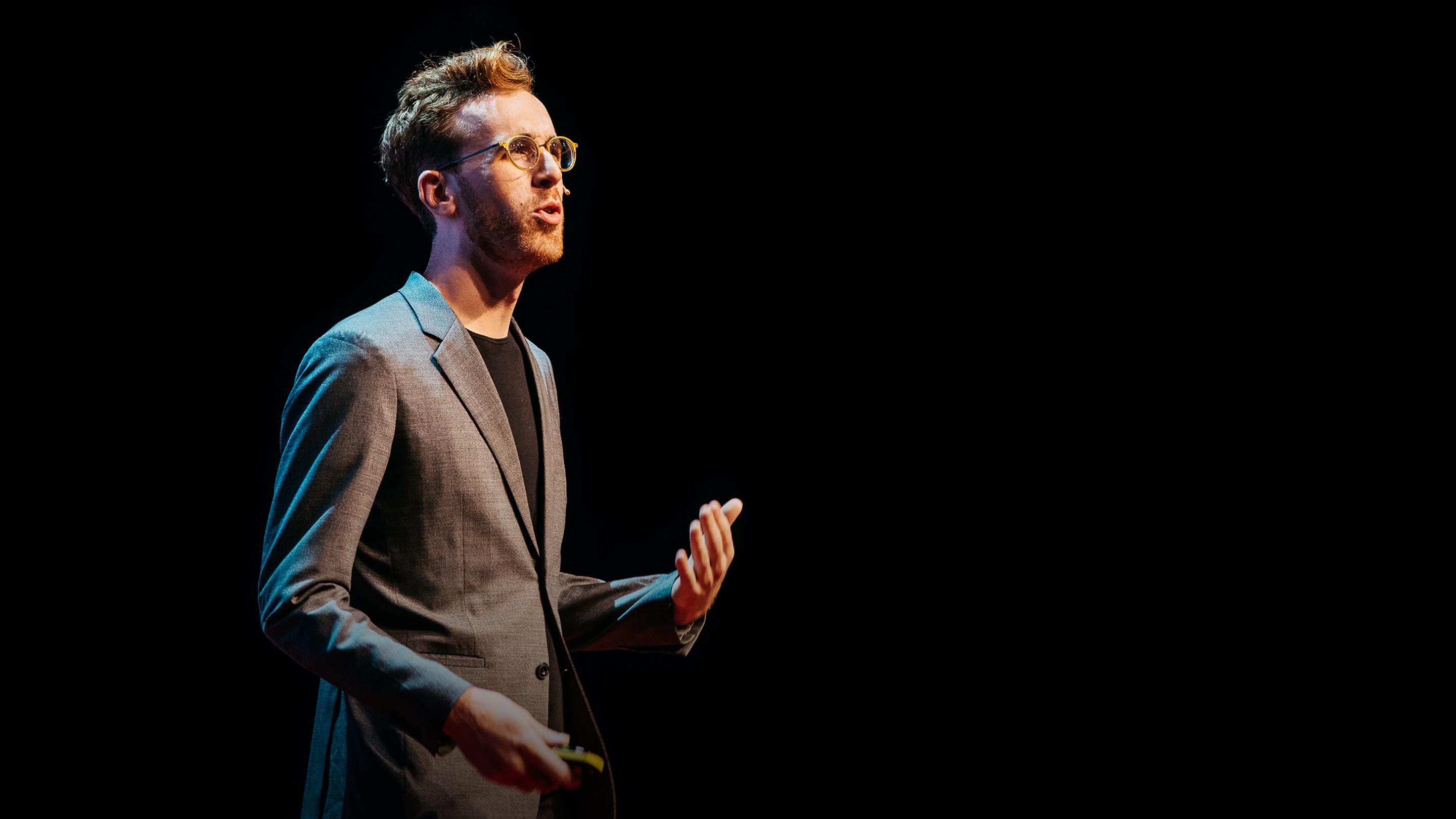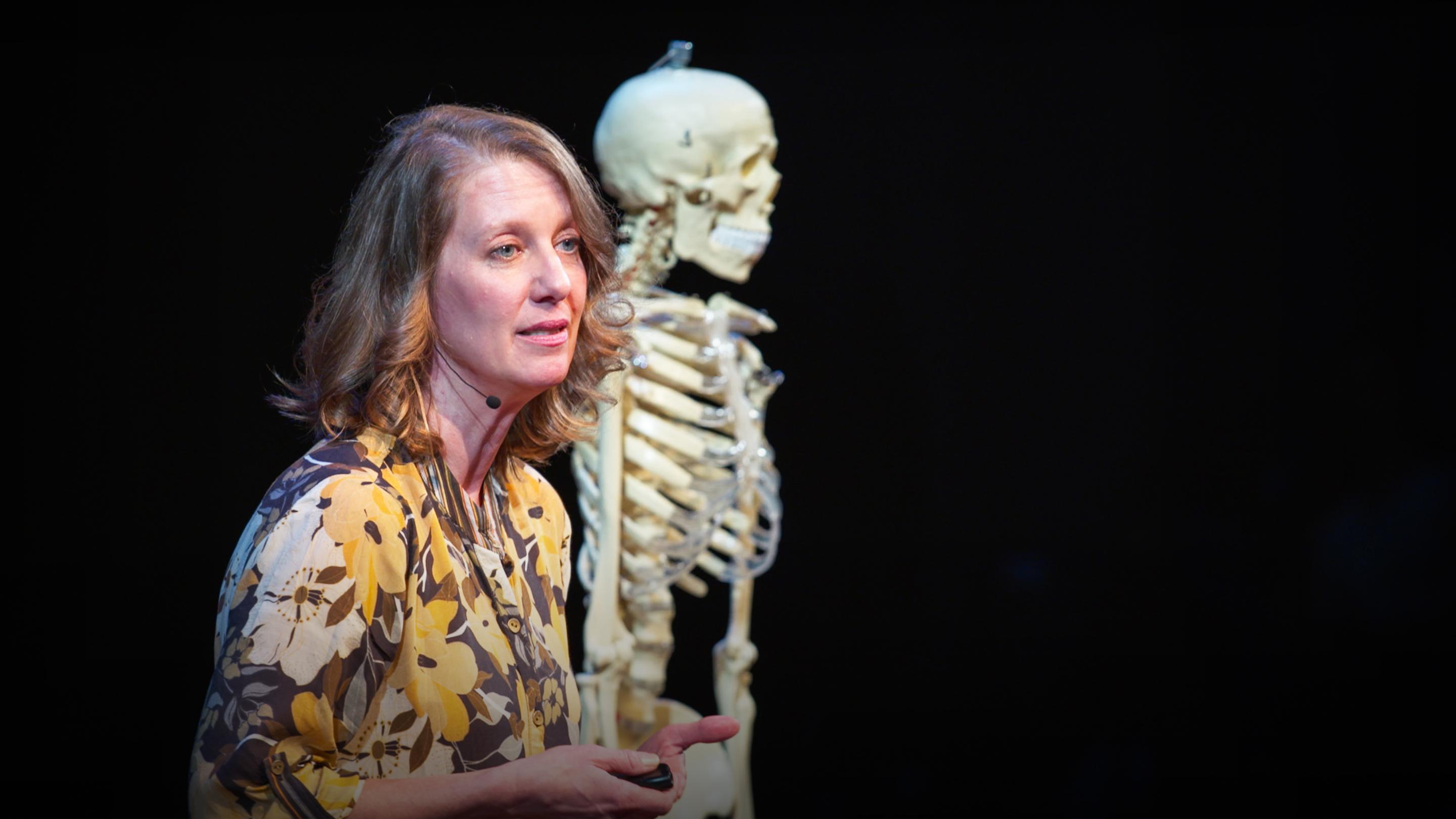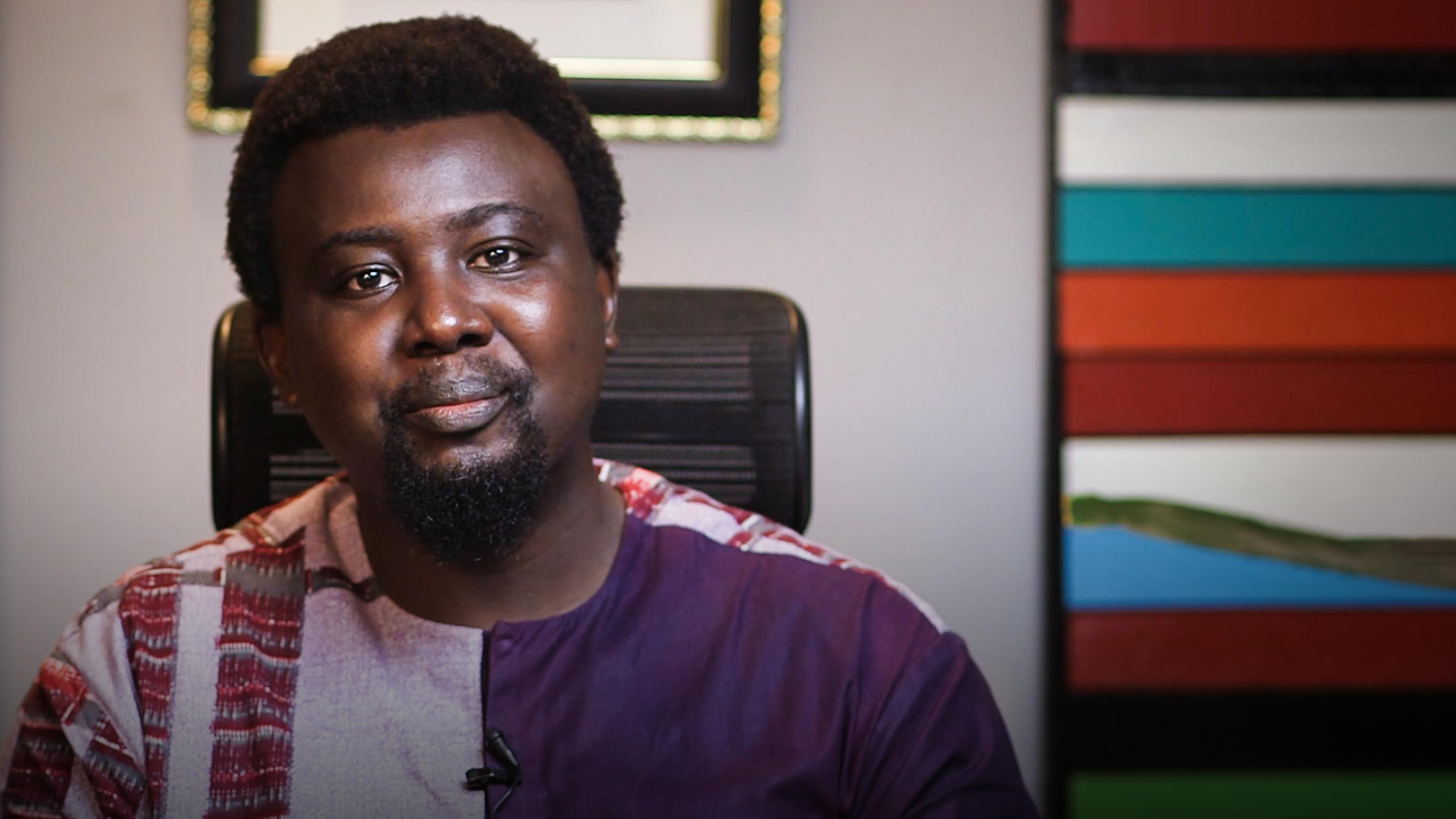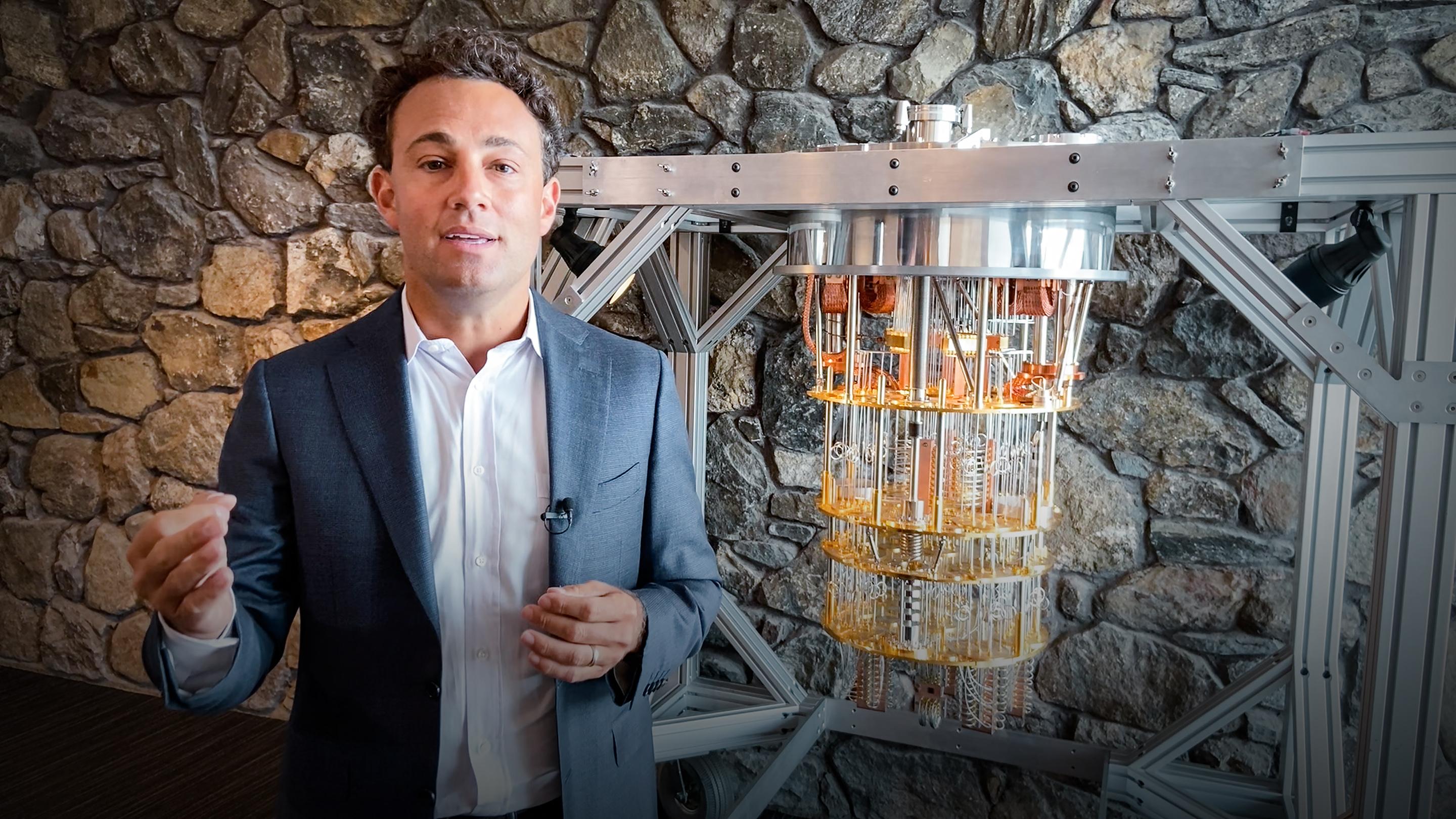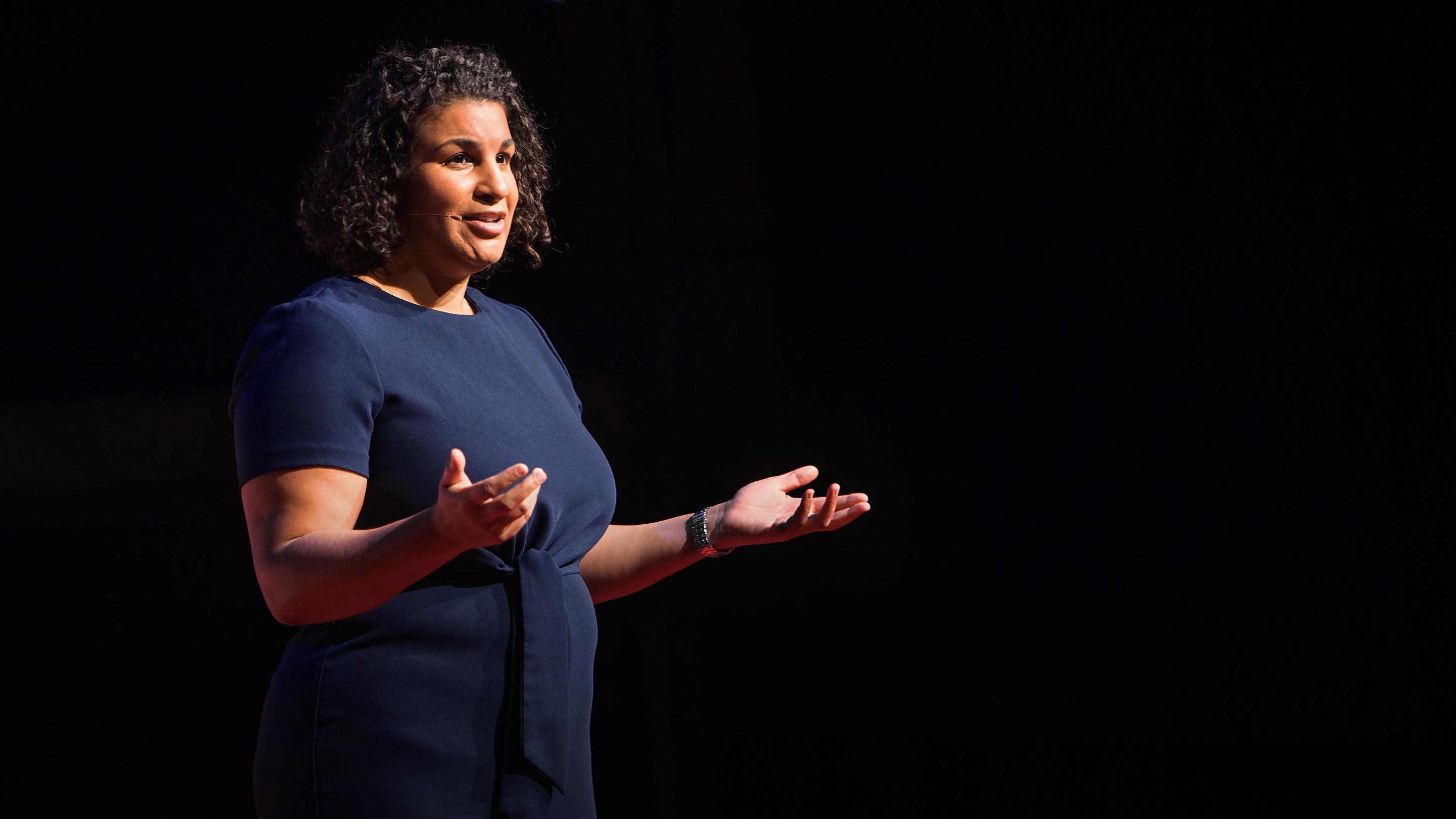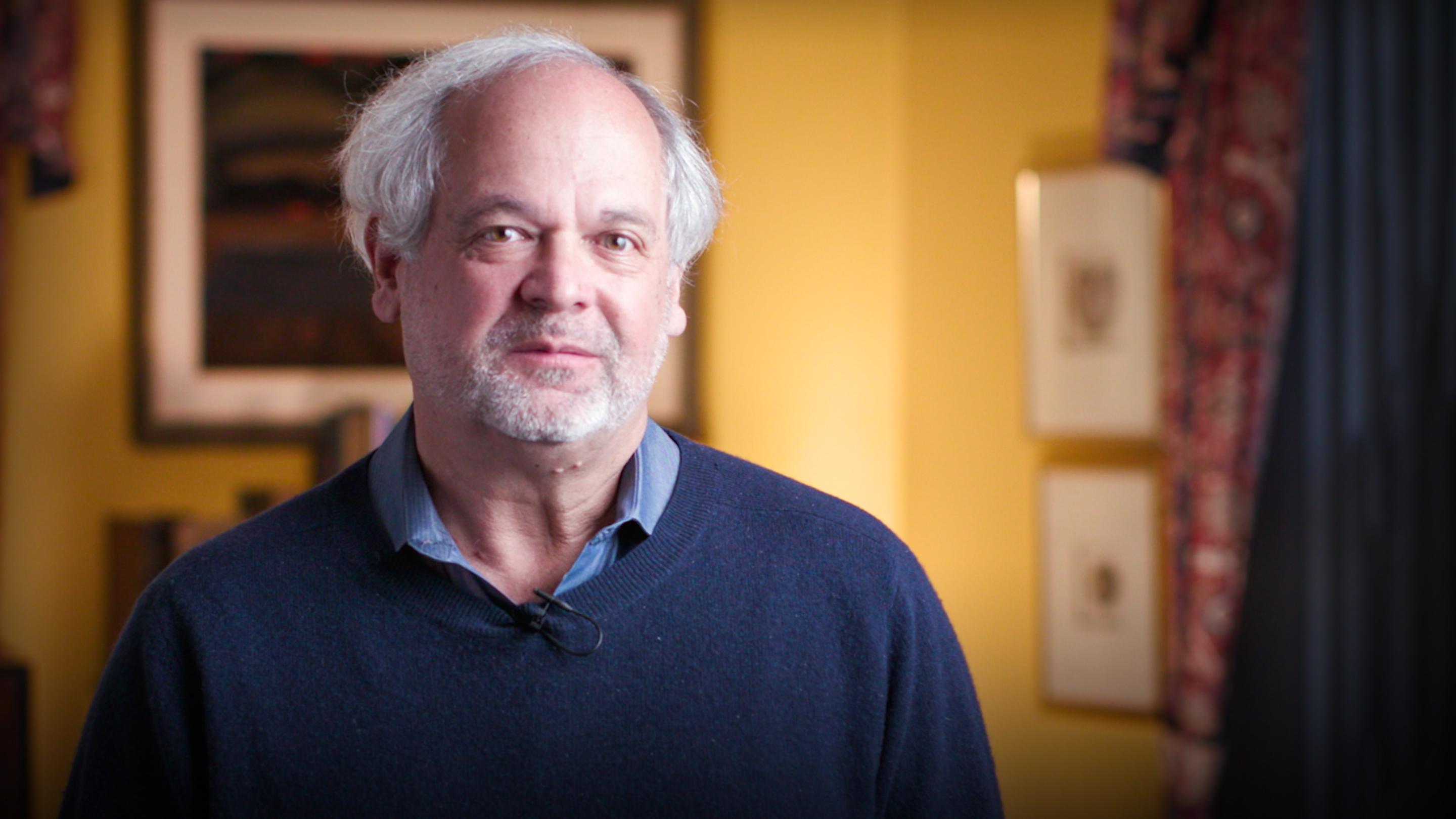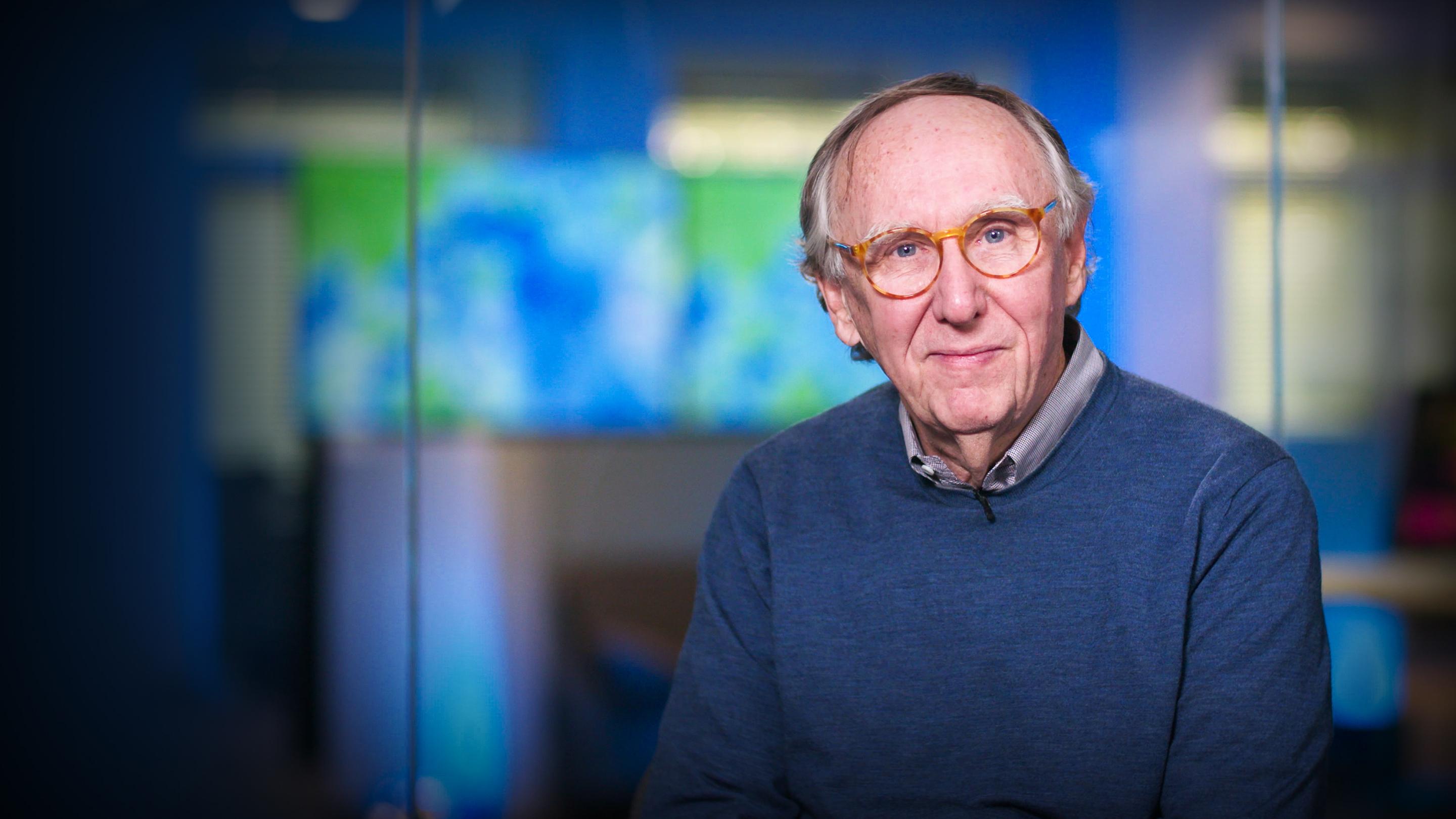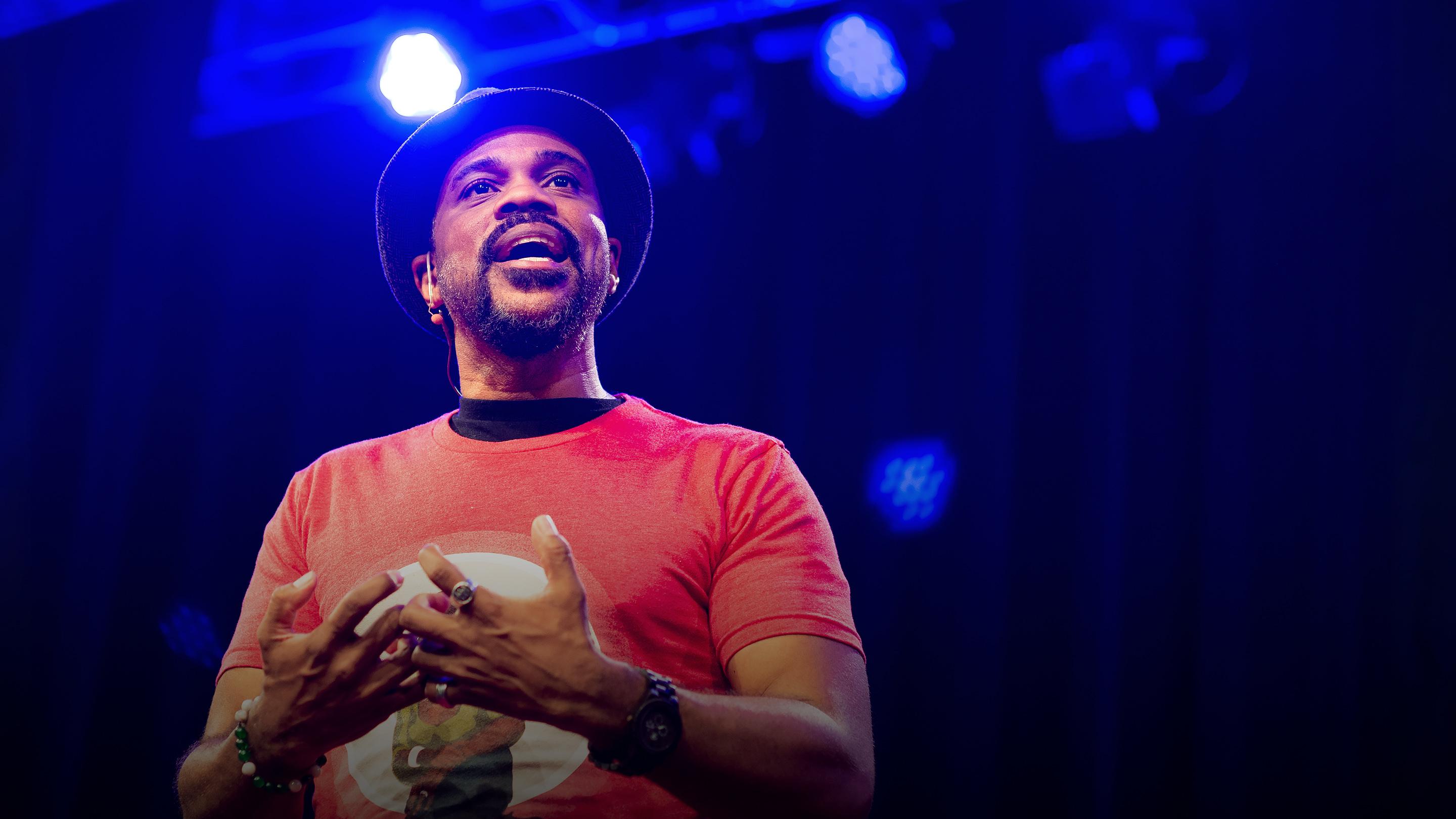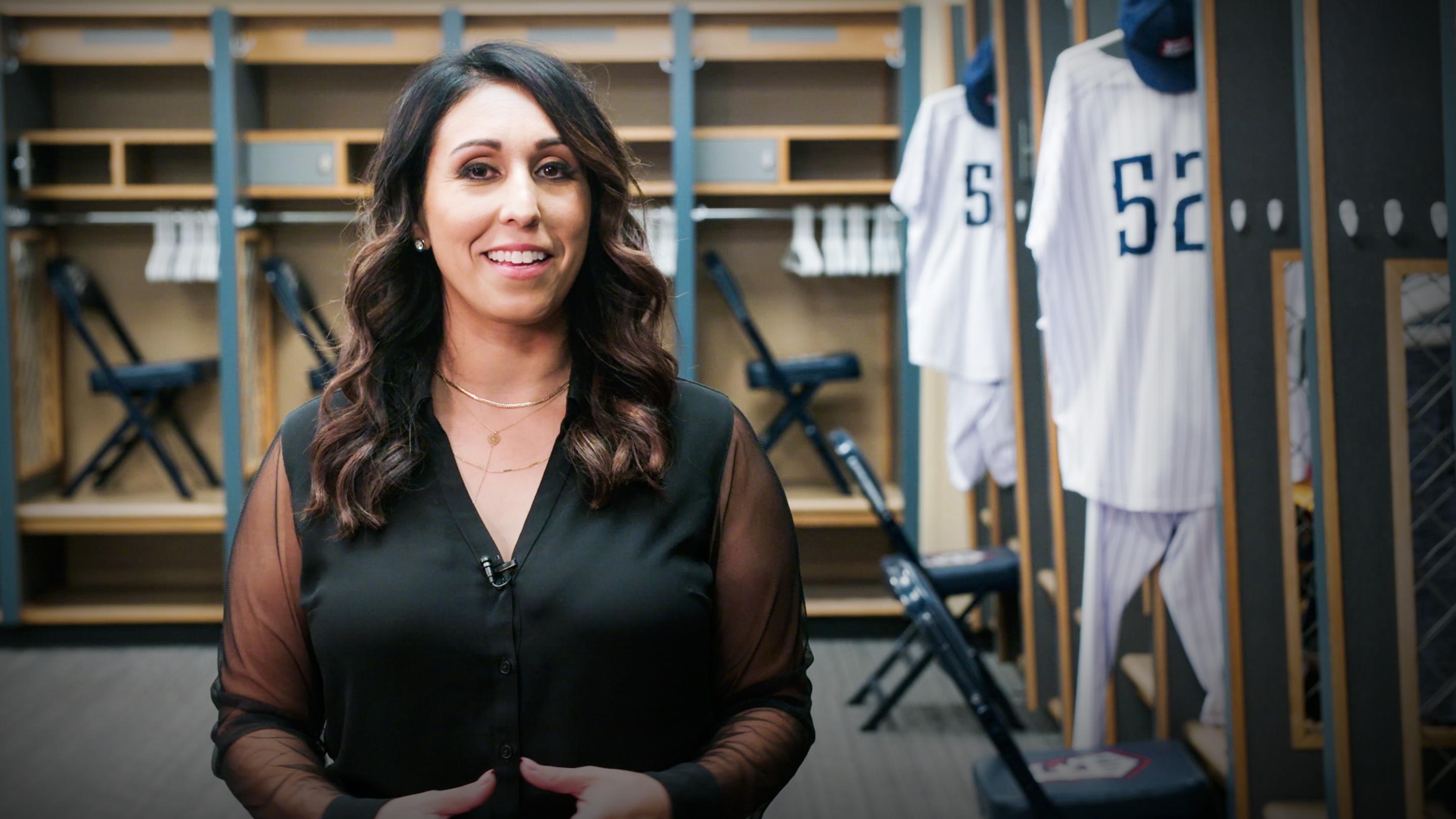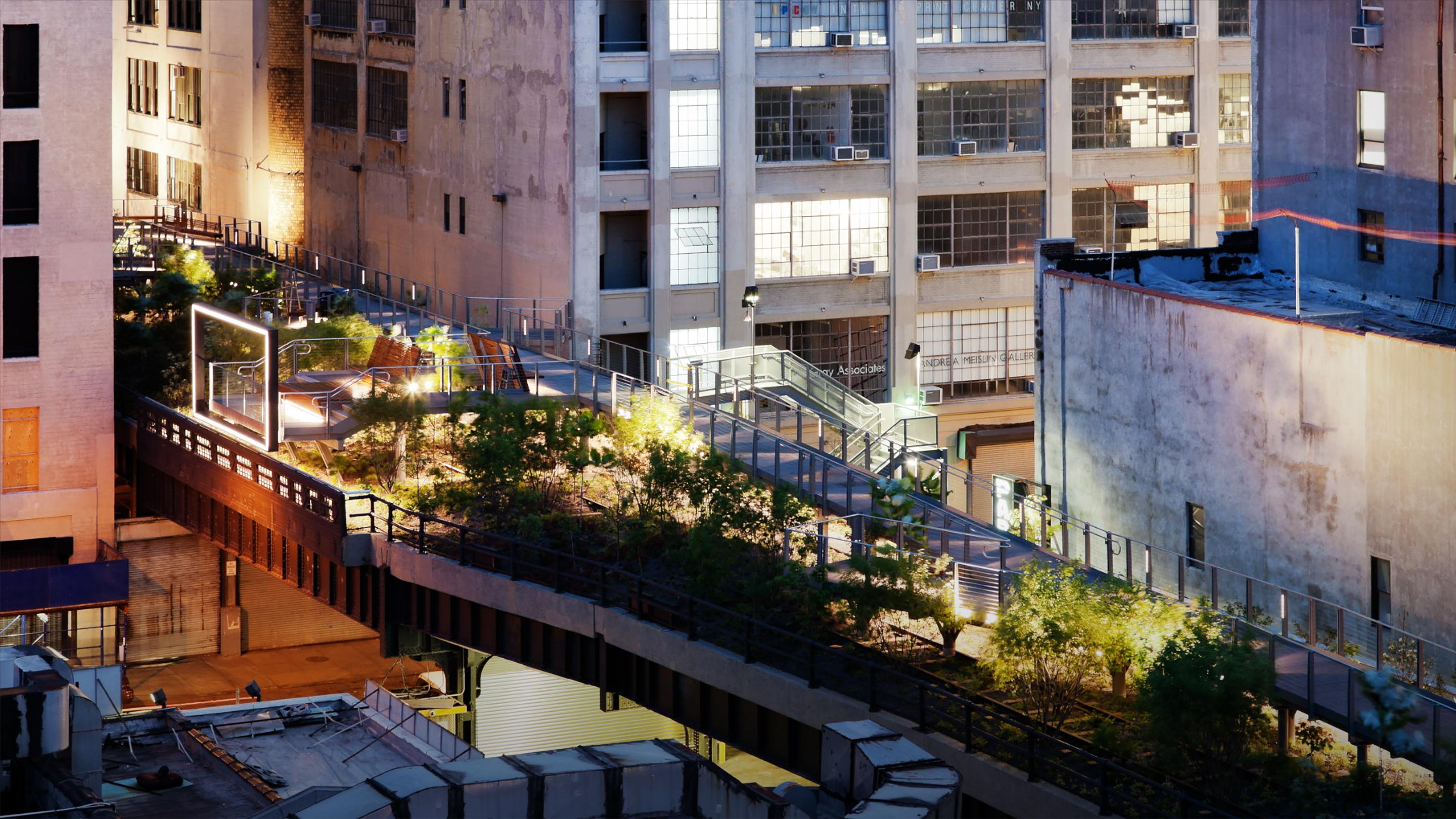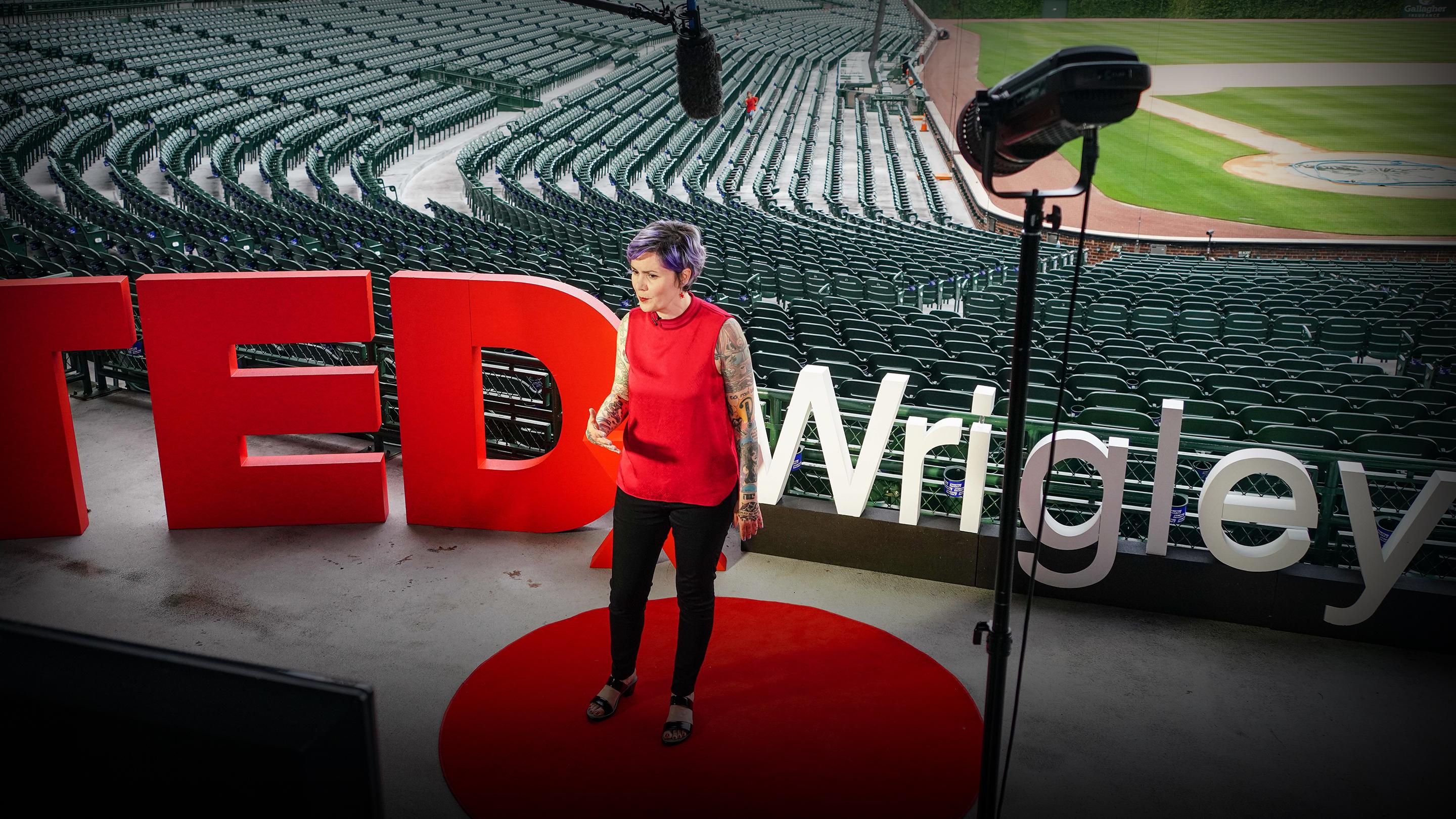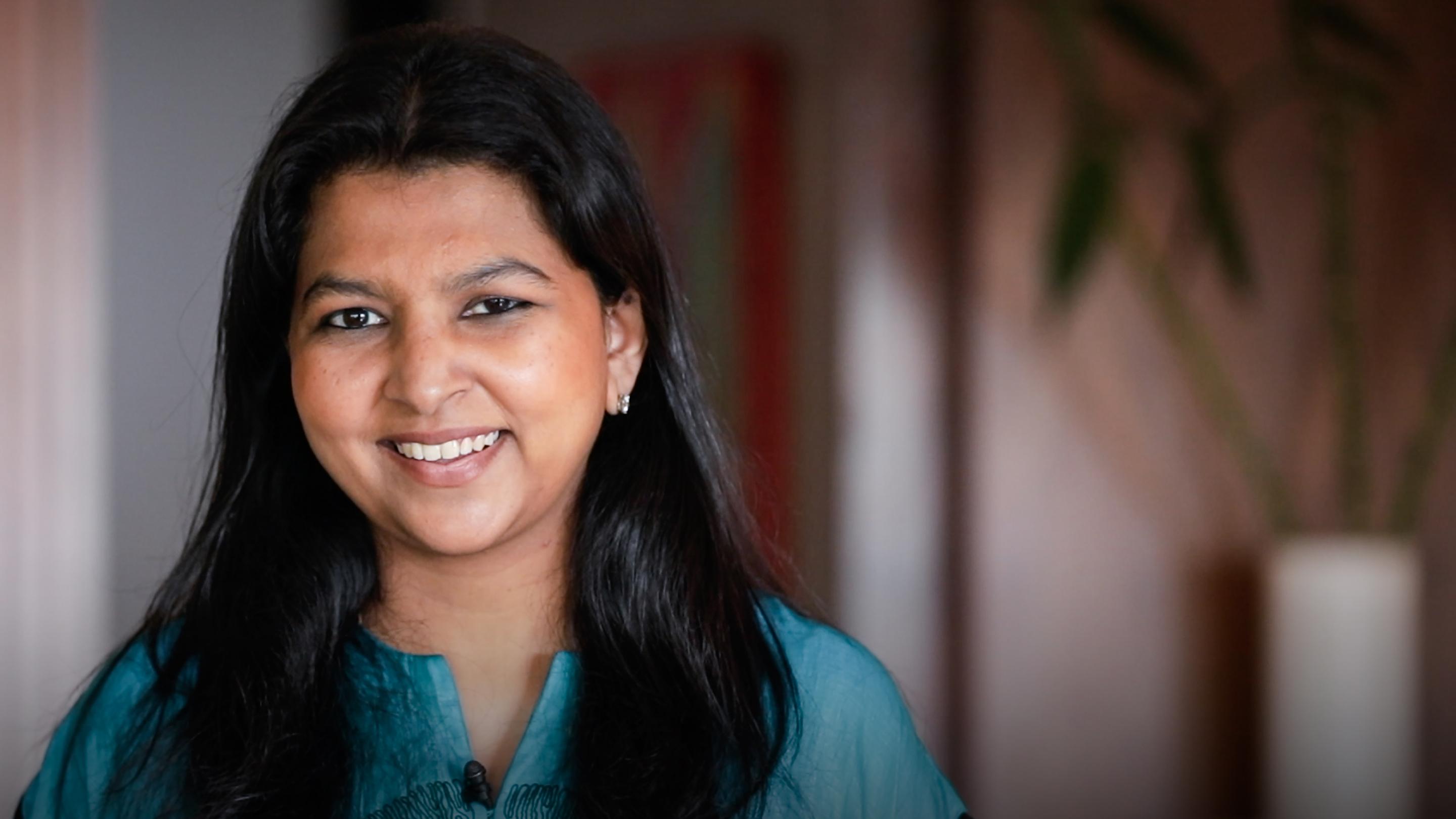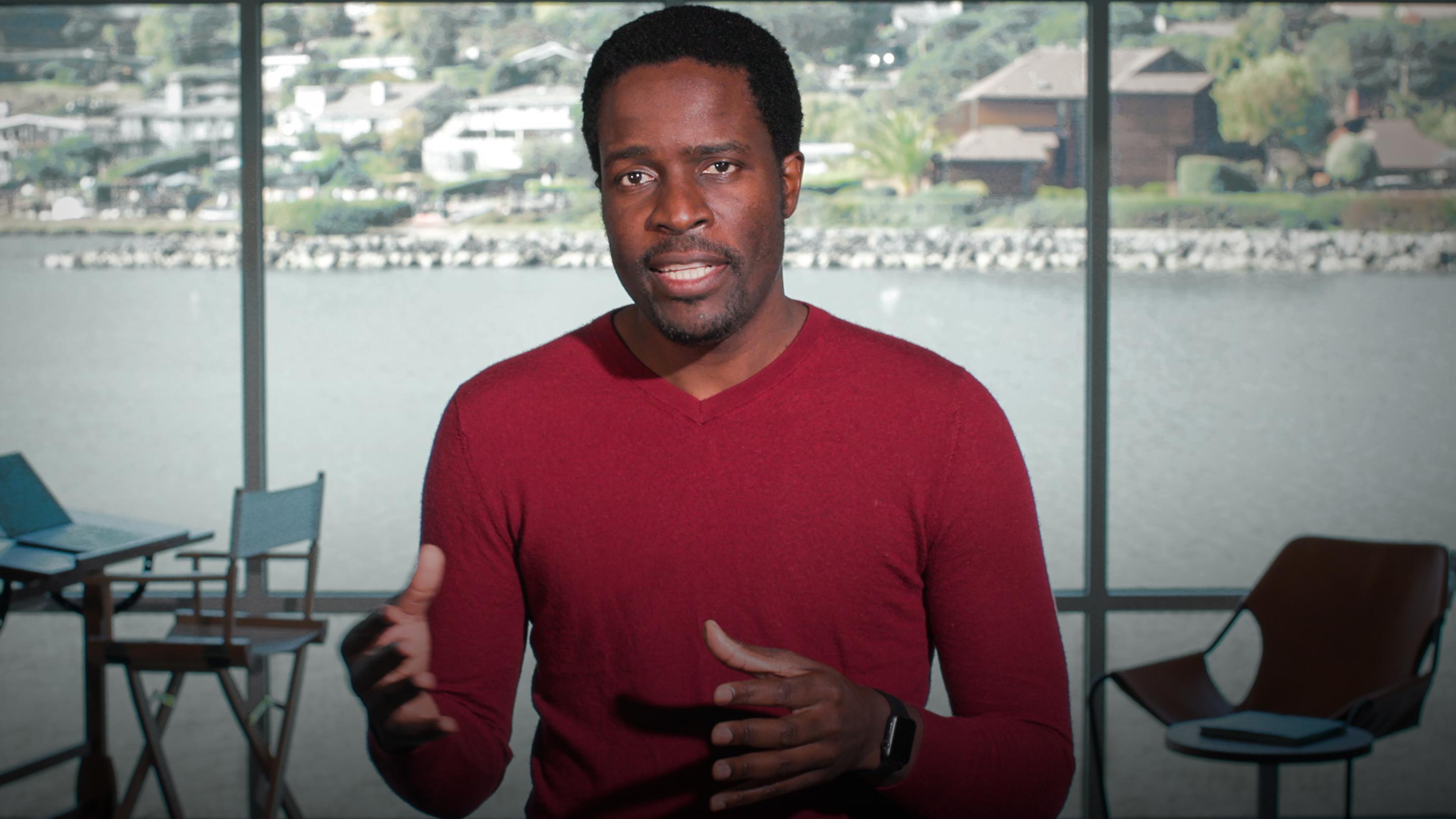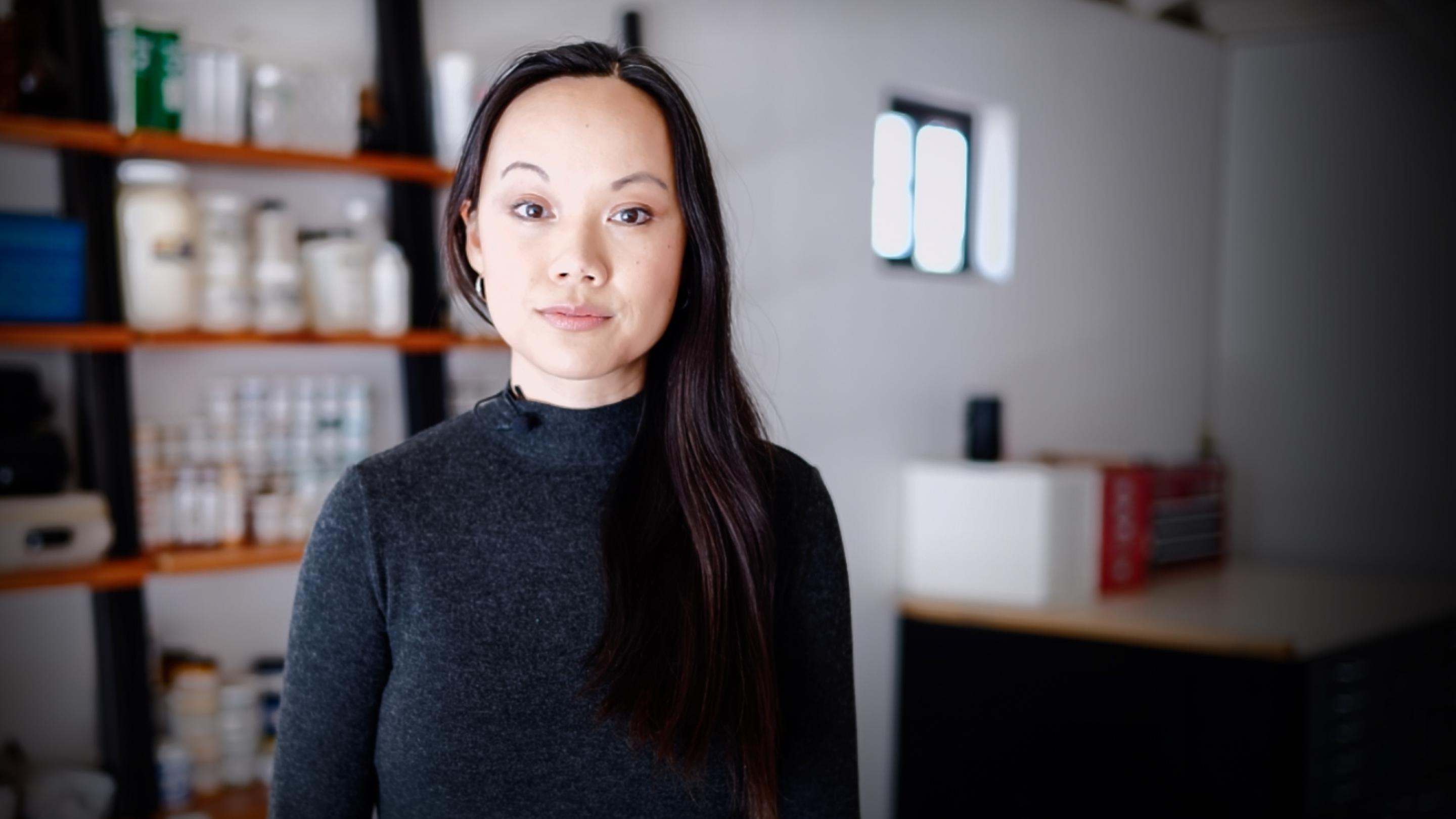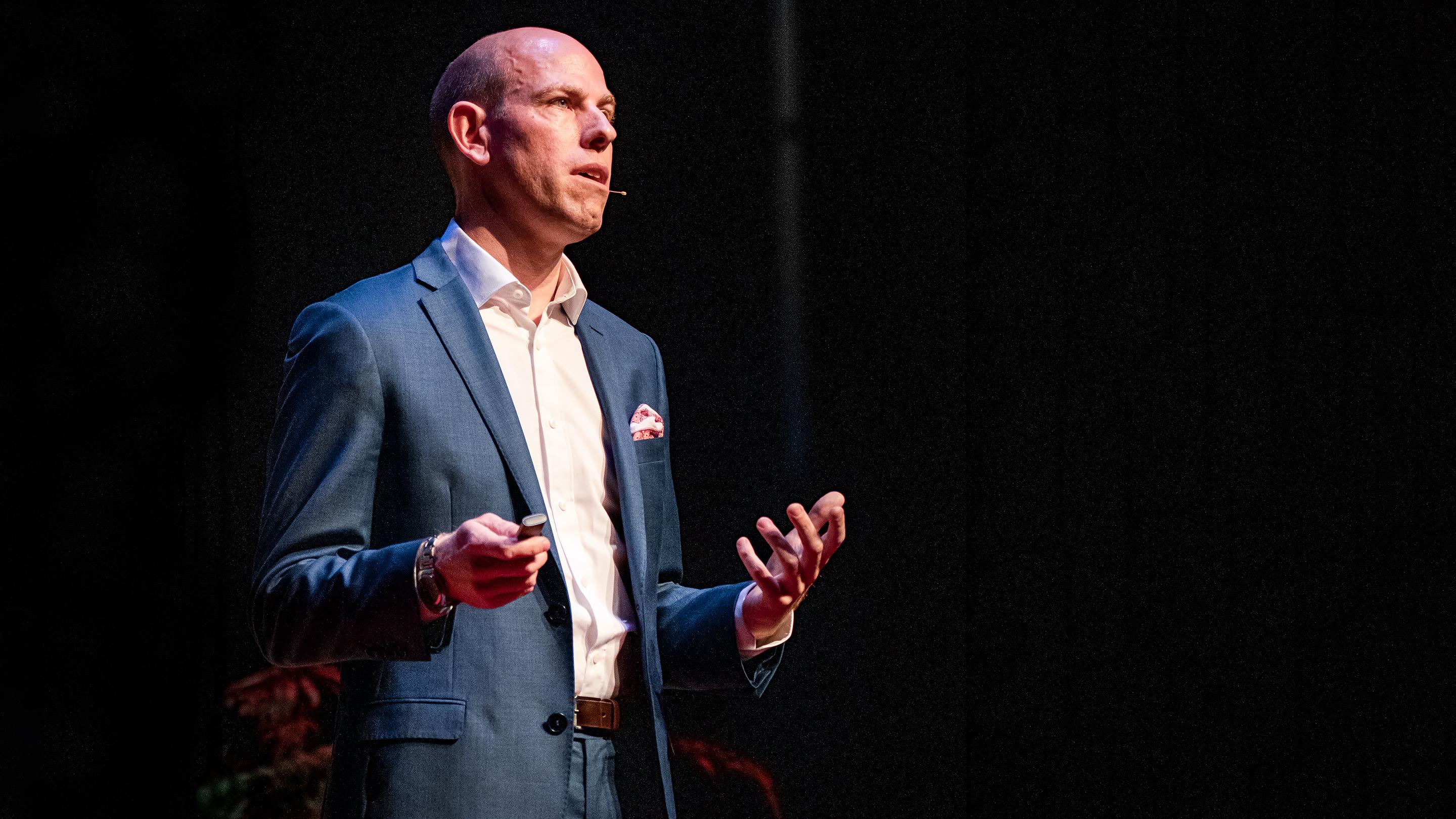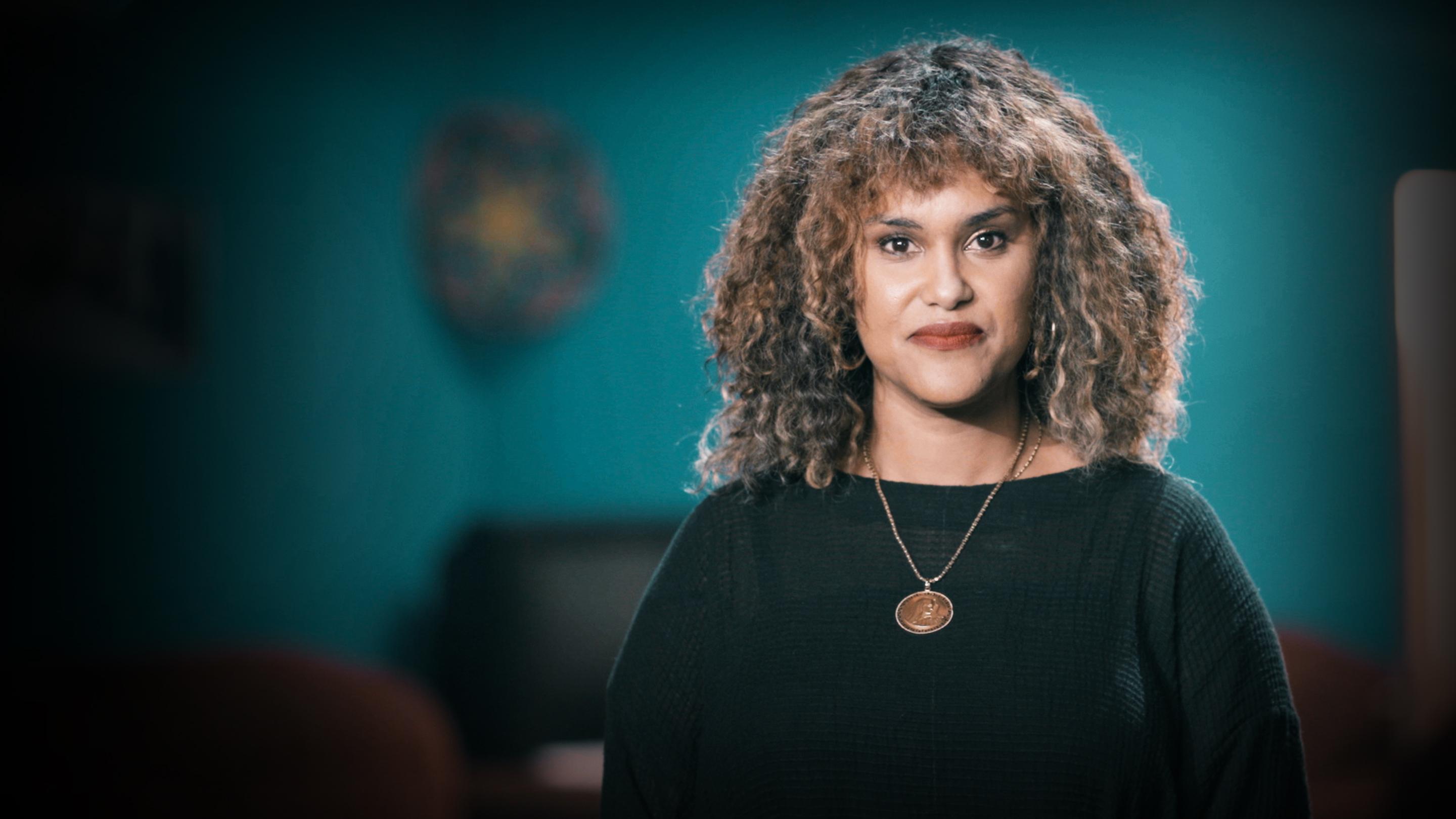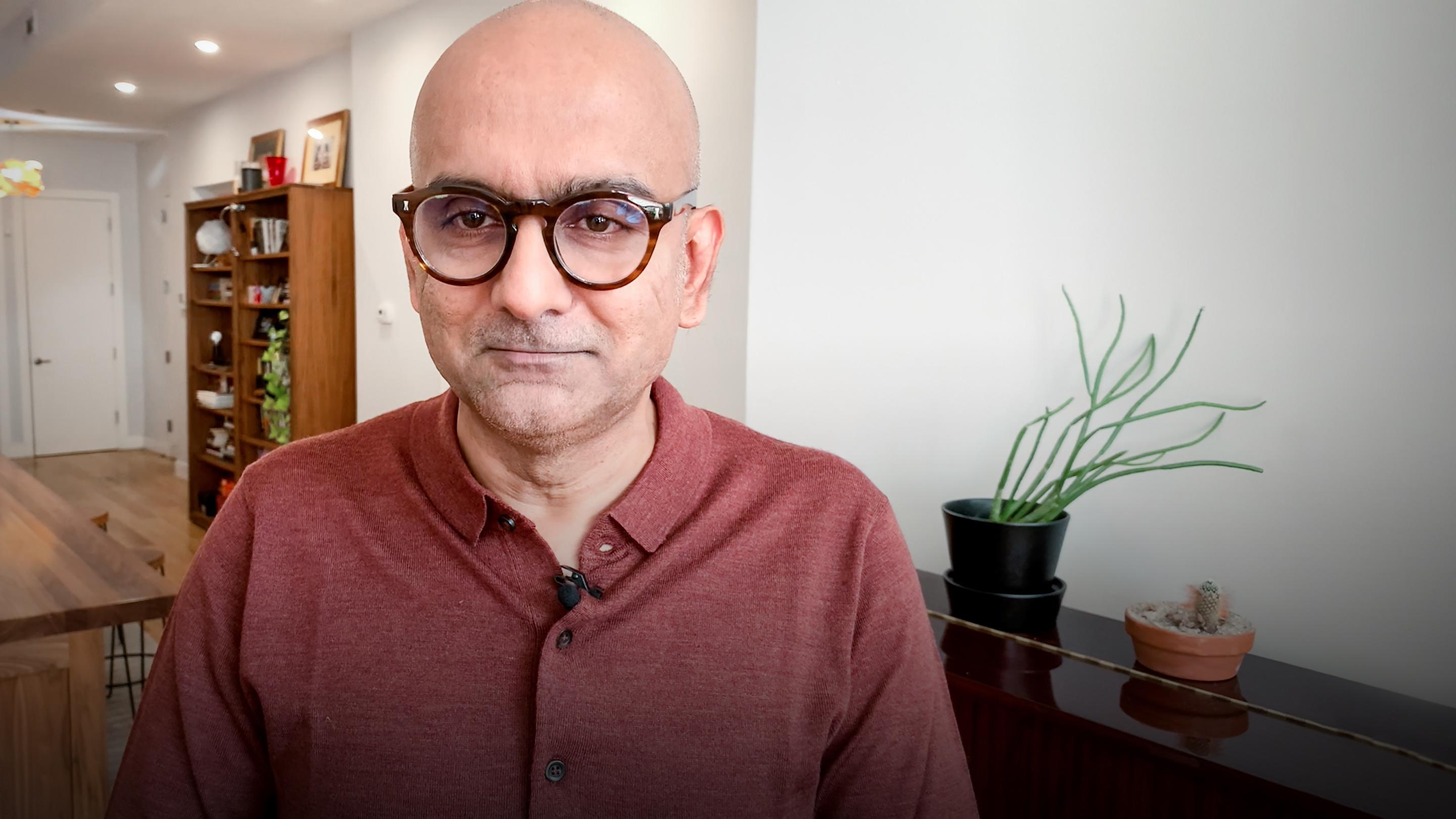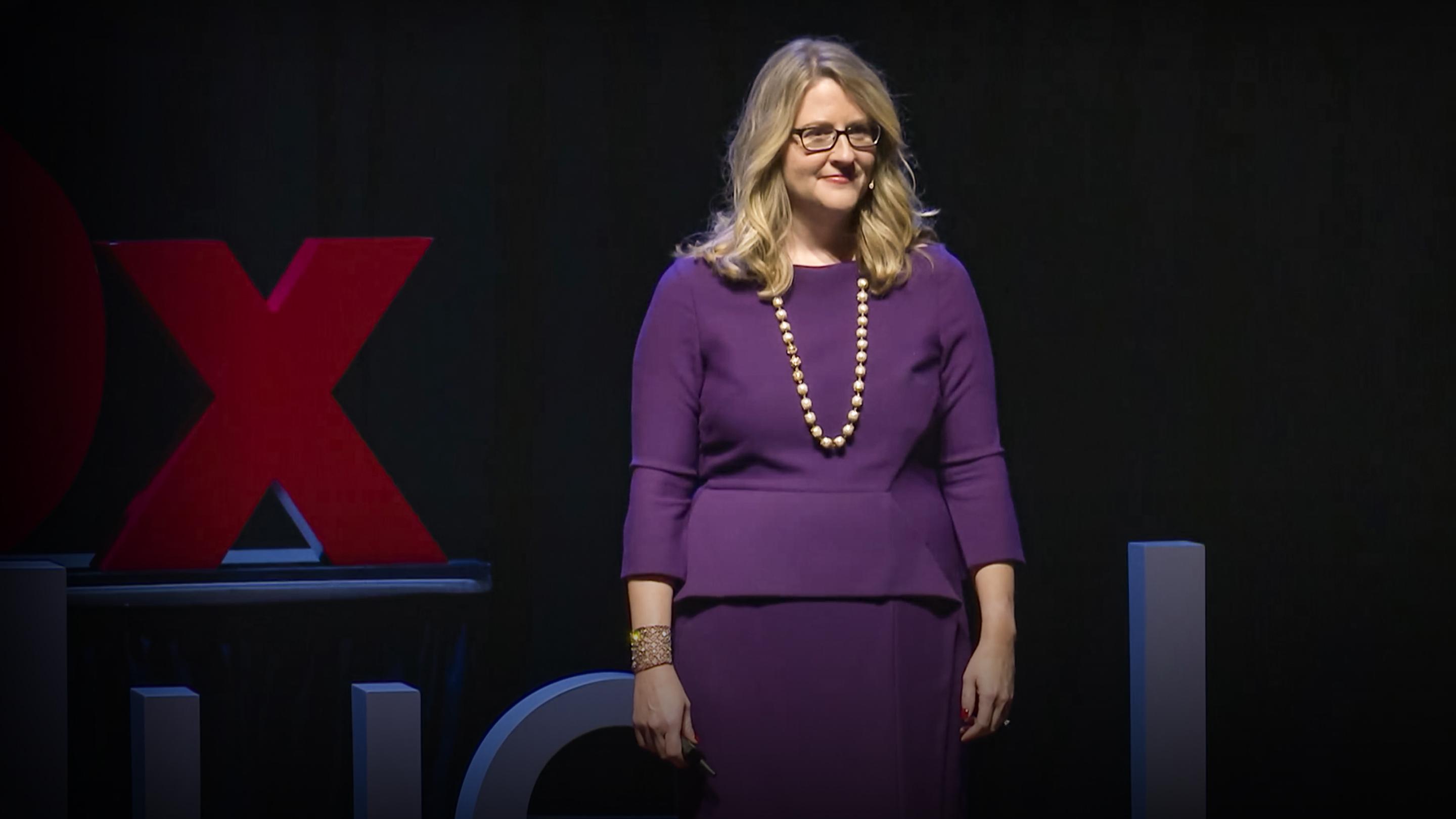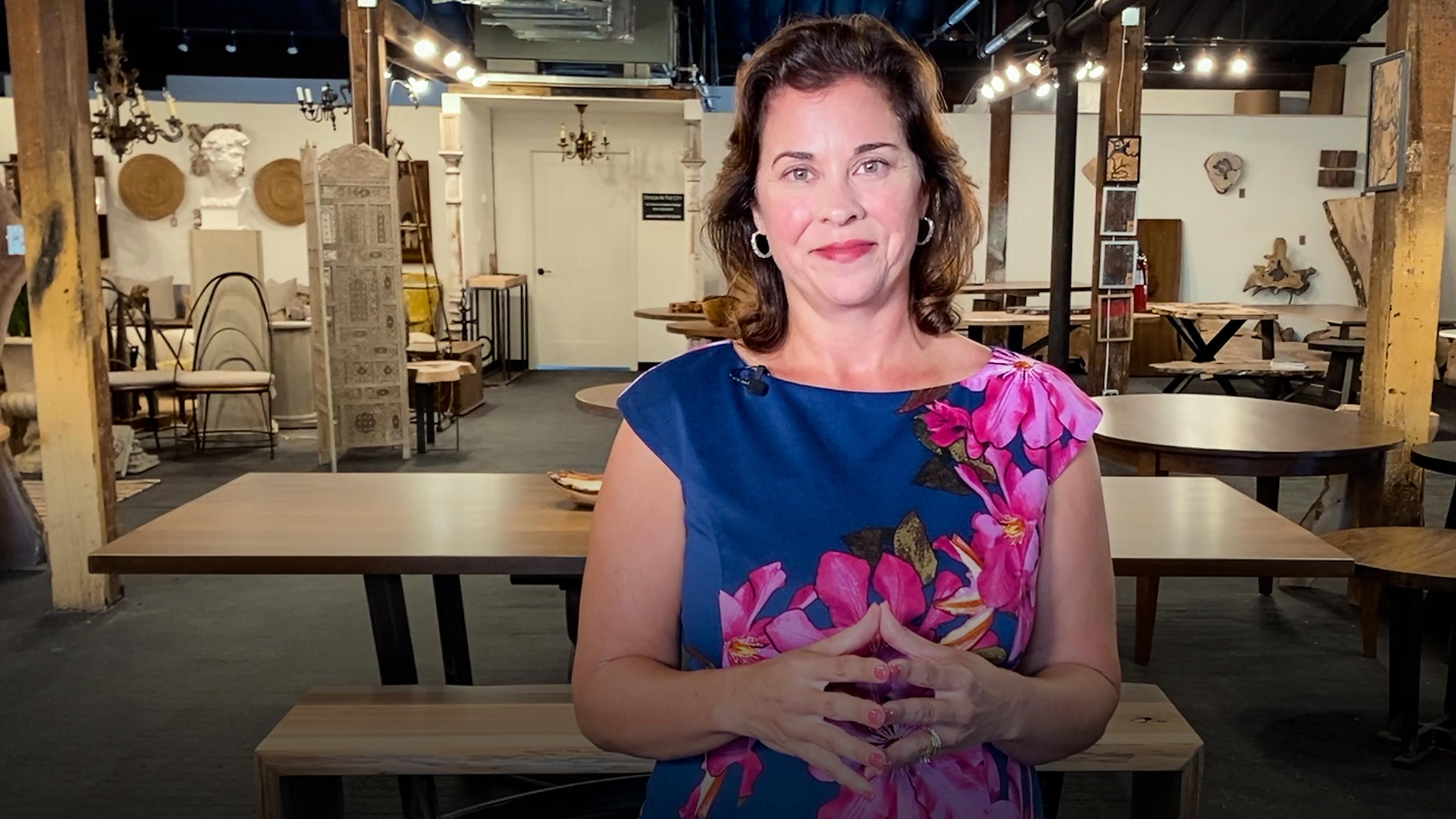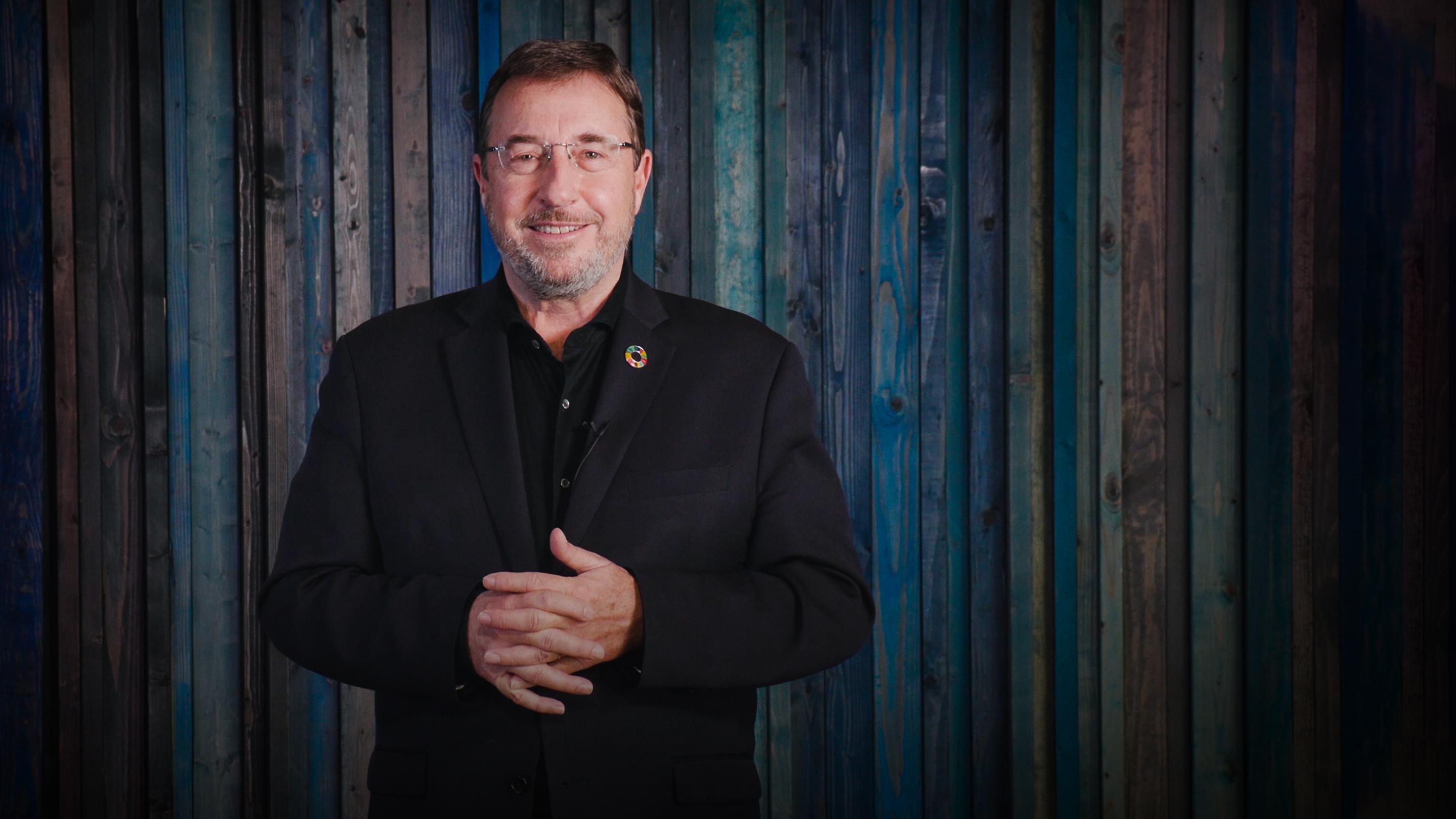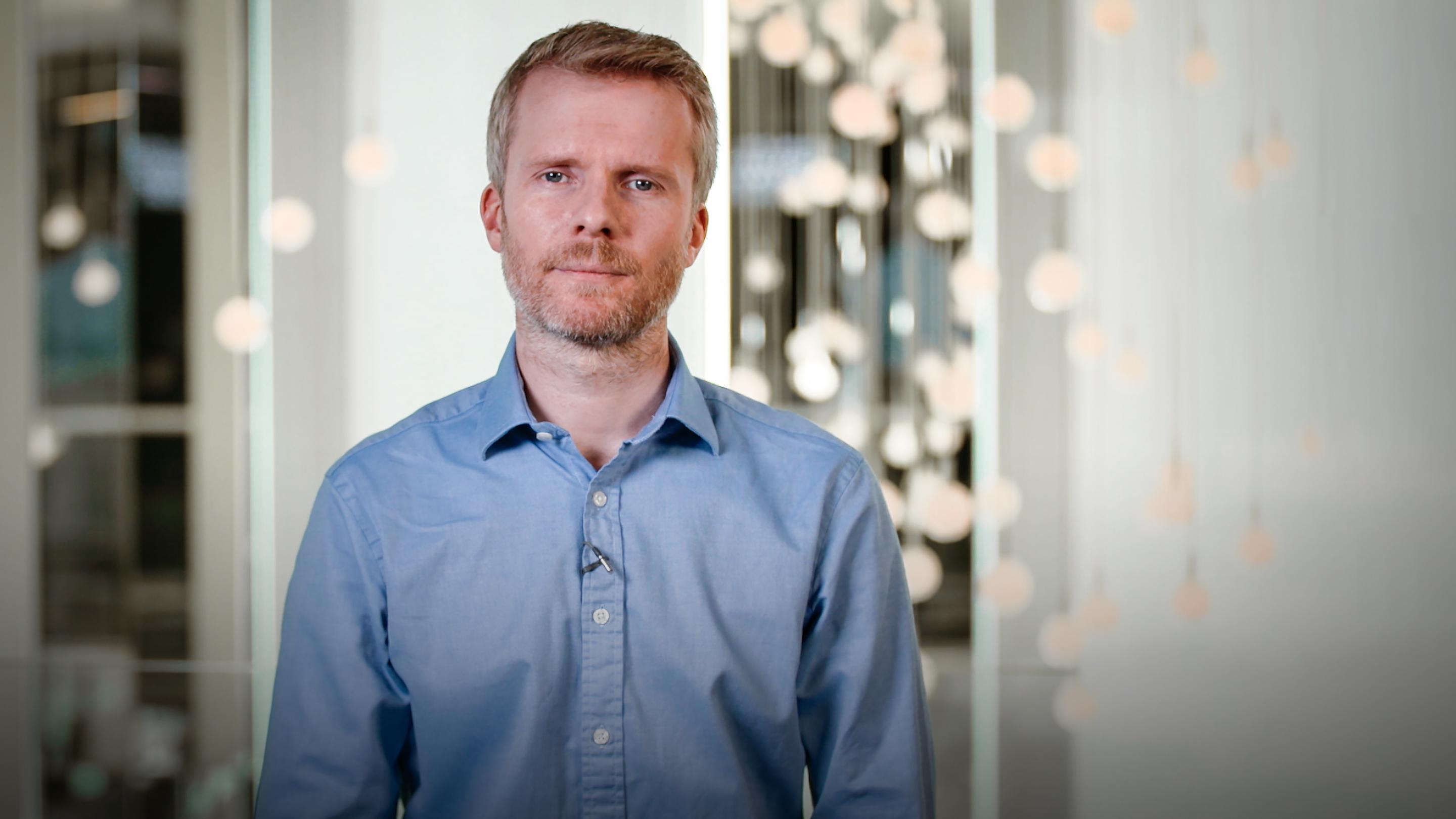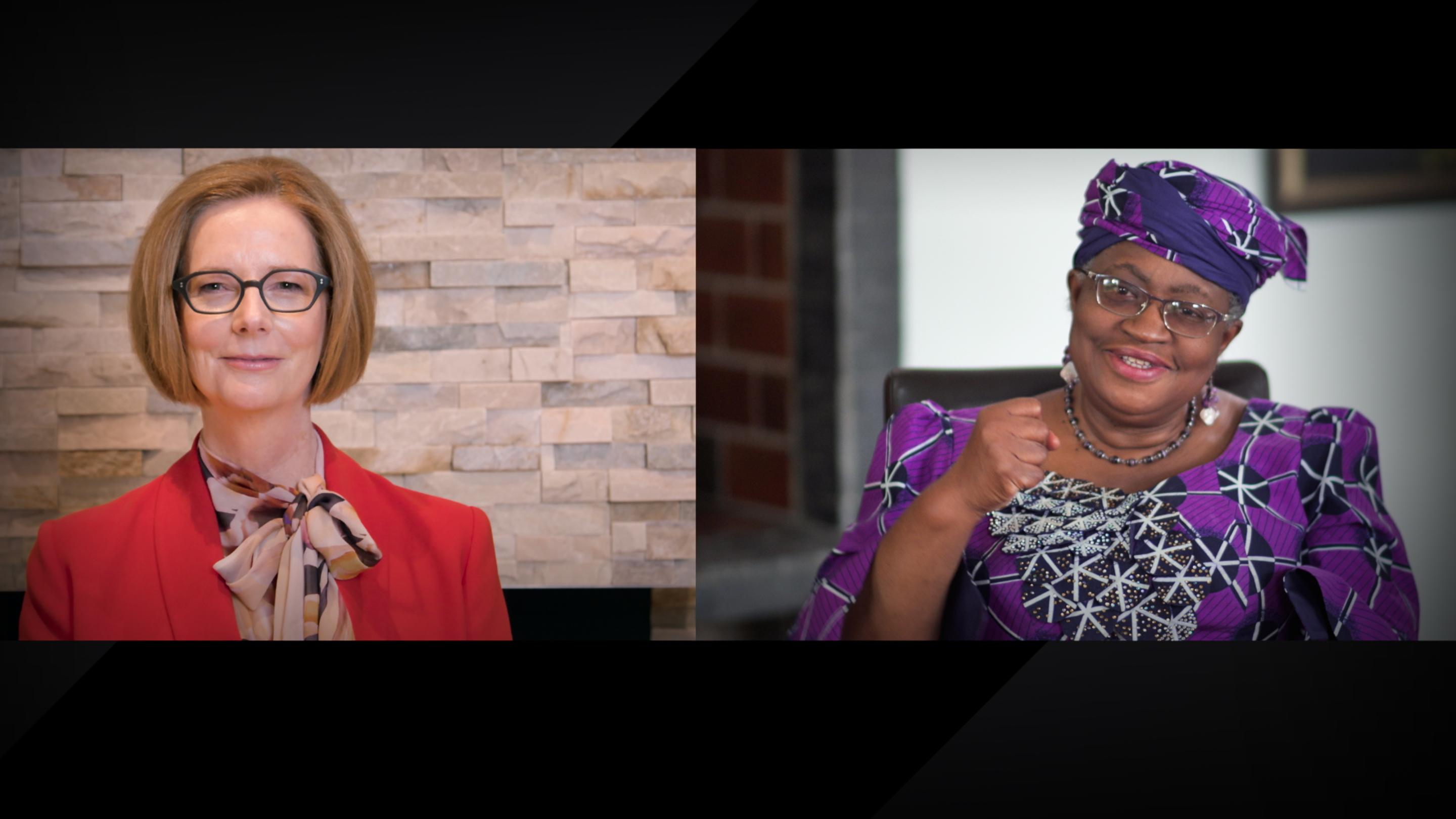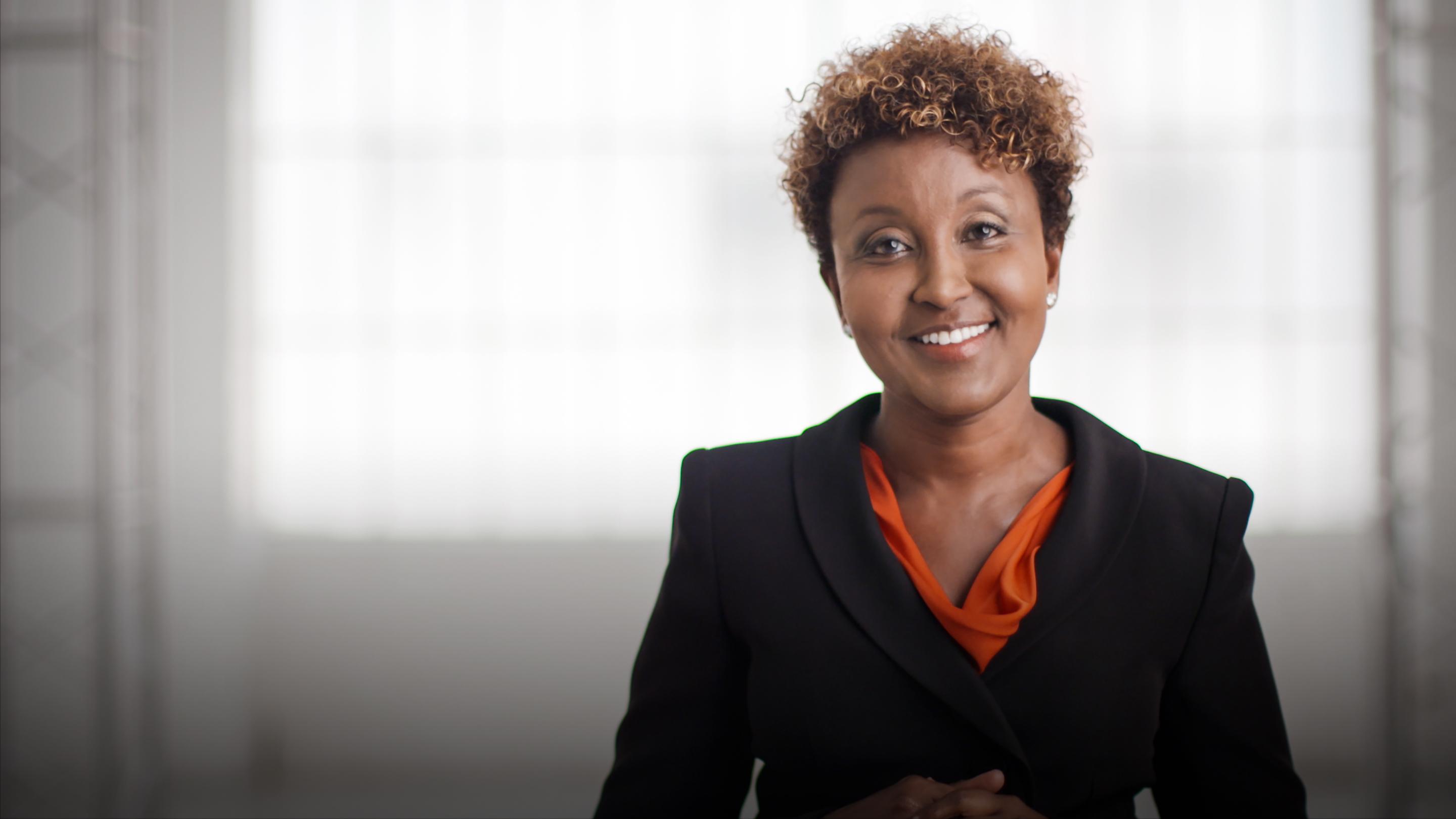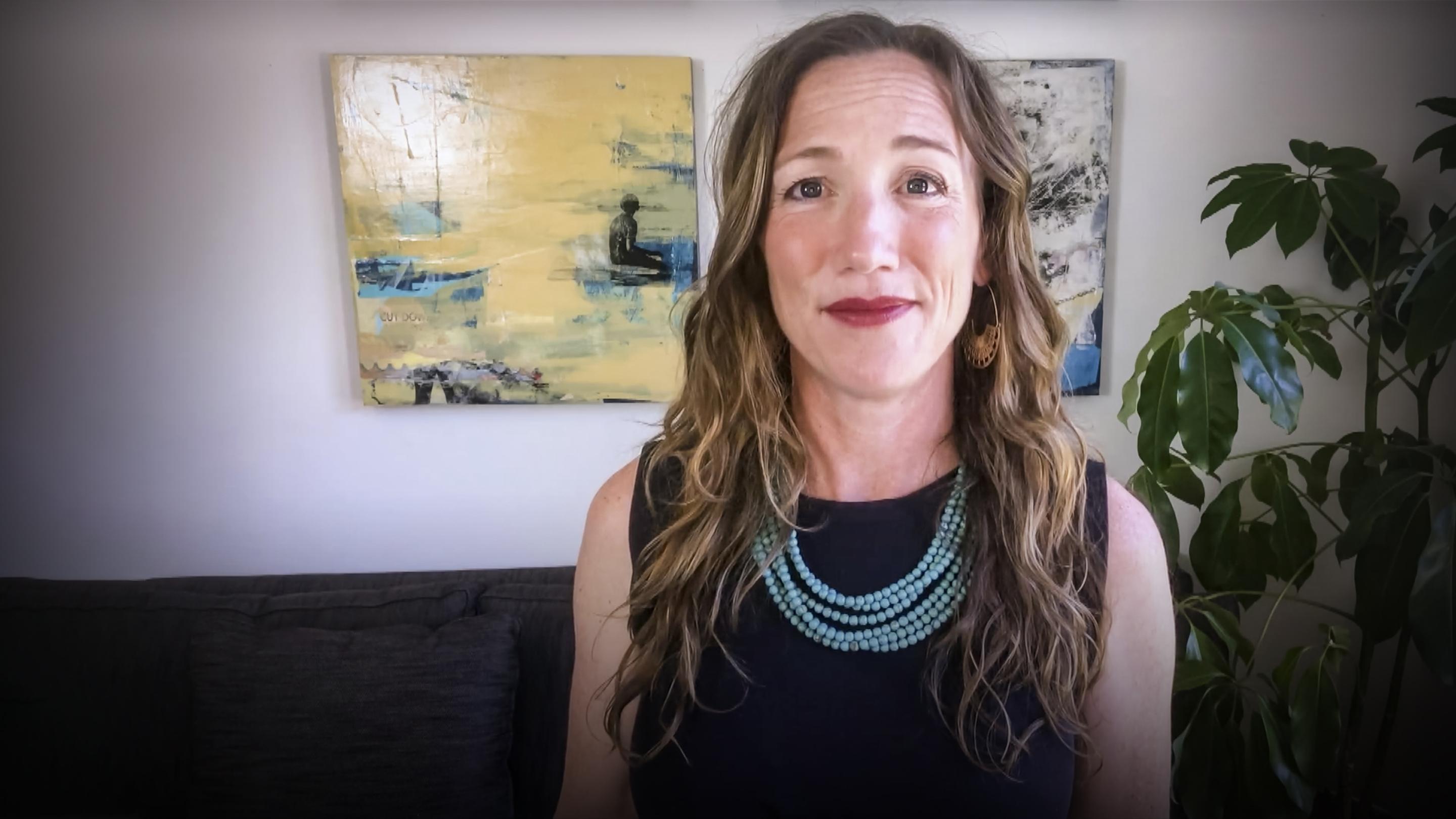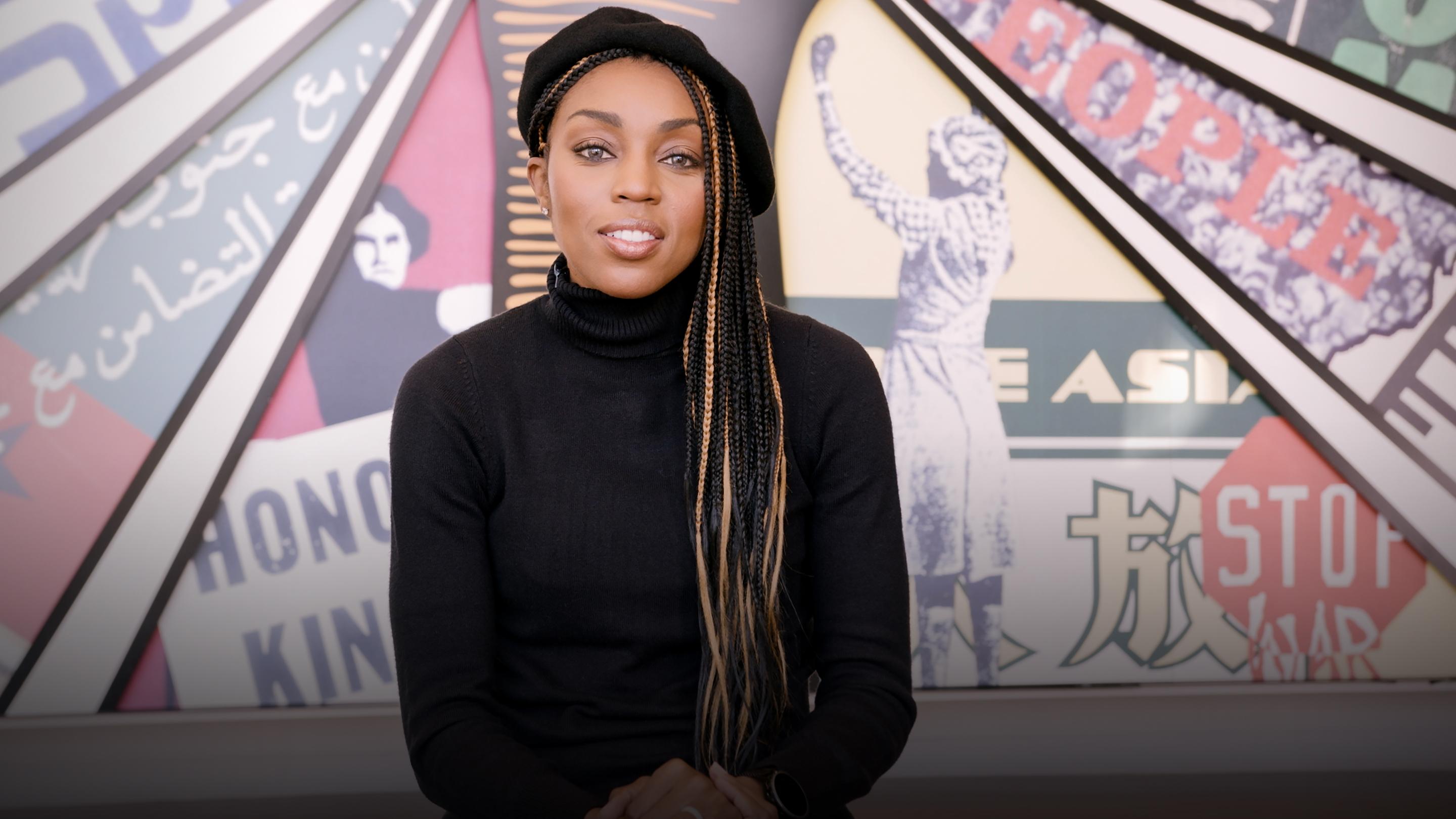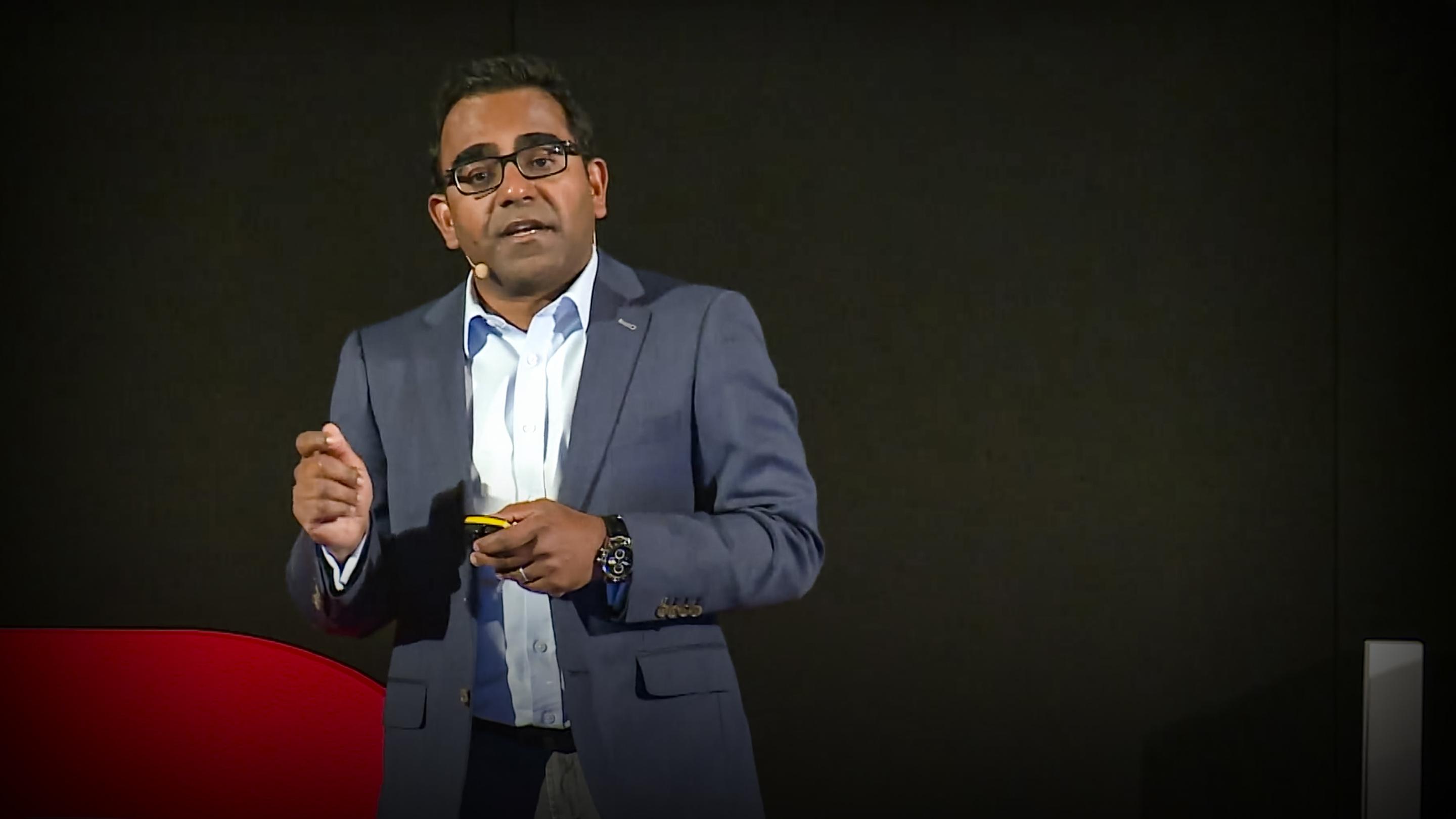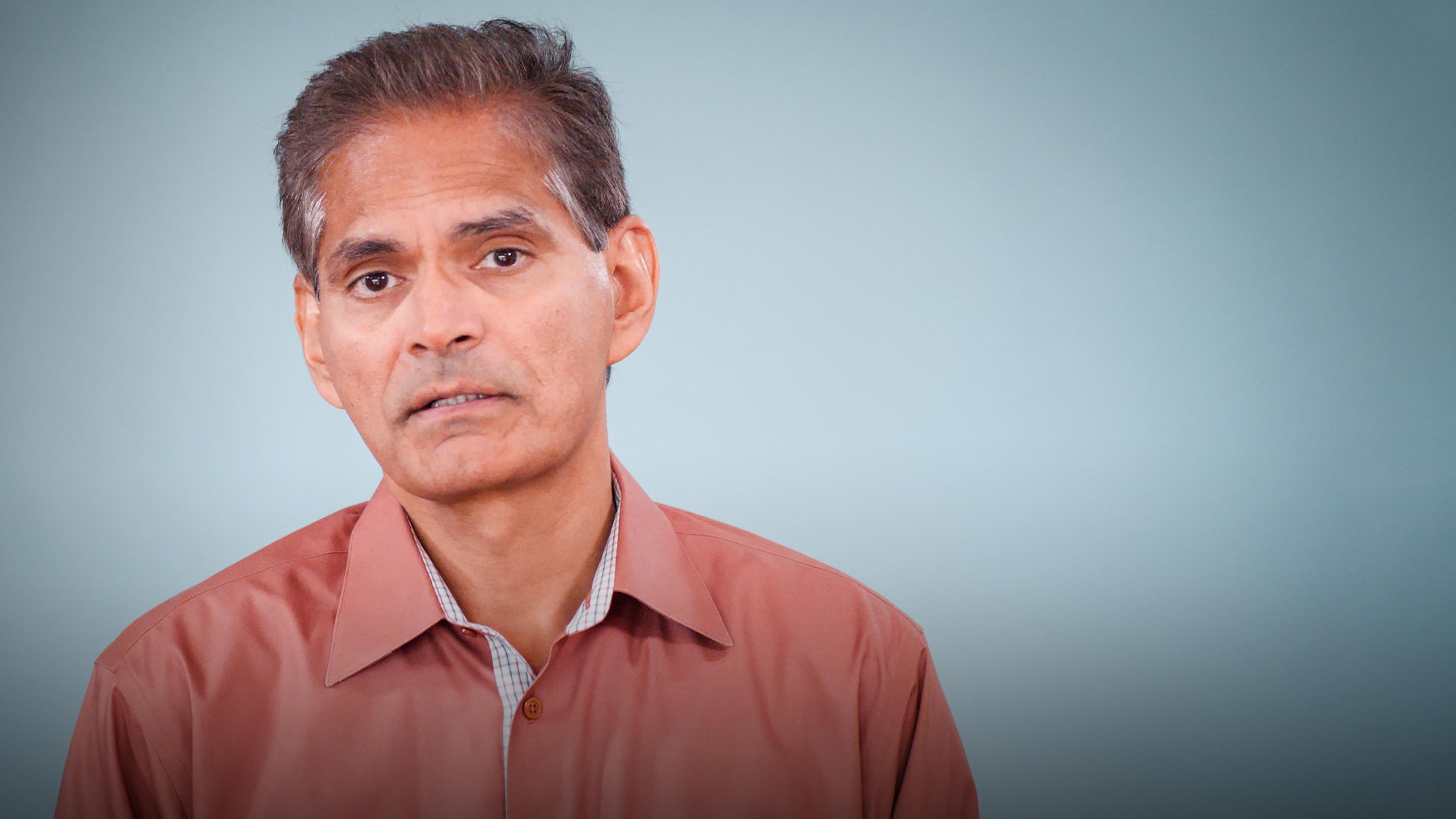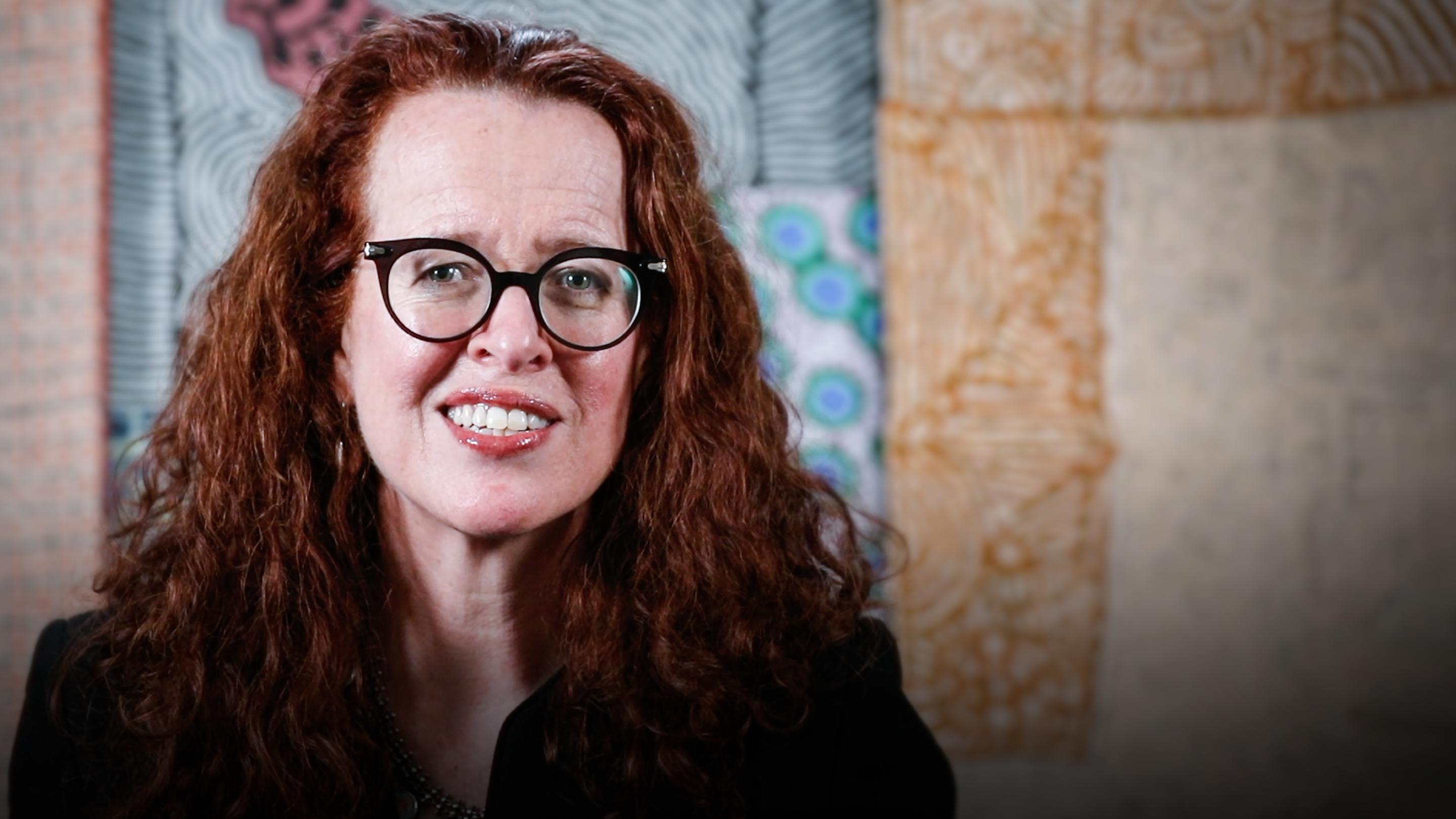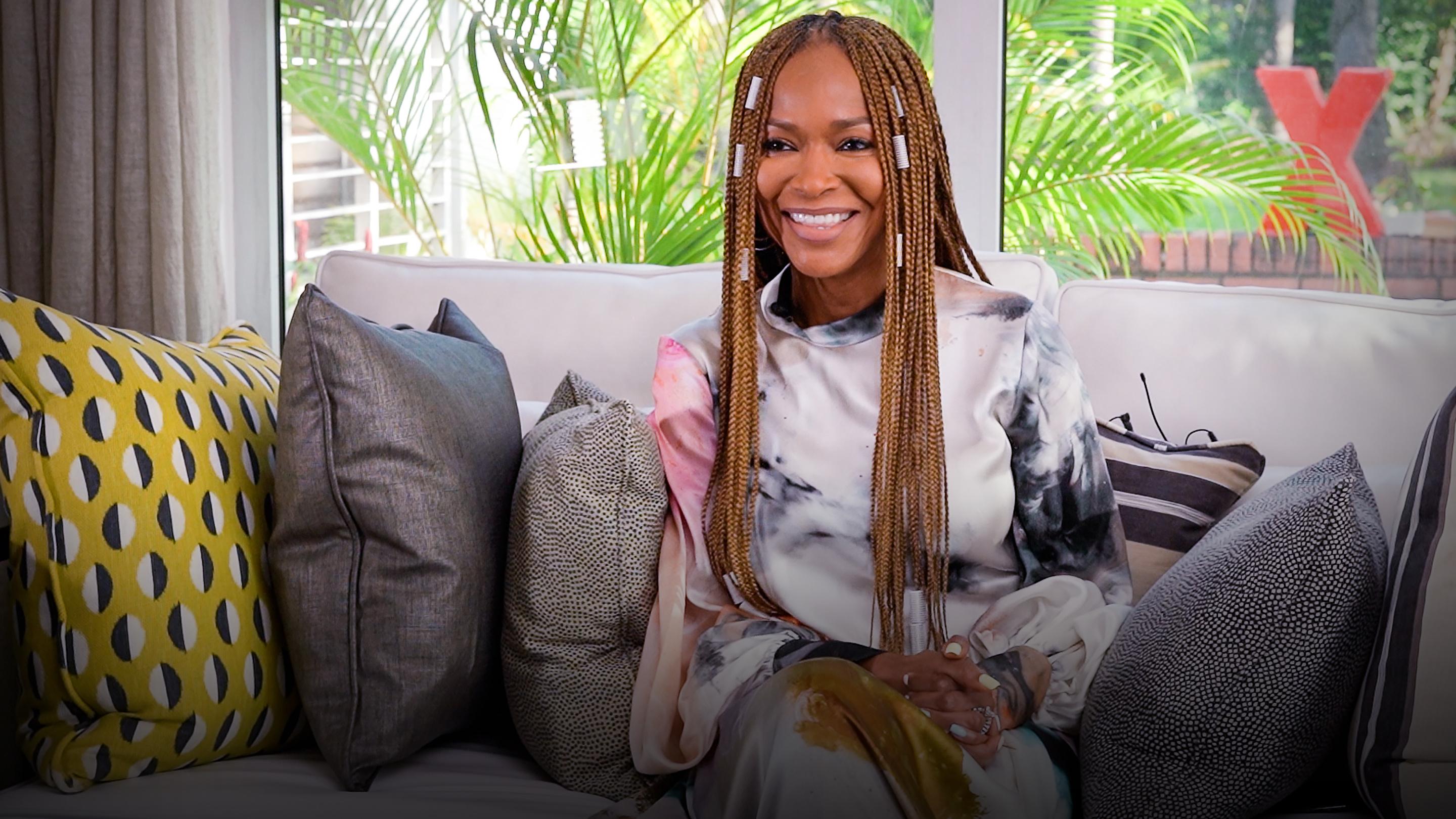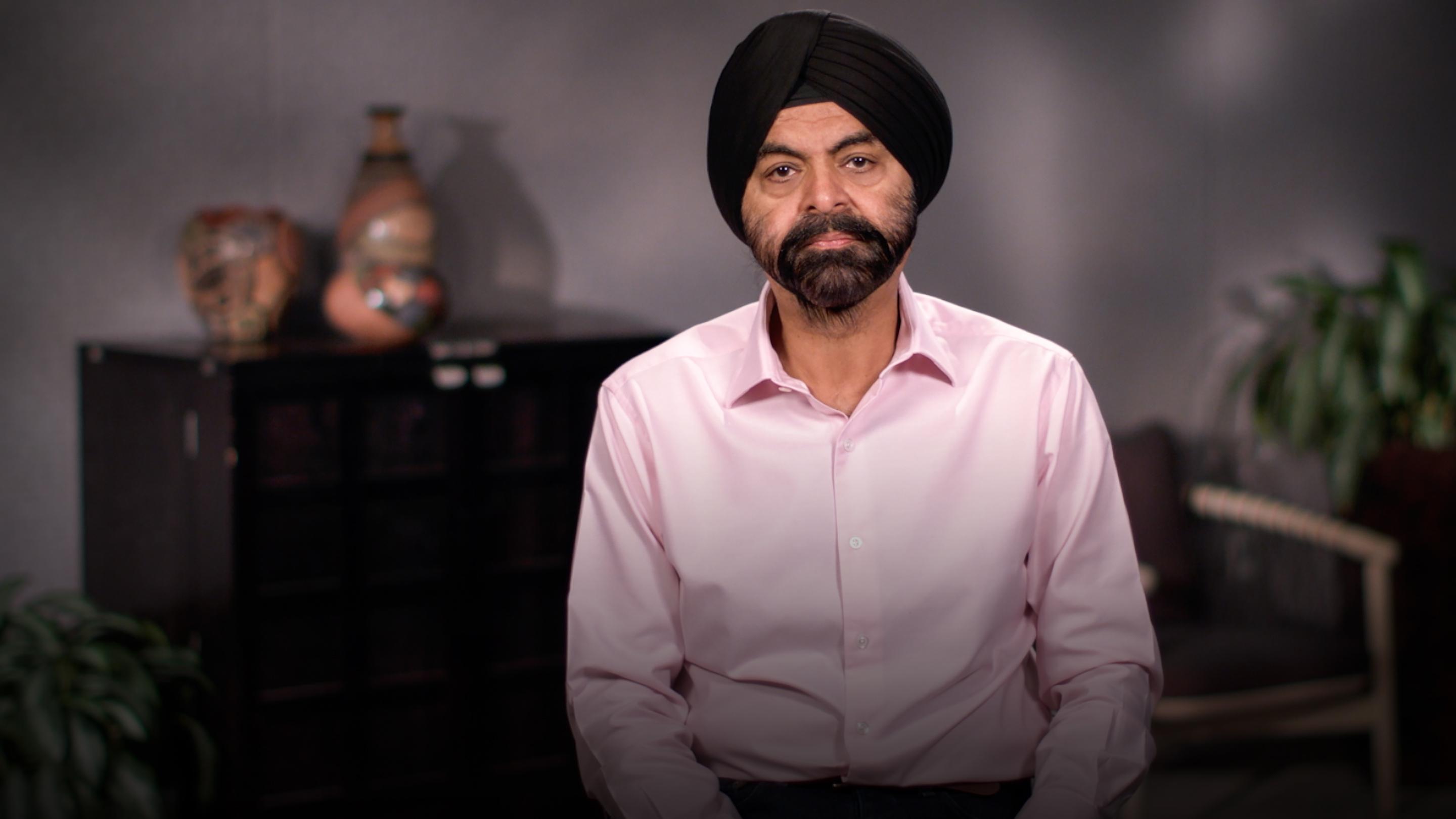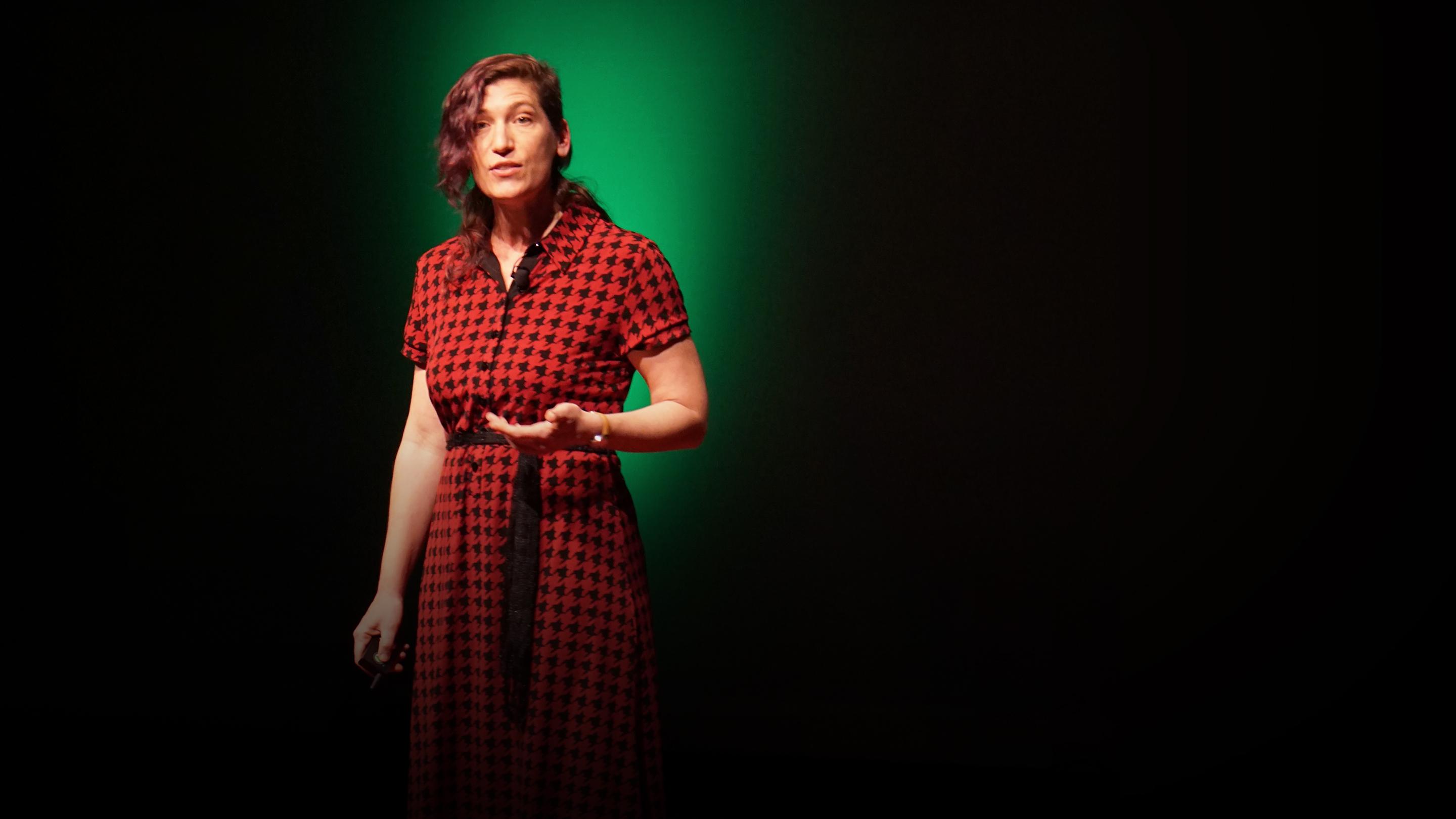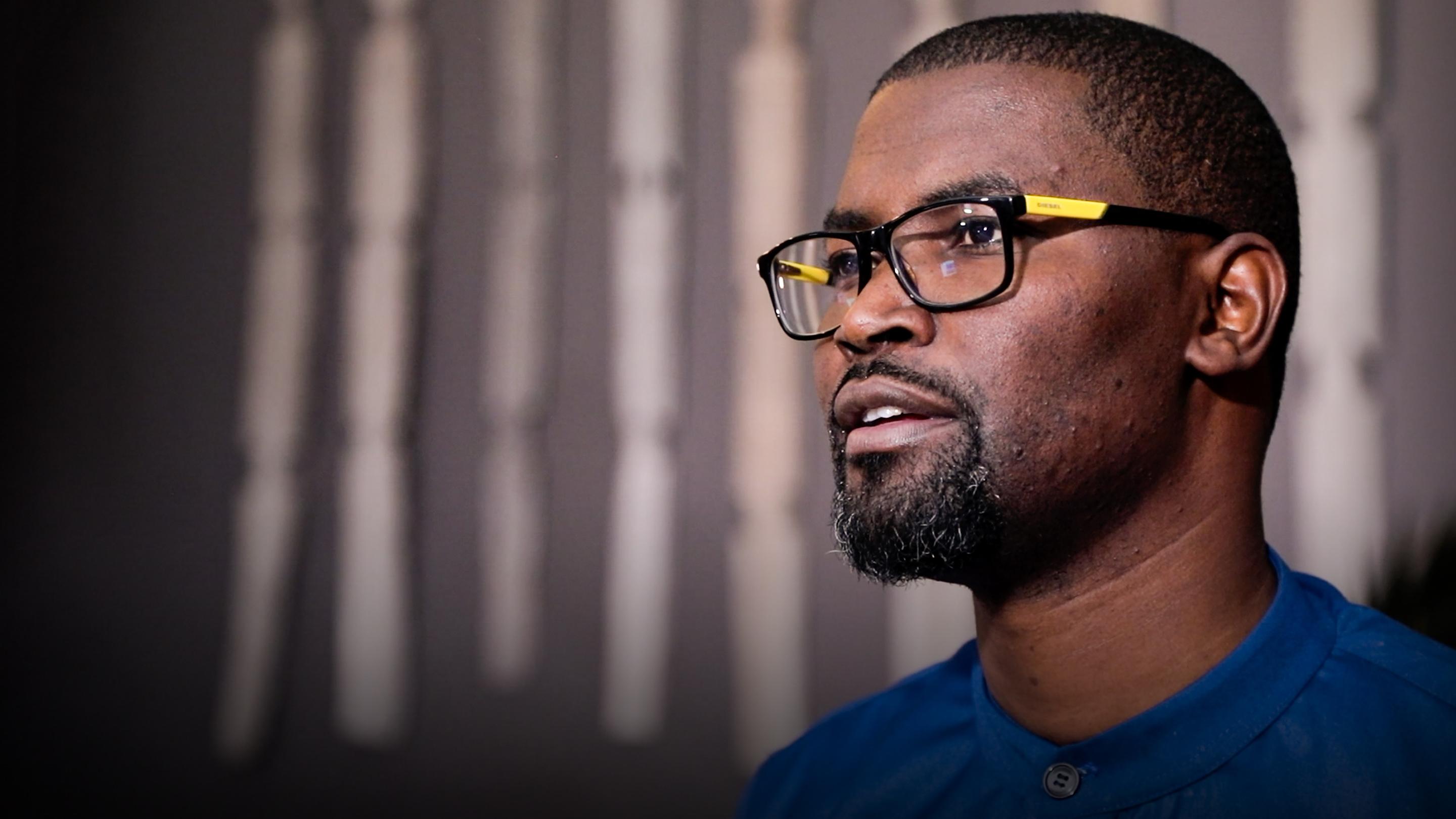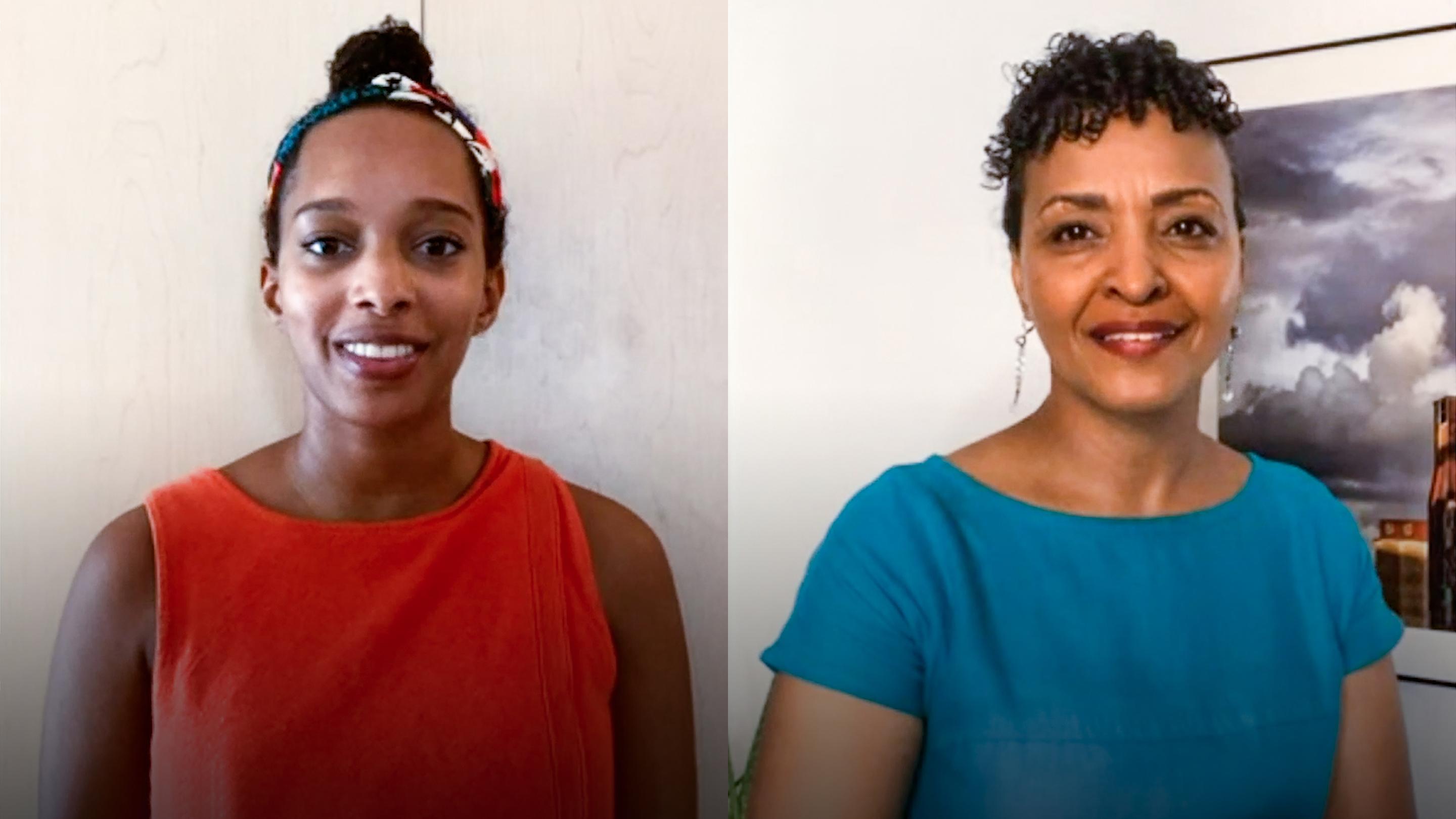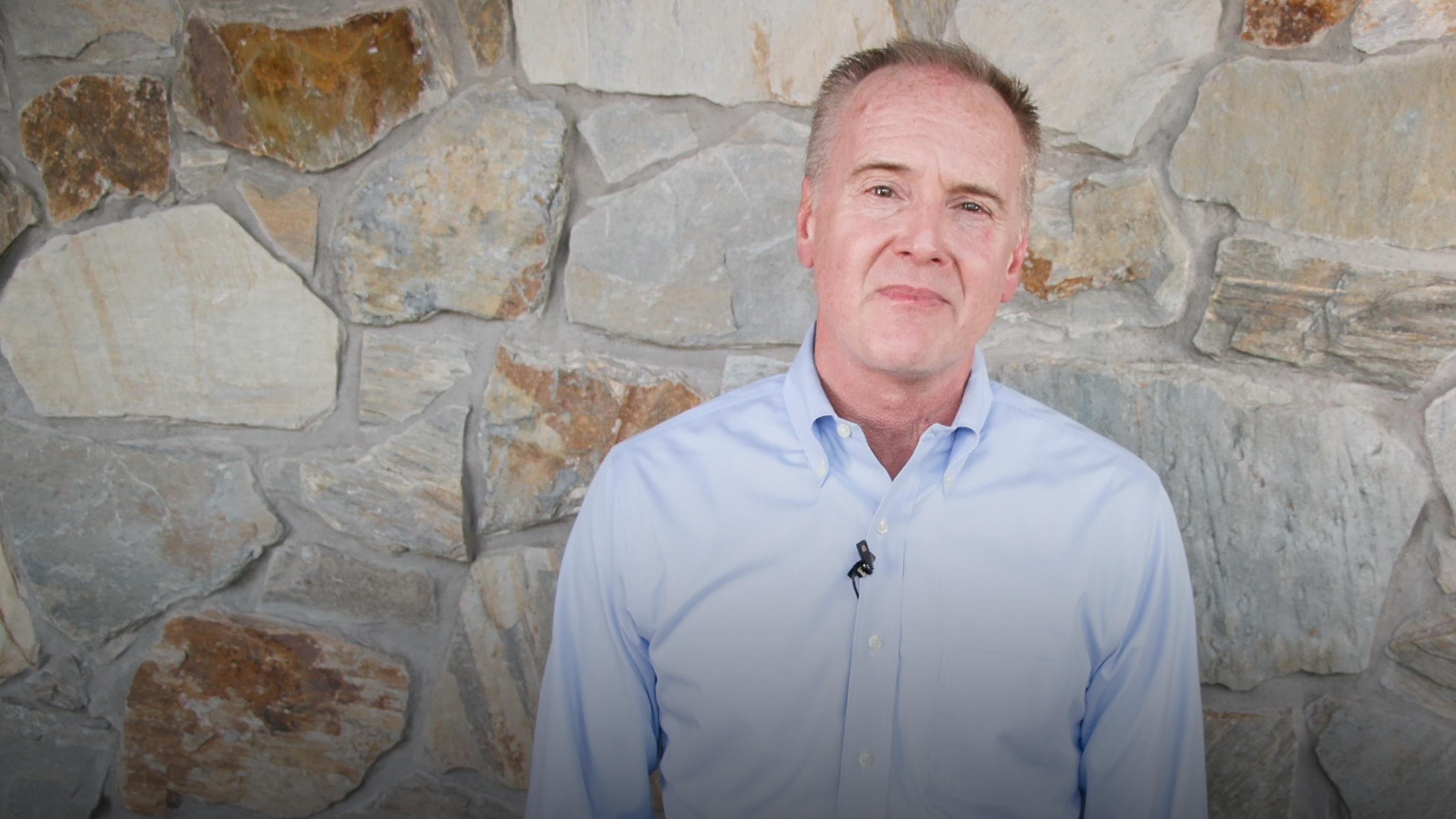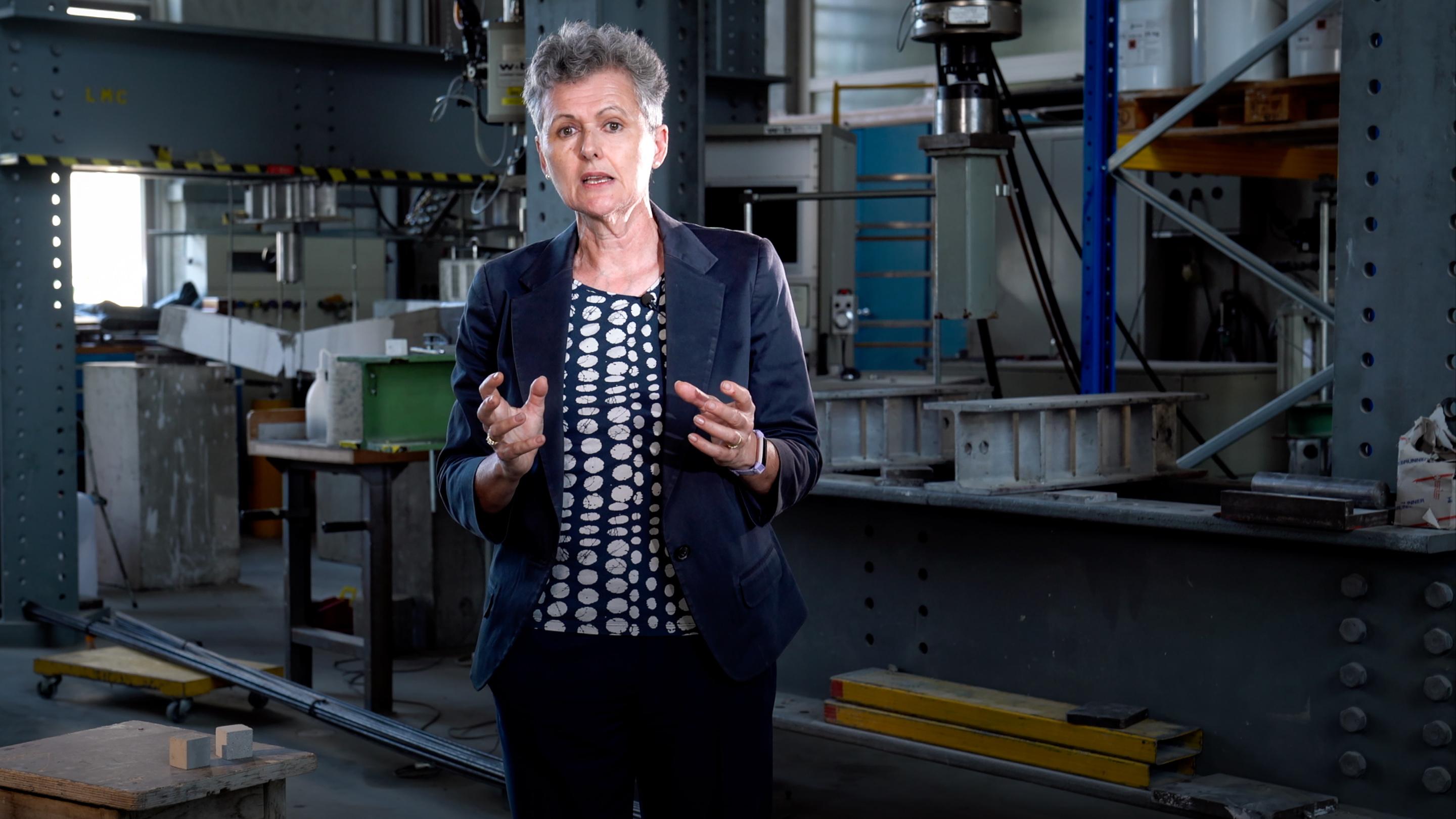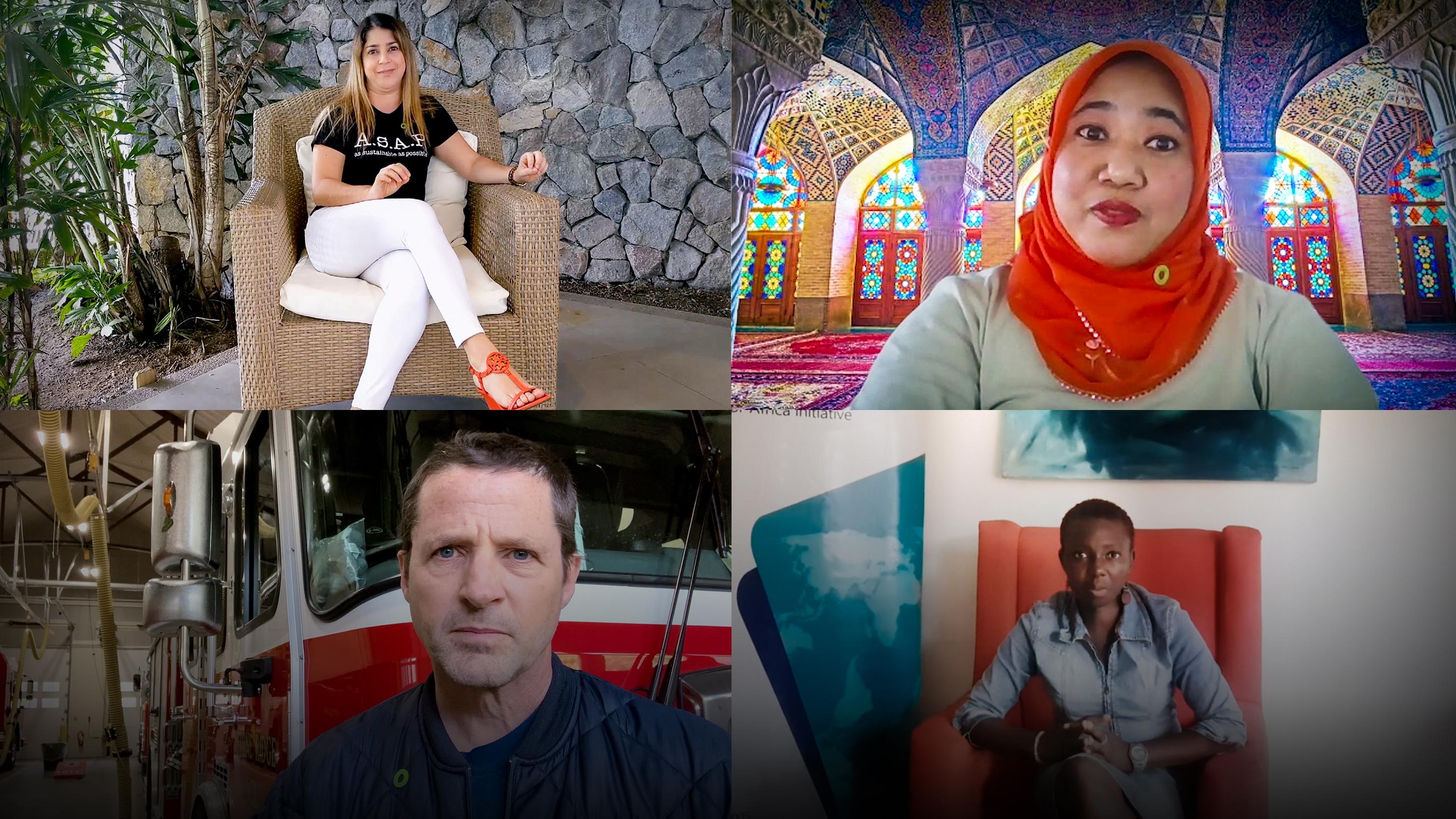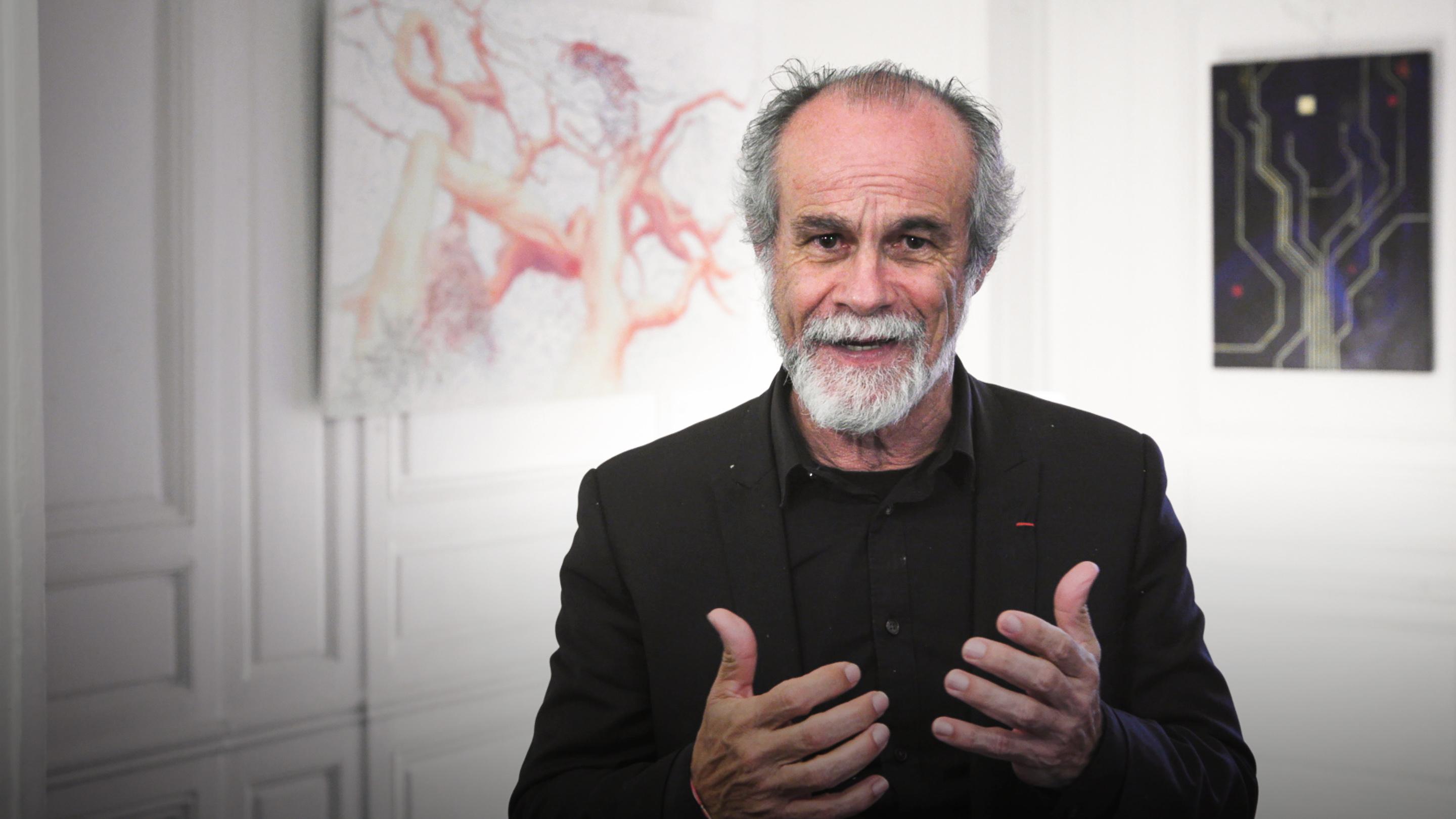TED Talks Daily (SD video)
TED is a nonprofit devoted to ideas worth spreading. On this video feed, you'll find TED Talks to inspire, intrigue and stir the imagination from some of the world's leading thinkers and doers, speaking from the stage at TED conferences, TEDx events and partner events around the world. This podcast is also available in high-def video and audio-only formats.
Education 60 rész TED is a nonprofit devoted to ideas worth spreading. On this video feed, you'll find TED Talks to inspire, intrigue and stir the imagination from some of the world's leading thinkers and doers, speaki
An election system that puts voters (not politicians) first | Amber McReynolds
10 perc
60. rész
From hours-long lines and limited polling locations to confusing and discriminatory registration policies, why is it so hard to vote in the US? Voting rights expert Amber McReynolds offers a proven alternative: a new process, already happening in parts of the country, that could bring accountability, transparency and equity to the outdated and sputtering system that American democracy currently relies on.
Why I photograph the quiet moments of grief and loss | Caroline Catlin
13 perc
60. rész
The only thing as powerful as our grief is the love we have for those we've lost, says photographer Caroline Catlin. In this meditation on the intersection of life and death, Catlin shares how her personal journey with loss drove her to capture the elusive moments of grace and beauty that exist even in the hardest moments imaginable.
Possible futures from the intersection of nature, tech and society | Natsai Audrey Chieza
8 perc
60. rész
Biodesigner Natsai Audrey Chieza prototypes the future, imagining a world where people and nature can thrive together. In this wildly imaginative talk, she shares the vision behind her innovation lab, which works at the intersection of nature, technology and society to create sustainable materials and models for the future. Chieza invites us to consider what kind of world we wish for -- and what systemic changes and collaborations need to happen for it to exist.
The innovations we need to avoid a climate disaster | Bill Gates
48 perc
60. rész
The single most important thing for avoiding a climate disaster is cutting carbon pollution from the current 51 billion tons per year to zero, says philanthropist and technologist Bill Gates. Introducing the concept of the "green premium" -- the higher price of zero-emission products like electric cars, artificial meat or sustainable aviation fuel -- Gates identifies the breakthroughs and investments we need to reduce the cost of clean tech, decarbonize the economy and create a pathway to a clean and prosperous future for all. (This virtual conversation, hosted by TED Global curator Bruno Giussani, was recorded in March 2021.)
Online learning could change academia -- for good | Tyler Dewitt
13 perc
60. rész
Higher education remains rooted in rigid, traditional structures and tracks -- and it's at risk of getting left behind in favor of expanded access, greater flexibility and tailored learning. Educator Tyler DeWitt explains how innovations in digital content and virtual reality are ushering in the future of learning, emphasizing why academia must adapt to this new reality and embrace an approach to education that works with students' needs -- not against them.
How to have constructive conversations | Julia Dhar
10 perc
60. rész
"We need to figure out how we go into conversations not looking for the victory, but the progress," says world debate champion Julia Dhar. In this practical talk, she shares three essential features of productive disagreements grounded in curiosity and purpose. The end result? Constructive conversations that sharpen your argument -- not your relationships.
How synthetic biology can improve our health, food and materials | Emily Leproust
11 perc
60. rész
What if we could we use biology to restore our balance with nature without giving up modern creature comforts? Advocating for a new kind of environmentalism, scientist and entrepreneur Emily Leproust rethinks modern sustainability at the molecular level, using synthetic biology to create green alternatives. From lab-developed insulin and disease-resistant bananas to airplanes made of super-strong spider silk, she explains how reading and writing DNA can lead to groundbreaking innovations in health, food and materials.
What if mental health workers responded to emergency calls? | Leslie Herod
9 perc
60. rész
When you report an emergency in the US, police, firefighters or paramedics answer the call. What if mental health professionals responded, too? Colorado State Representative Leslie Herod shares a straightforward and research-backed approach that brings heart and humanity to criminal justice rather than unnecessary fines and arrests -- and keeps crises from escalating into traumatic, or even deadly, events.
4 lessons the pandemic taught us about work, life and balance | Patty McCord
7 perc
60. rész
The COVID-19 pandemic changed the way we work for good. Can it also change it for the better? Consultant Patty McCord reviews four key insights employers and employees alike gleaned from their shift to working from home -- and shares how companies can use what they learned in lockdown to creatively and innovatively rethink how we do business.
What is deep tech? A look at how it could shape the future | Antoine Gourévitch
10 perc
60. rész
How do companies like SpaceX make sudden breakthroughs on decades-old challenges? Emerging tech expert Antoine Gourévitch explains how deep tech -- a new approach to innovation that merges science, engineering and design thinking -- is unlocking solutions to problems in space exploration, biology, energy and more. As Gourévitch says: "[deep tech] is changing what was once considered impossible into something actively possible, today."
Love, sorrow and the emotions that power climate action | Knut Ivar Bjørlykhaug
12 perc
60. rész
Picture your favorite place in nature. How would you feel if it disappeared tomorrow? In this love letter to the planet, social worker and environmental activist Knut Ivar Bjørlykhaug invites us to confront the deep, difficult emotions -- love, sorrow and even rage -- born from climate-driven ecological loss in order to act in service of our collective home.
The myth of bringing your full, authentic self to work | Jodi-Ann Burey
15 perc
60. rész
Calls for authenticity at work ask for passionate people with diverse, fresh perspectives who challenge old ways of thinking. But too often workplace culture fails to support the authenticity of professionals of color and other underrepresented groups, leading instead to backlash and fewer opportunities. Writer Jodi-Ann Burey outlines steps toward exposing privilege and achieving true equity on the job -- and implores those in leadership positions to accept responsibility for change.
My mother's final wish -- and the right to die with dignity | Elaine Fong
21 perc
60. rész
After a terminal cancer diagnosis upended 12 years of remission, all Elaine Fong's mother wanted was a peaceful end of life. What she received instead became a fight for the right to decide when. Fong shares the heart-rending journey to honor her mother's choice for a death with dignity -- and reflects on the need to explore our relationship to dying so that we may redesign this final and most universal of human experiences.
How compassion could save your strained relationships | Betty Hart
11 perc
60. rész
When personal relationships and ideological differences collide, the result can lead to strained relations -- or even years of silence and distance. Actor Betty Hart offers an alternative to cold shoulders and haughty hellos: compassion, and a chance for growth and change instead of losing important time with loved ones.
How video game skills can get you ahead in life | William Collis
10 perc
60. rész
What does it take to be a pro gamer? Esports expert William Collis charts the rise of the multibillion-dollar competitive gaming industry and breaks down three skills needed to master video games like Fortnite, League of Legends and Rocket League. And watch out, Collis says: these skills can set you up for crushing it at work, too.
The value of your humanity in an automated future | Kevin Roose
10 perc
60. rész
To futureproof your job against robots and AI, you should learn how to code, brush up on your math skills and crack open an engineering textbook, right? Wrong. In this surprisingly comforting talk, tech journalist Kevin Roose makes the case that rather than trying to compete with the machines, we should instead focus on what makes us uniquely human.
The people who caused the climate crisis aren't the ones who will solve it | Angela Mahecha Adrar
12 perc
60. rész
Corporations and big business have wrecked the environment, but disadvantaged communities living in "sacrifice zones" -- urban areas heavily polluted and poisoned by industry -- are paying the price, says climate justice leader Angela Mahecha Adrar. Explaining why racial and economic justice must be at the center of climate action, she takes us to the frontline communities that are leading the world to clean, innovative and just climate solutions -- like Cooperativa Tierra y Libertad, a local farm co-op in Washington that's disrupting the multibillion-dollar berry business.
Why there's no such thing as objective reality | Greg Anderson
16 perc
60. rész
In the grand scheme of history, modern reality is a bizarre exception when compared to the worlds of ancient, precolonial and Indigenous civilizations, where myths ruled and gods roamed, says historian Greg Anderson. So why do Westerners today think they're right about reality and everybody else is wrong? Anderson tears into the fabric of objective reality to reveal the many universes that lie beyond -- and encourages a healthy reimagining of what other possible ways of being human could look like.
You don't need aliens to make history interesting | Sarah Kurnick
12 perc
60. rész
Aliens have invaded ancient history: they've cropped up in humanity's past through popular television and movies, displacing facts with absurd yet commonplace beliefs like "aliens built the pyramids." Archaeologist Sarah Kurnick illustrates why these misconceptions perpetuate racist and xenophobic notions of history and culture -- and demonstrates how you can help debunk these dangerous, outlandish myths.
The US is back in the Paris Agreement. What's next? | John Kerry and Al Gore
38 perc
60. rész
On his first day as president, Joe Biden signed a letter of acceptance that set in motion the 30-day process for the United States to re-join the Paris Agreement on climate. On the day the US returns to the accord, John Kerry, the US Special Envoy for Climate, sits down with Nobel Laureate Al Gore to discuss the make-or-break decade ahead of us. Listen as Kerry lays out how the US fits into the global plan to get to net-zero emissions, explains why the COP26 UN climate conference could be humanity's "last best hope" to build international momentum and explores the role of business and youth activists in promoting environmental justice. (This interview features an introduction from Christiana Figueres, the principal architect of the Paris Agreement.)
Meditations at the intersection of humanity and technology | Olivia Arthur
9 perc
60. rész
Documentary photographer Olivia Arthur has been exploring a new frontier: the evolution of the blurring line between humanity and technology. In this meditative talk, she shows her work documenting the remarkable ways humans have merged with machines -- from bionics and motorized limbs to synthetic muscles and strikingly realistic robots -- and offers wisdom on the complexity, adaptability and resilience of the human body.
How theater weathers wars, outlasts empires and survives pandemics | Cara Greene Epstein
14 perc
60. rész
When catastrophe strikes, art prevails -- and has done so for centuries. In this fascinating talk, writer and director Cara Greene Epstein places the closing of theaters during the coronavirus pandemic in a historical context, exploring how we can use this intermission to imagine a more just, representative and beautiful world, onstage and off.
I let algorithms randomize my life for two years | Max Hawkins
11 perc
60. rész
What if everything in your life was randomized: from the food you ate to the things you did and the places you traveled? Computer scientist Max Hawkins created algorithms to make decisions like these for him -- and got hooked on the experience for two years. He shares how relinquishing choice sent him across the world and opened him up to the beautiful complexity and richness of life. It makes you wonder: What lies just outside your comfort zone?
The hidden history found in your teeth | Carolyn Freiwald
10 perc
60. rész
Your teeth carry secrets: centuries of history about your ancestors, from where they lived to what they ate and where they traveled. Bioarchaeologist Carolyn Freiwald traces the story of human migration across the Americas -- from Mayan royalty and Belizean buccaneers to rural Appalachian farmers -- to illustrate what ancient teeth can reveal about you.
The paradigm shift toward equitable tech access across Africa | 'Gbenga Sesan
10 perc
60. rész
Centuries of inequality can't be solved with access to technology alone -- we need to connect people with training and support too, says tech inclusionist 'Gbenga Sesan. Sharing the work behind the Paradigm Initiative, a social enterprise in Nigeria that's empowering young people with digital resources and skills, Sesan details a vision for creating life-changing opportunities for generations of people across Africa.
The promise of quantum computers | Matt Langione
12 perc
60. rész
What if tiny microparticles could help us solve the world's biggest problems in a matter of minutes? That's the promise -- and magic -- of quantum computers, says Matt Langione. Speaking next to an actual IBM quantum computer, he explains how these machines solve complex challenges like developing vaccines and calculating financial risk in an entirely new way that's exponentially faster than the best supercomputers -- and shares why industries should prepare now for this new leap in computing.
How a green economy could work for you | Angela Francis
11 perc
60. rész
How do you get the environment to the top of everyone's priority list? You can't, says climate advocate Angela Francis -- but you can get them to care about improving their lives. In this pragmatic talk, she shares her playbook for helping even the most skeptical among us see the benefits of a greener economy on their health, wealth and well-being.
How technology changes our sense of right and wrong | Juan Enriquez
7 perc
60. rész
What drives society's understanding of right and wrong? In this thought-provoking talk, futurist Juan Enriquez offers a historical outlook on what humanity once deemed acceptable -- from human sacrifice and public executions to slavery and eating meat -- and makes a surprising case that exponential advances in technology leads to more ethical behavior.
TikTok, Instagram, Snapchat -- and the rise of bite-sized content | Qiuqing Tai
8 perc
60. rész
Short videos -- 60 seconds or less, made and shared on apps like TikTok, Snapchat and Instagram -- are more than just a fun way to pass the time; they've transformed how we work, communicate and learn. Digital strategist Qiuqing Tai explores the explosive rise of bite-sized content and forecasts its promise as an economic and social force.
How a geospatial nervous system could help us design a better future | Jack Dangermond
22 perc
60. rész
What if we could better understand the world's biggest challenges simply by looking at a map? Jack Dangermond, a pioneer in geographic information system (GIS) technology that powers the digital maps people around the world use every day, speaks with TED technology curator Simone Ross about how his team is building a geospatial nervous system: a global, interconnected GIS network that reveals patterns, visualizes trends -- and could transform the way we make decisions about nearly everything.
When the world is burning, is art a waste of time? | R. Alan Brooks
12 perc
60. rész
Is art worth it? "Hell yeah," says graphic novelist R. Alan Brooks -- art has the power to scare dictators, inspire multitudes and change hearts and minds across the world. Reflecting on his journey to become an artist at a time when the world felt like it was burning, Brooks shares how creating something from a place of sincerity and passion can positively impact people in ways you may never know.
What a cactus taught me about prickly emotions | Jessica Woods
11 perc
60. rész
Difficult emotions are like the spikes of a cactus: they can get under your skin if you're not careful. In this empowering talk, performance psychologist Jessica Woods shares four mood-regulating strategies to help you gain self-awareness of your feelings, avoid catching other people's emotions and perform at your peak -- whatever the prickly situation may be.
A stealthy reimagining of urban public space | Elizabeth Diller
10 perc
60. rész
Cities are becoming increasingly privatized: commercial real estate dominates the streets, carving up open space that once belonged to the public and selling it as a commodity to the highest bidder. Architect Elizabeth Diller explores the causes and effects of this growing threat -- and takes us on tour of her groundbreaking projects aimed at creating landscapes for the public to enjoy, from the High Line in New York City to Zaryadye Park in Moscow.
What COVID-19 revealed about US schools -- and 4 ways to rethink education | Nora Flanagan
10 perc
60. rész
The abrupt shift to online learning due to COVID-19 rocked the US education system, unearthing many of the inequities at its foundation. Educator Nora Flanagan says we can reframe this moment as an opportunity to fix what's long been broken for teachers, students and families -- and shares four ways schools can reinvent themselves for a post-pandemic world.
The joy of shopping -- and how to recapture it online | Nimisha Jain
11 perc
60. rész
Shopping is about more than just what you buy: it's a treasure hunt to discover something new, a negotiation to get a great deal, a time to catch up with friends and family. But for many, online shopping has turned the experience into an impersonal, unsatisfactory event. Is there a way to bring back the magic? With exciting examples from companies in India, Thailand and China, consumer expert Nimisha Jain introduces us to "conversational commerce," a new retail model that combines the convenience of a digital experience with the personalized touch of a real, human interaction.
My journey mapping the uncharted world | Tawanda Kanhema
7 perc
60. rész
Significant pieces of the globe are literally not on the map: they're missing from the most widely used mapping platforms, like Google Street View, leaving communities neglected of vital services and humanitarian aid. In this globetrotting talk, photographer Tawanda Kanhema takes us along on his journey to map 3,000 miles of uncharted areas in Zimbabwe, Namibia and northern Canada -- and shows how we can all contribute to building a more connected world.
Dare to lead as your authentic self | Tracy Young
6 perc
60. rész
As the founder of a startup, Tracy Young often worried that employees and investors valued male CEOs more -- and that being a woman compromised her position as a leader. In this brave, personal talk, she gives an honest look at the constraints women face when trying to adapt to a male-dominated business culture -- and shares how she developed the courage and vulnerability to lead as her complete, raw self. (This talk contains a graphic story. Discretion is advised.)
3 ways to upgrade democracy for the 21st century | Max Rashbrooke
14 perc
60. rész
Democracy needs an update -- one that respects and engages citizens by involving them in everyday political decisions, says writer and researcher Max Rashbrooke. He outlines three global success stories that could help move democratic systems forward and protect society against the new challenges this century is already bringing.
How a strong creative industry helps economies thrive | Mehret Mandefro
10 perc
60. rész
When global leaders think about which industries can fuel economic growth, the arts are often overlooked. But filmmaker Mehret Mandefro says the creative sector actually has the power to grow economies -- while also helping safeguard democracy. In this captivating talk, she shares a behind-the-scenes look at how she's putting culture back on the economic agenda in Ethiopia, and explains why other countries would benefit from doing the same.
How bad data keeps us from good AI | Mainak Mazumdar
10 perc
60. rész
The future economy won't be built by people and factories, but by algorithms and artificial intelligence, says data scientist Mainak Mazumdar. But what happens when these algorithms get trained on biased data? Drawing on examples from Shanghai to New York City, Mazumdar shows how less-than-quality data leads to AI that makes wrong decisions and predictions -- and reveals three infrastructural resets needed to make ethical AI possible.
How your brain responds to stories -- and why they're crucial for leaders | Karen Eber
14 perc
60. rész
How do the world's best leaders and visionaries earn trust? They don't just present data -- they also tell great stories. Leadership consultant Karen Eber demystifies what makes for effective storytelling and explains how anyone can harness it to create empathy and inspire action.
4 tips to kickstart honest conversations at work | Betsy Kauffman
9 perc
60. rész
Why is it so hard to speak up and productively disagree at work? Leadership and organization coach Betsy Kauffman shows how to bring the candid conversations that usually happen at the watercooler out into the open with four practical strategies you can implement right now to have honest, transparent discussions with your colleagues.
Humanity's planet-shaping powers -- and what they mean for the future | Achim Steiner
9 perc
60. rész
Humanity now has incredible power to shape nature and the Earth: the power to destroy and the power to repair, says sustainability champion and UNDP Administrator Achim Steiner. In this action-oriented talk, Steiner shows how this power is putting our own survival at risk -- and takes us on a global tour of individuals and societies that are choosing to write a new, sustainable and equitable chapter for people and the planet.
How carbon capture networks could help curb climate change | Bas Sudmeijer
11 perc
59. rész
What if we could build a global waste disposal service for carbon? In this forward-thinking talk, carbon capture advisor Bas Sudmeijer proposes building CO2 networks: partnerships between cities around the world that would share the cost and geological resources needed to trap emissions deep in the earth -- and give us a shot at stalling climate change.
6 essential lessons for women leaders | Julia Gillard and Ngozi Okonjo-Iweala
9 perc
60. rész
In a rich conversation full of practical insights, former Prime Minister of Australia Julia Gillard and former Finance Minister of Nigeria Ngozi Okonjo-Iweala reflect on their experiences as women leaders in positions of global power -- and share six standout lessons on what it takes to lead and build solidarity in the face of gender bias and stereotypes.
How AI can help shatter barriers to equality | Jamila Gordon
5 perc
60. rész
Jamila Gordon believes in the power of human connection -- and artificial intelligence -- to help people who might otherwise be left behind. Telling the story of her own path from refugee to global tech executive, she shows how AI is helping refugees, migrants and those from disadvantaged backgrounds find jobs and develop the skills they need to work effectively and safely.
The 1-minute secret to forming a new habit | Christine Carter
11 perc
60. rész
You know how resolutions often go: you set a goal and start strong ... then the motivation runs out and feelings of frustration and shame creep in. The struggle is real -- but what if it doesn't have to be? Sociologist Christine Carter shares a simple step to shift your mindset and keep you on track to achieving your grandest ambitions.
How to turn moments into momentum | Renee Montgomery
4 perc
60. rész
Inspired by the rising movement against racism in the US, WNBA champion Renee Montgomery made an unexpected decision: she opted out of her dream job. As she says in this stirring talk, she wanted to "make it felt," and that meant turning her attention from the court to the community. But you don't have to be a basketball star to make it felt; anyone can turn important moments into meaningful momentum. How will you?
The counterintuitive way to be more persuasive | Niro Sivanathan
10 perc
60. rész
What's the best way to make a good point? Organizational psychologist Niro Sivanathan offers a fascinating lesson on the "dilution effect," a cognitive quirk that weakens our strongest cases -- and reveals why brevity is the true soul of persuasion.
3 ways companies can support grieving employees | Tilak Mandadi
11 perc
59. rész
When we experience loss, grief travels with us everywhere -- even work. What can companies do to support grieving employees? Sharing his own story of unimaginable heartbreak, Tilak Mandadi offers three ways organizations can cultivate a culture of workplace empathy, creating an environment that encourages community, productivity and joy. (This talk contains mature content.)
6 big ethical questions about the future of AI | Genevieve Bell
14 perc
60. rész
Artificial intelligence is all around us ... and the future will only bring more of it. How can we ensure the AI systems we build are responsible, safe and sustainable? Ethical AI expert Genevieve Bell shares six framing questions to broaden our understanding of future technology -- and create the next generation of critical thinkers and doers.
The shadow pandemic of domestic violence during COVID-19 | Kemi DaSilva-Ibru
5 perc
60. rész
Mandatory lockdowns, quarantines and shelter-in-place orders meant to contain COVID-19 have created a shadow pandemic of domestic abuse, says physician Kemi DaSilva-Ibru. Sharing alarming statistics on the rise of gender-based violence worldwide, she describes how Nigeria quickly retrained a squadron of basic health care providers to respond to the crisis -- and shares lesson other countries can adopt to keep people safe from harm.
Financial inclusion, the digital divide and other thoughts on the future of money | Ajay Banga
20 perc
60. rész
Roughly two billion people worldwide don't have access to banks or financial services like credit, insurance and investment -- or even a way to formally prove their identity. How do we bridge this divide? Mastercard CEO Ajay Banga sits down with TED current affairs curator Whitney Pennington Rodgers to discuss how innovative public-private partnerships can help bring everyone into the digital economy -- and why COVID-19 recovery hinges on financial inclusion.
Who counts as a speaker of a language? | Anna Babel
10 perc
60. rész
Backed by research and personal anecdotes, Spanish professor Anna Babel reveals the intricate relationship between language and culture, showing how social categories and underlying biases influence the way we hear, regard and, ultimately, judge each other. A talk that will leave you questioning your assumptions about what it really means to speak a language.
An innovative way to support children with special needs | Billy Samuel Mwape
12 perc
60. rész
After his son was diagnosed with cerebral palsy, Billy Samuel Mwape realized that his project management skills might be put to use to support his child's special needs. In this inspiring, personal talk, he describes how project management -- the process of leading a team's work to achieve goals on a tight timeline -- can help you tackle life's biggest challenges.
Community-powered solutions to the climate crisis | Rahwa Ghirmatzion and Zelalem Adefris
4 perc
8. rész
Climate change is the epic challenge of our lives, and community leaders like Rahwa Ghirmatzion and Zelalem Adefris are already working on sustainable, resilient solutions. Through their organizations in Buffalo and Miami, they're focused on durable, affordable housing for under-resourced communities, the most vulnerable to the instability of climate change. Watch for a lesson on how we can work alongside our neighbors to address climate catastrophe and social inequality. (Narrated by Don Cheadle)
How we could make carbon-negative concrete | Tom Schuler
4 perc
15. rész
Concrete is all around us: we use it to build our roads, buildings, bridges and much more. Yet over the last 2,000 years, the art of mixing cement and using it to bind concrete hasn't changed very much -- and it remains one of the world's biggest emitters of carbon. Entrepreneur Tom Schuler previews an innovative way to create concrete, potentially turning it into a carbon sink that traps CO2 from the atmosphere -- while producing a viable building material.
A concrete idea to reduce carbon emissions | Karen Scrivener
4 perc
8. rész
Concrete is the second most-used substance on Earth (behind water), and it's responsible for eight percent of the world's carbon footprint. Cement researcher Karen Scrivener shares the research behind a pioneering new kind of cement known as LC3, which could slash carbon emissions from this crucial building material by 40 percent, if adopted at scale.
Climate change is our reality. Here's how we're taking action | Al Gore, Gloria Kasang Bulus, Nana Firman, Ximena Loría and Tim Guinee
6 perc
3. rész
With the Climate Reality Project, Al Gore is helping mold future leaders to build the movement for climate survival and social justice from the ground up. He introduces us to four of the Project's graduates, each of whom confronts climate change on their own terms: Ximena Loría, founder of Misión 2 Grados, an NGO influencing public policy in Central America; Nana Firman, "daughter of the rainforest" and advocate for climate justice among Indigenous peoples; Gloria Kasang Bulus, a Nigerian activist for women and education; and Tim Guinee, a first responder and climate change fighter in upstate New York. Together, they're gathering local actors into a global, grassroots movement that aims to turn the climate fight around.
The 15-minute city | Carlos Moreno
7 perc
4. rész
Living in a city means accepting a certain level of dysfunction: long commutes, noisy streets, underutilized spaces. Carlos Moreno wants to change that. He makes the case for the "15-minute city," where inhabitants have access to all the services they need to live, learn and thrive within their immediate vicinity -- and shares ideas for making urban areas adapt to humans, not the other way around.

